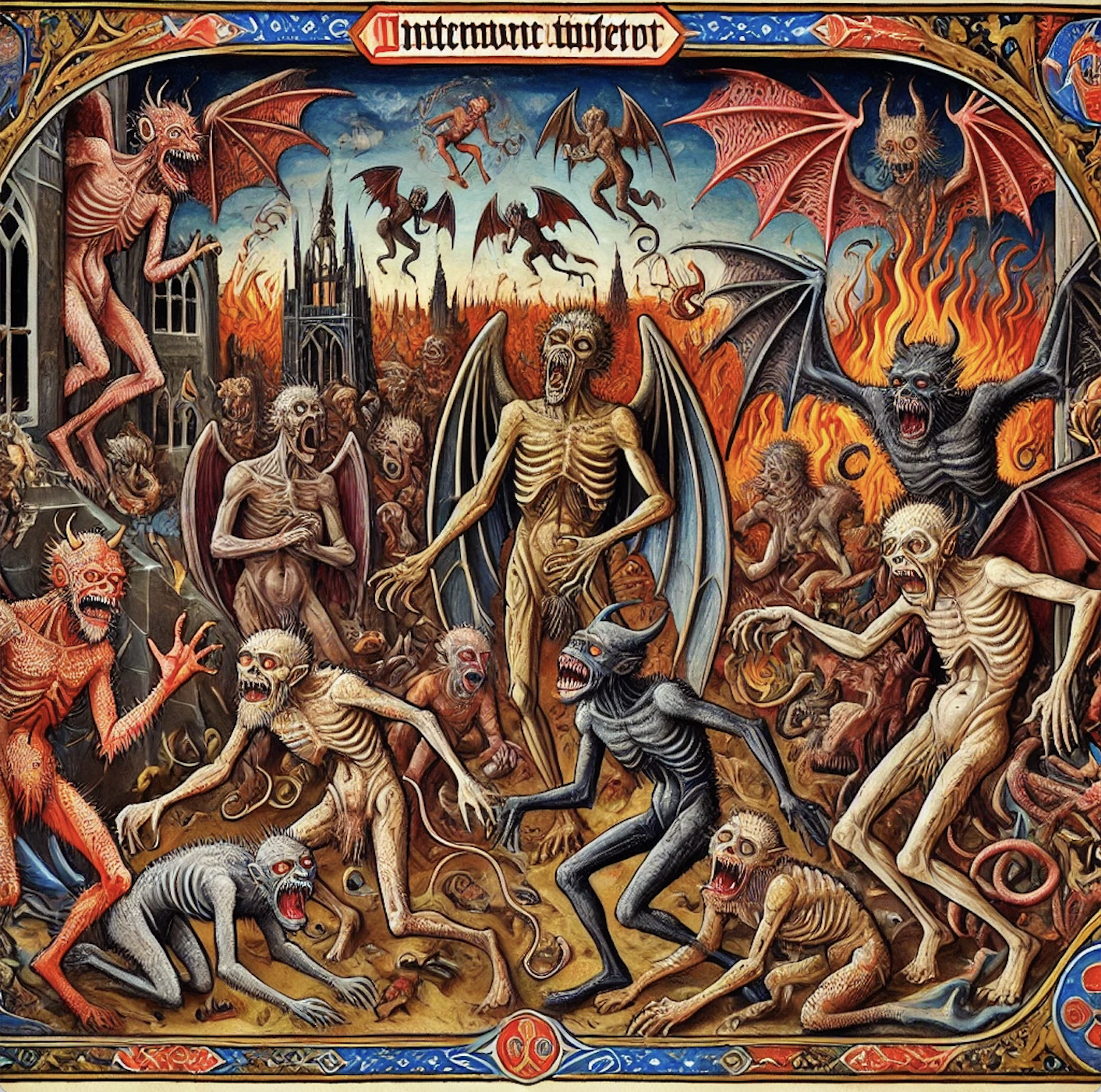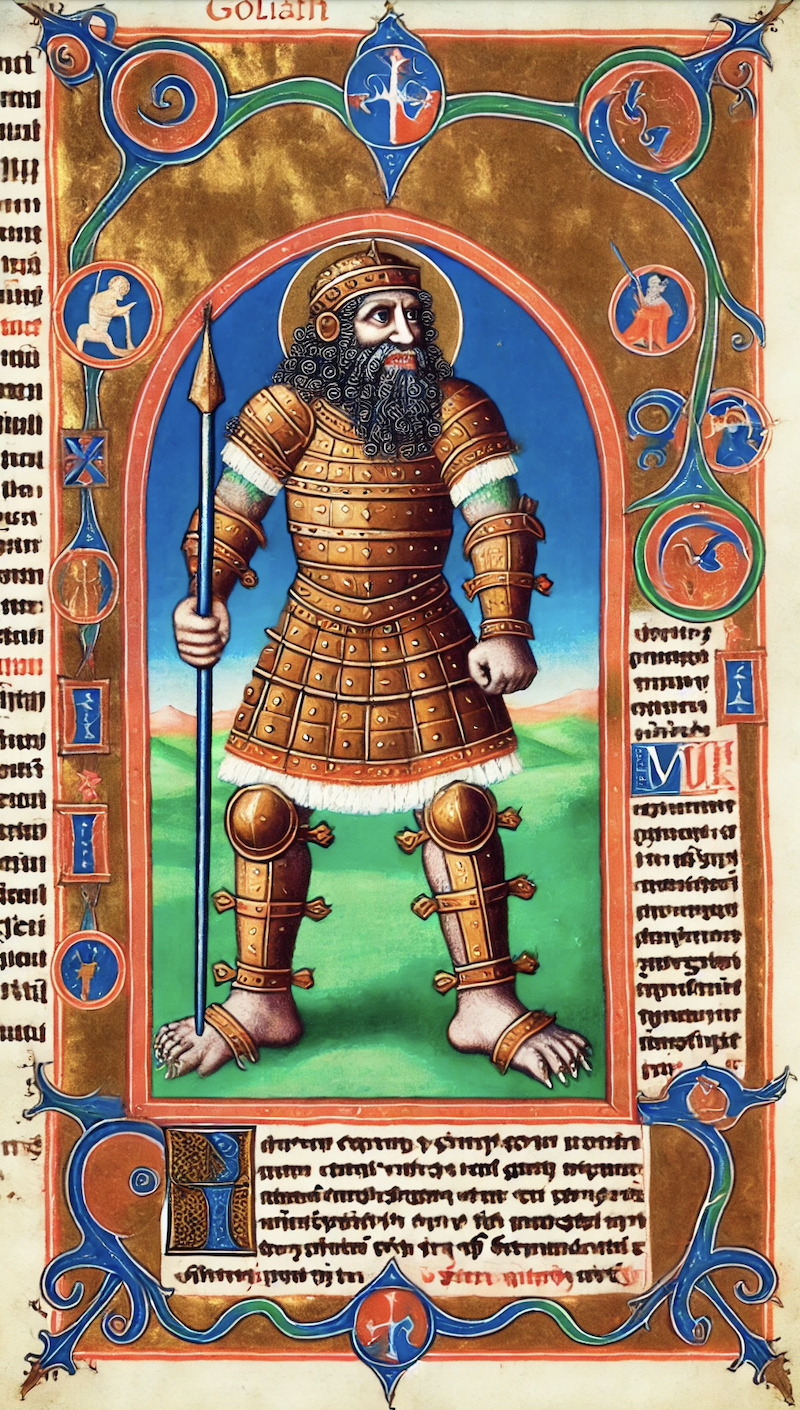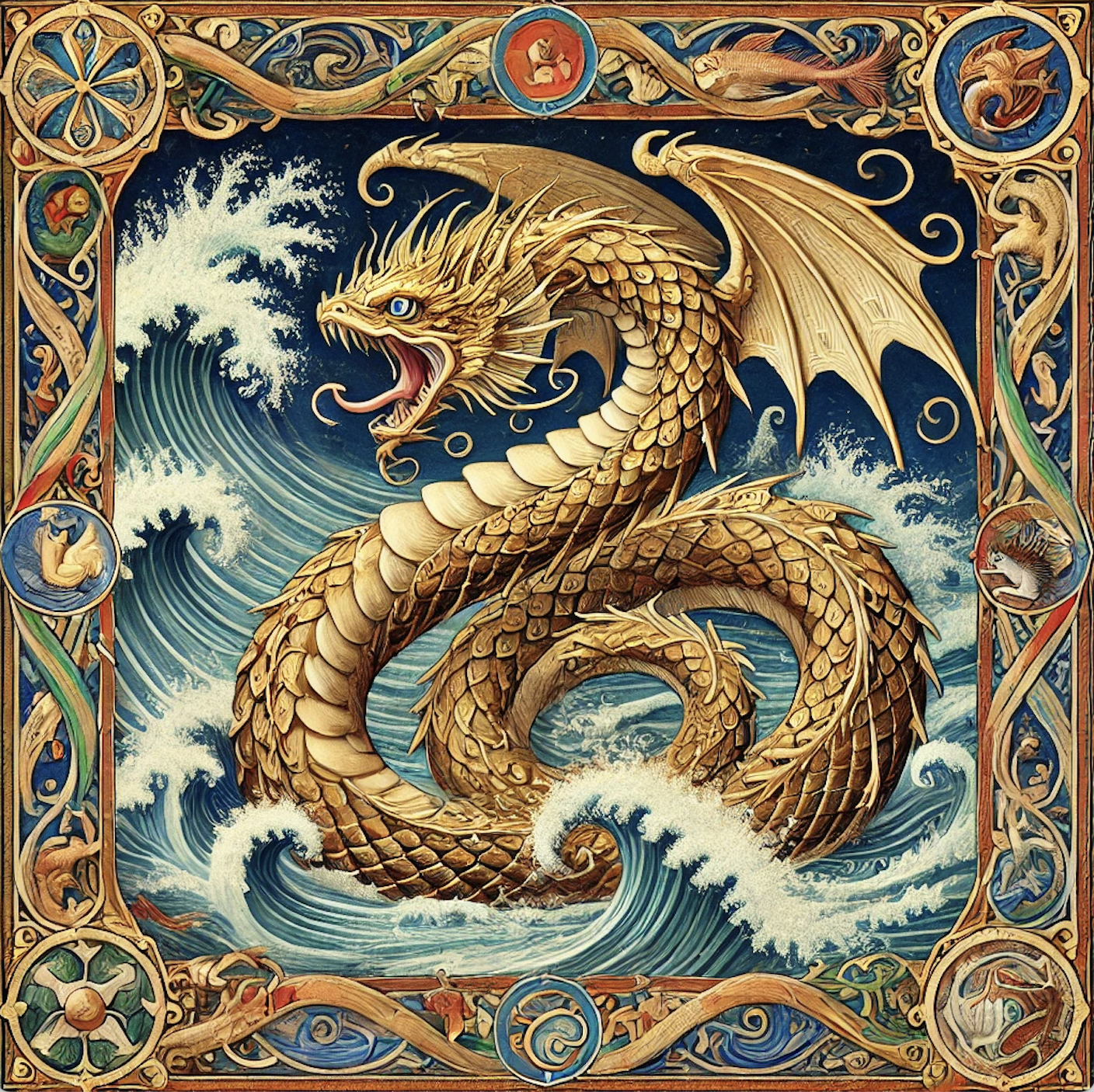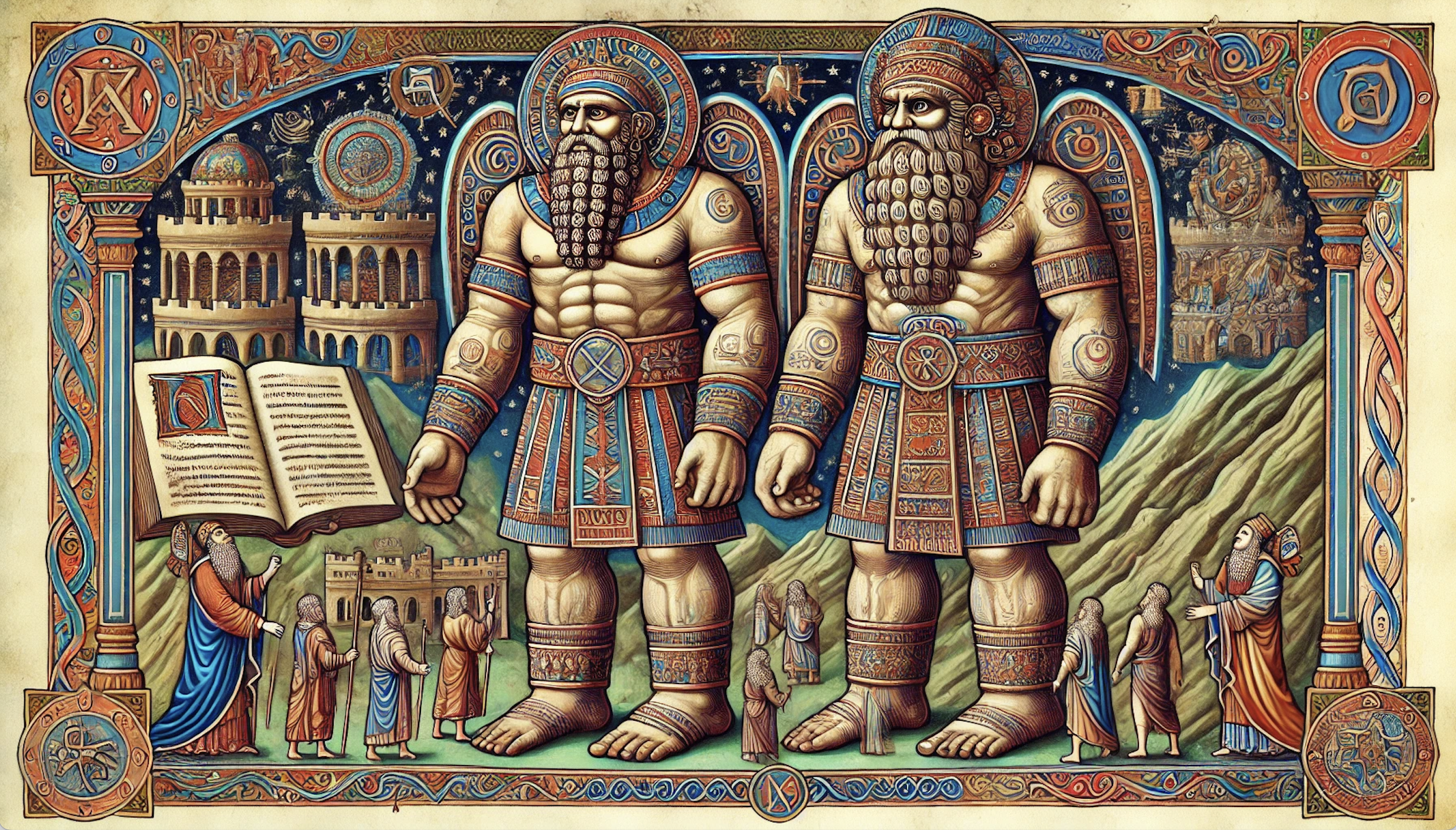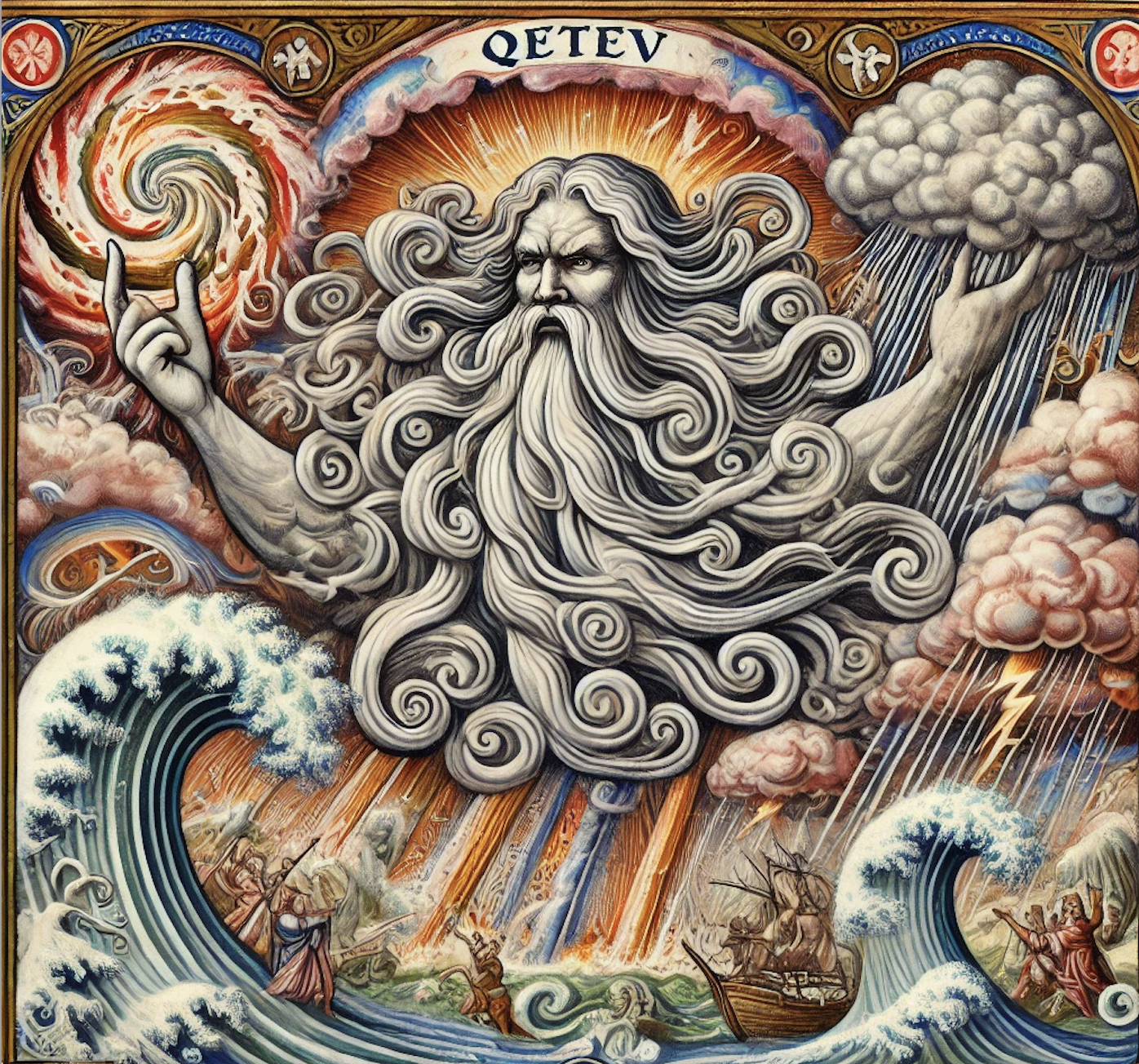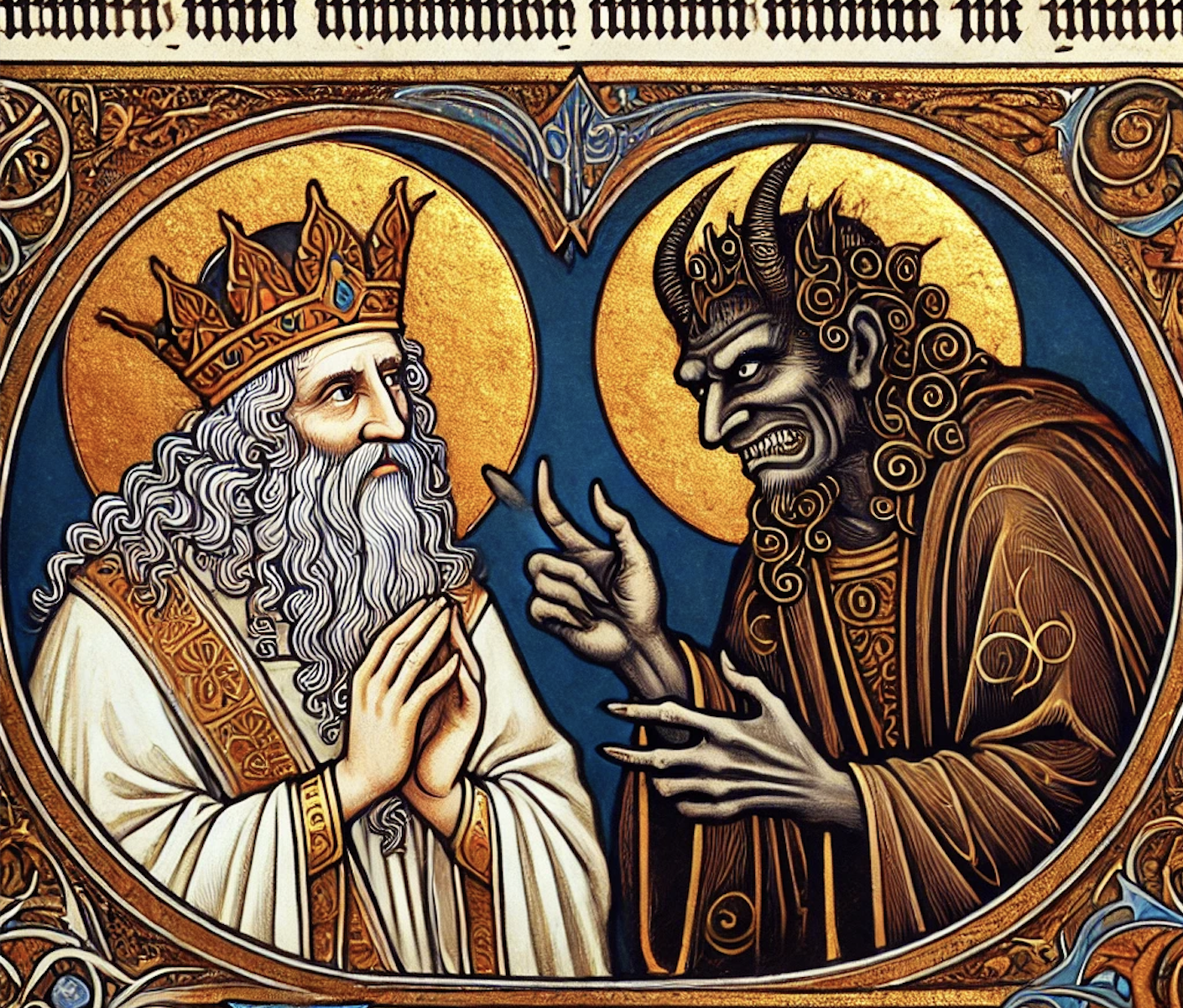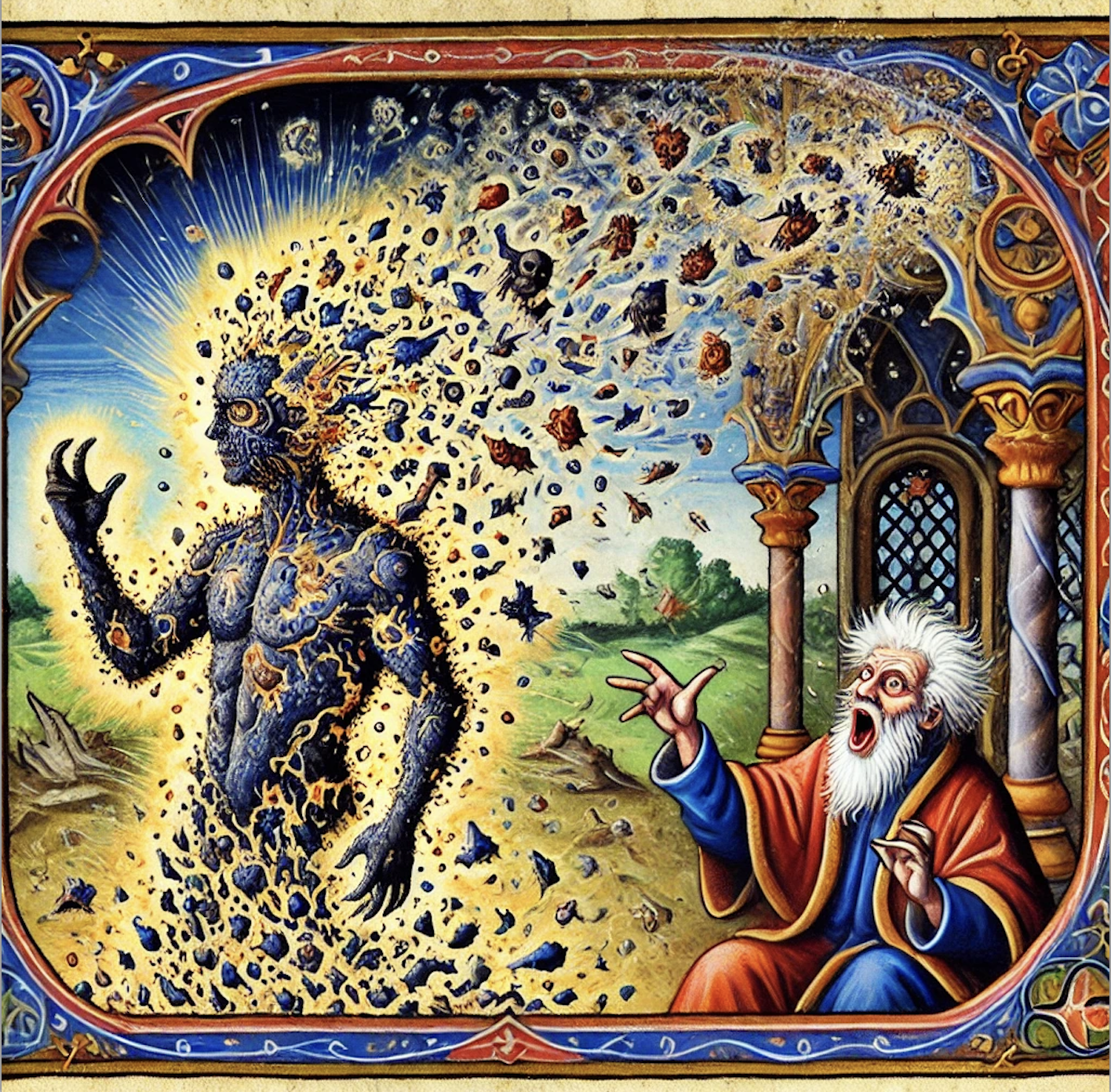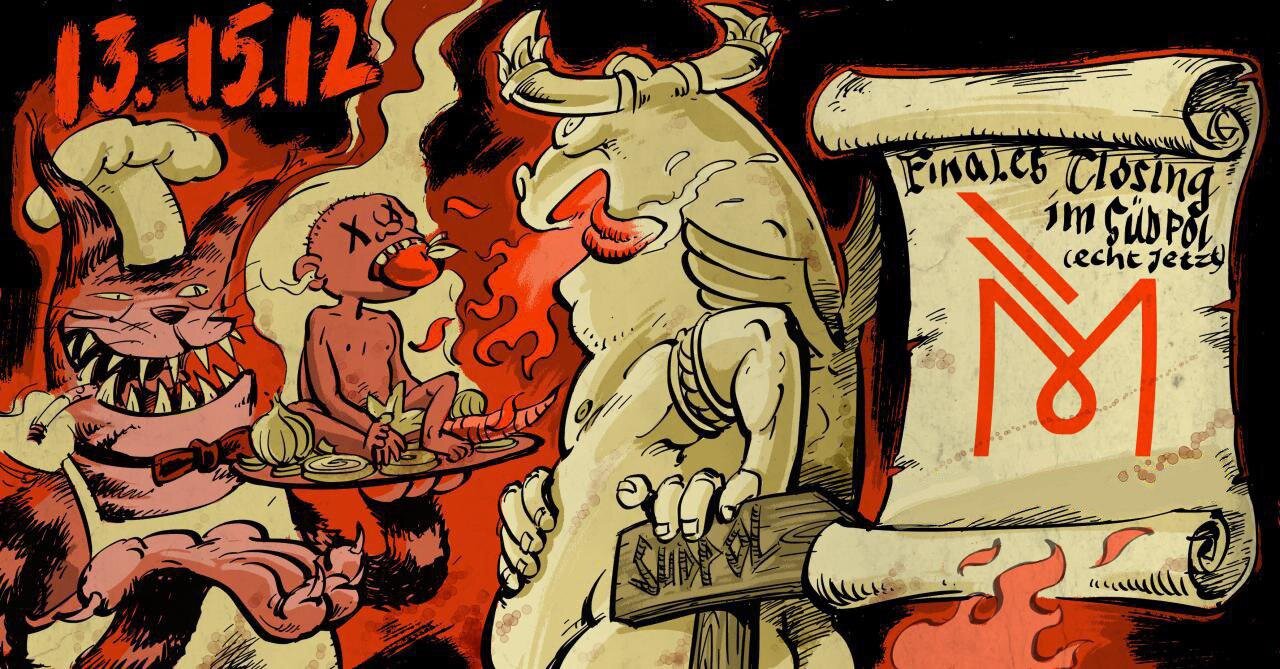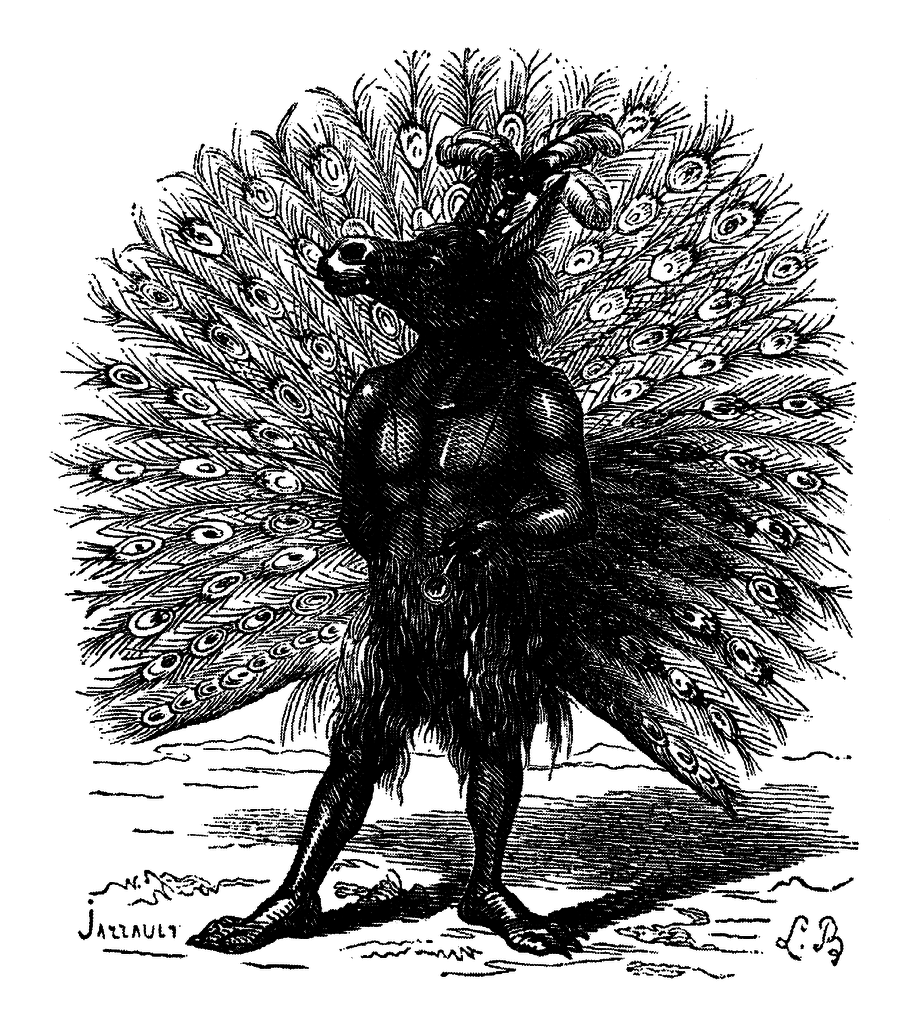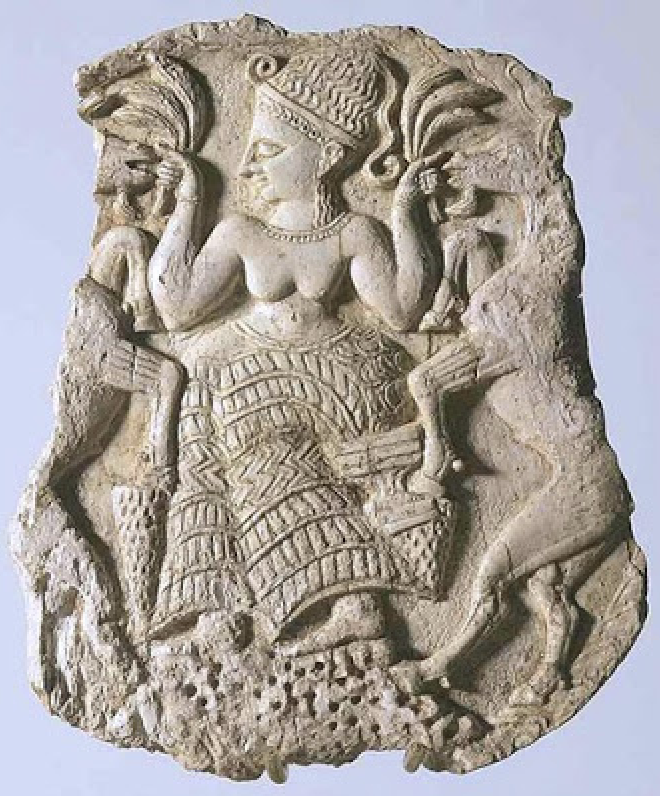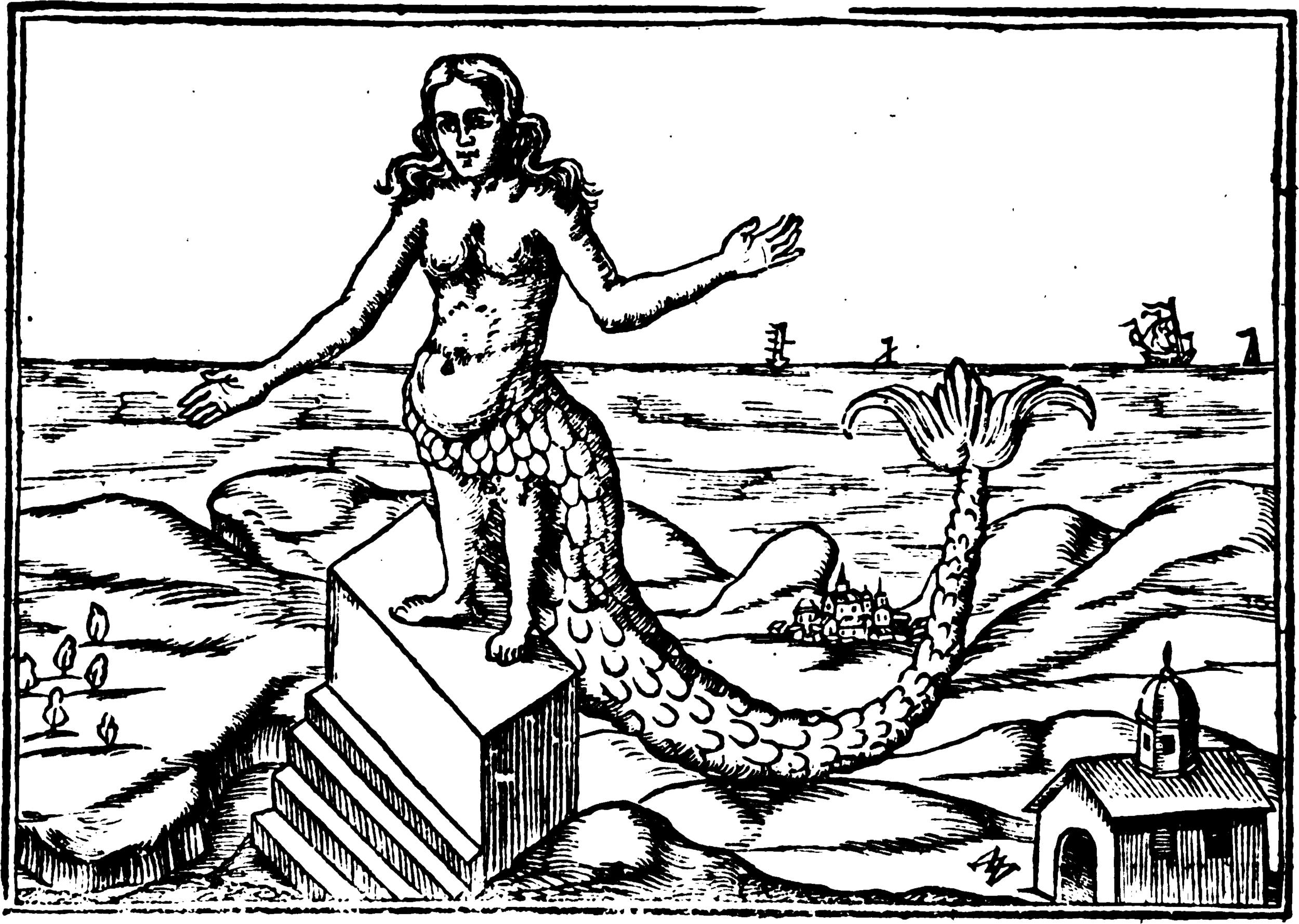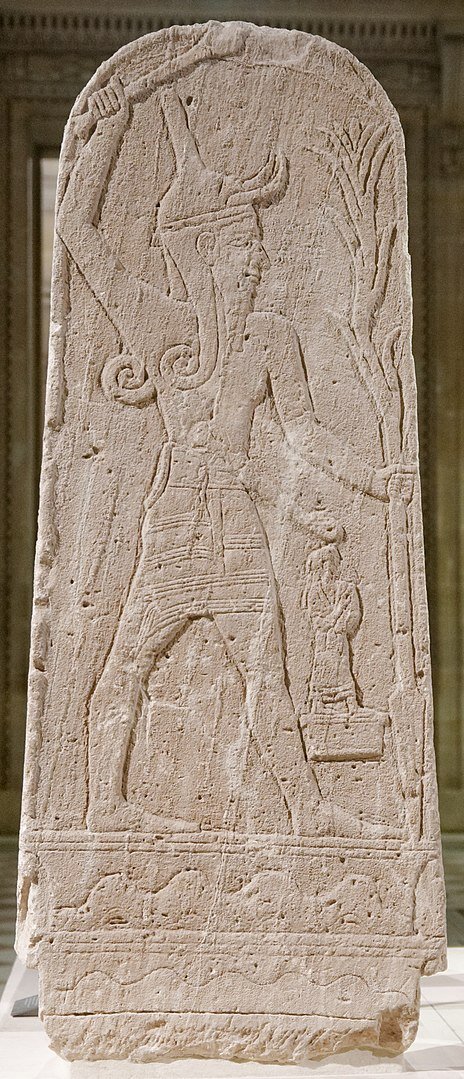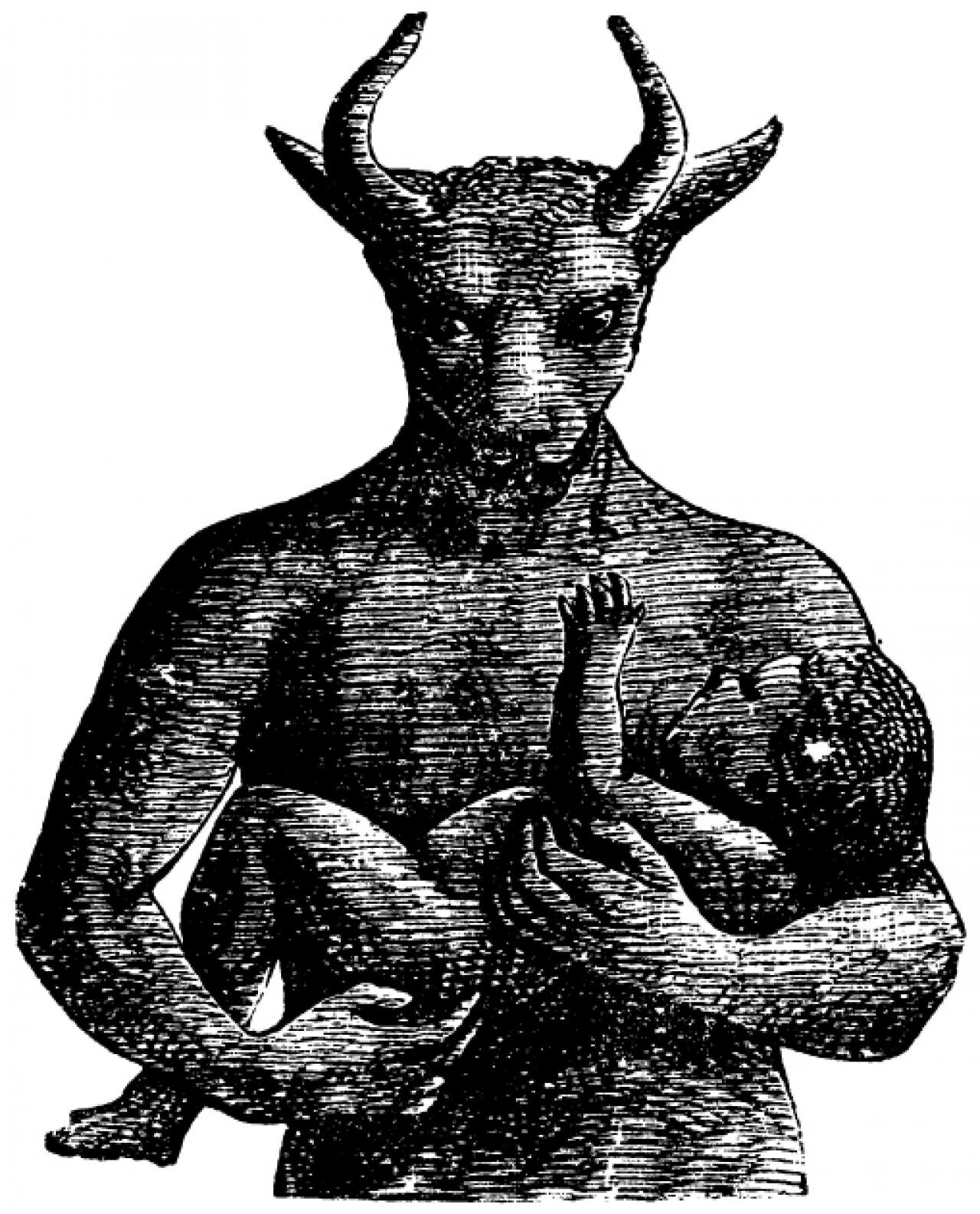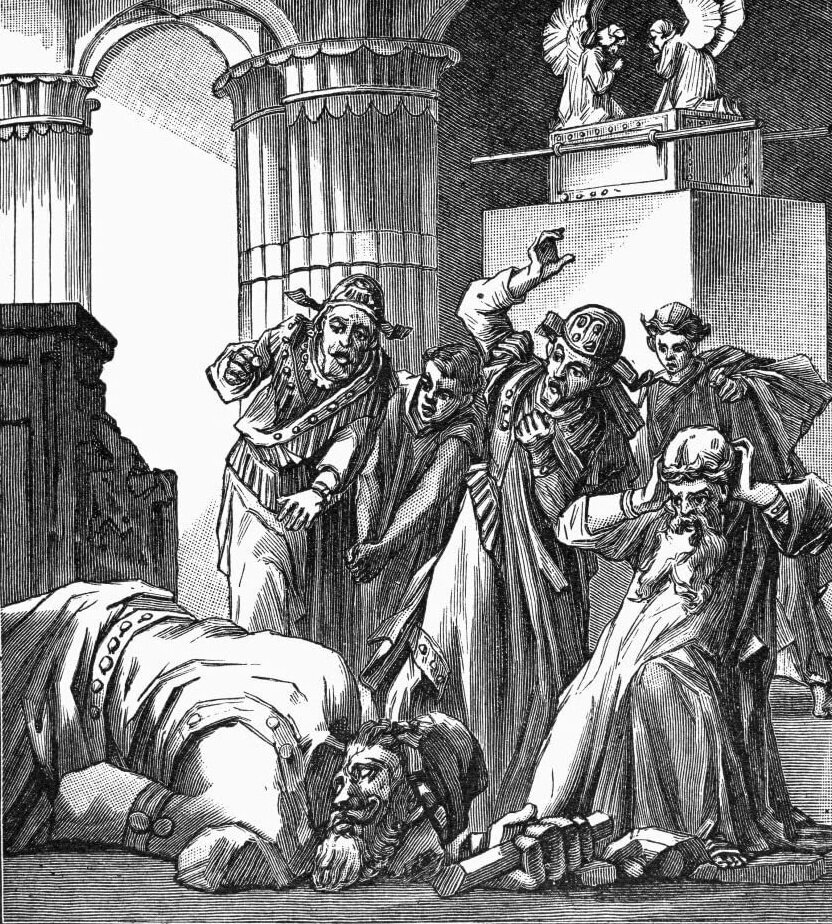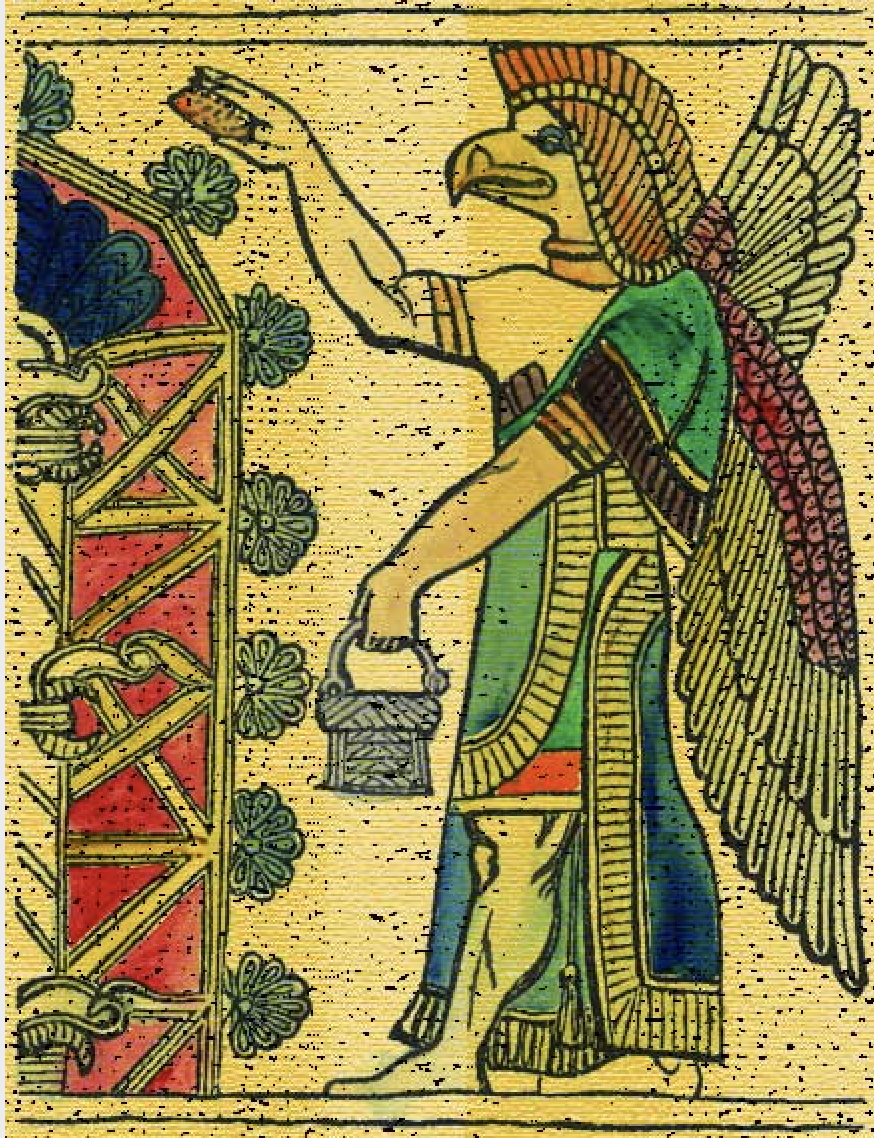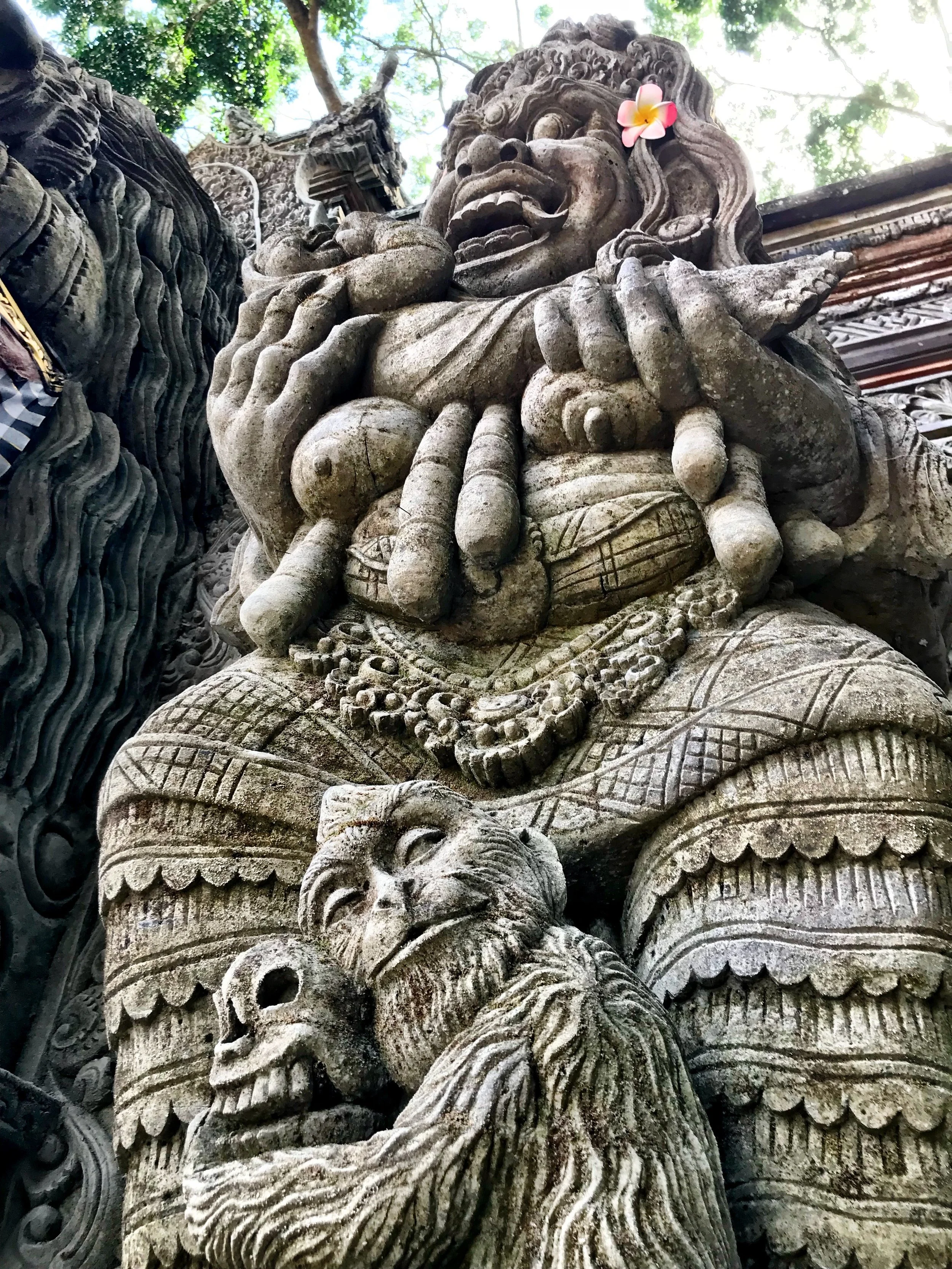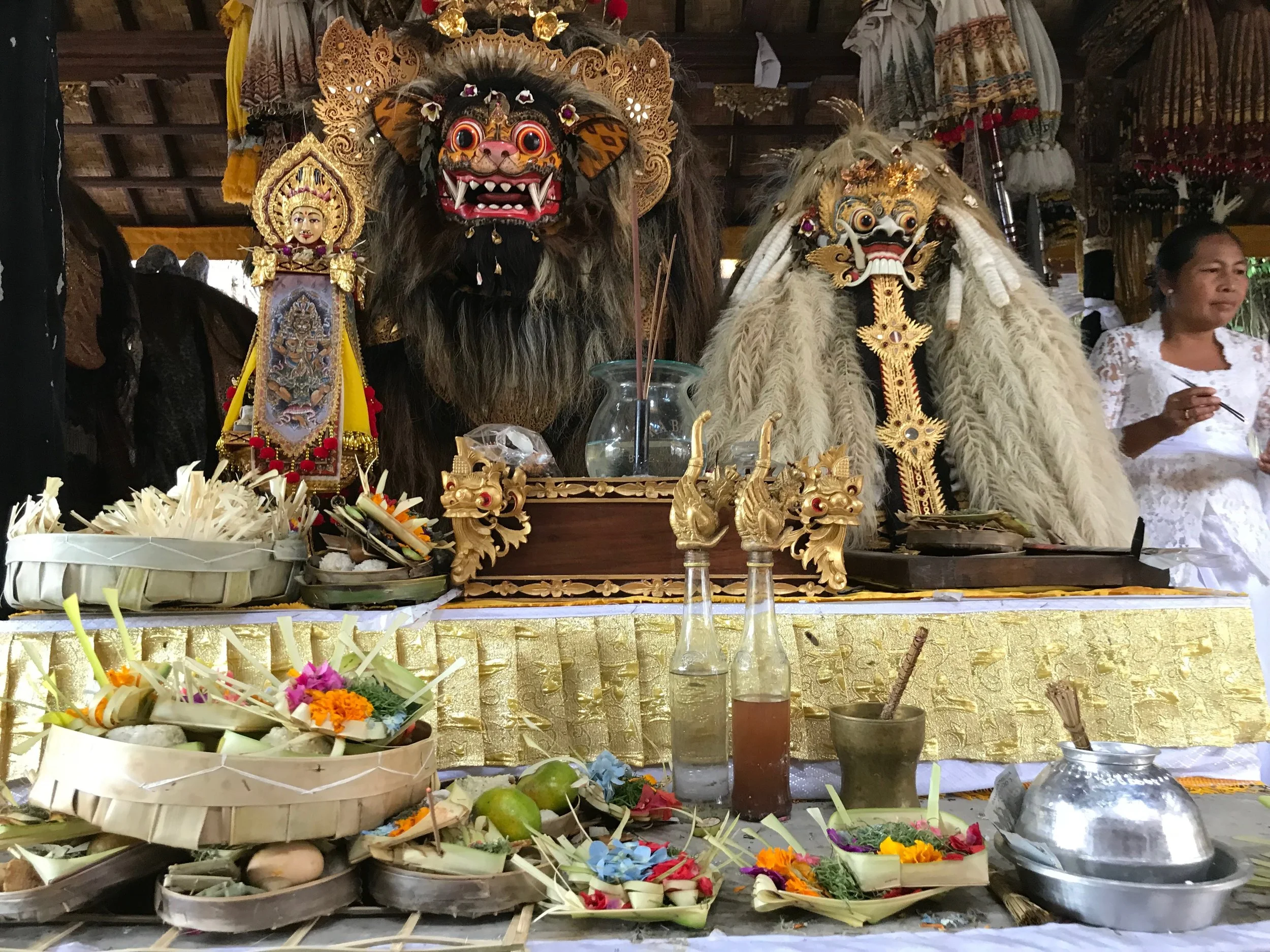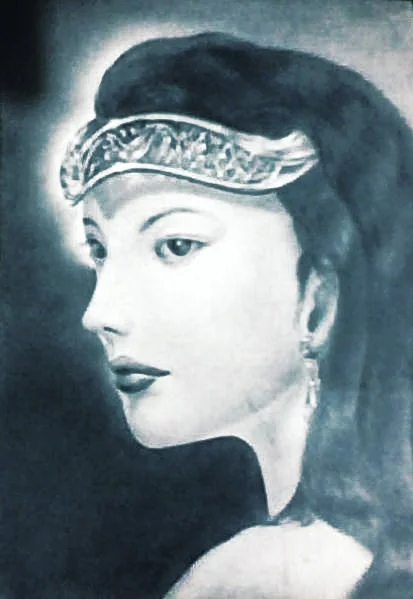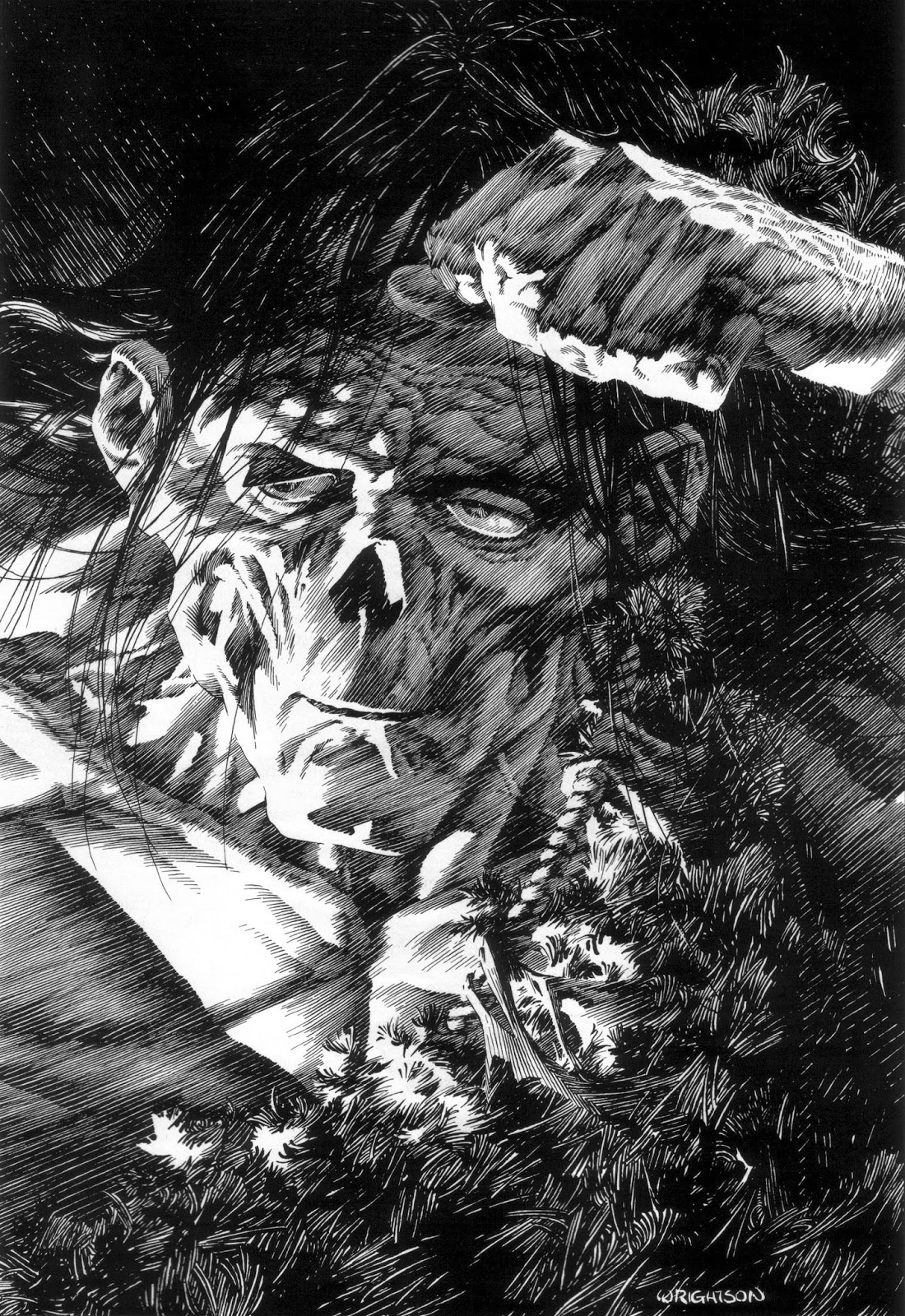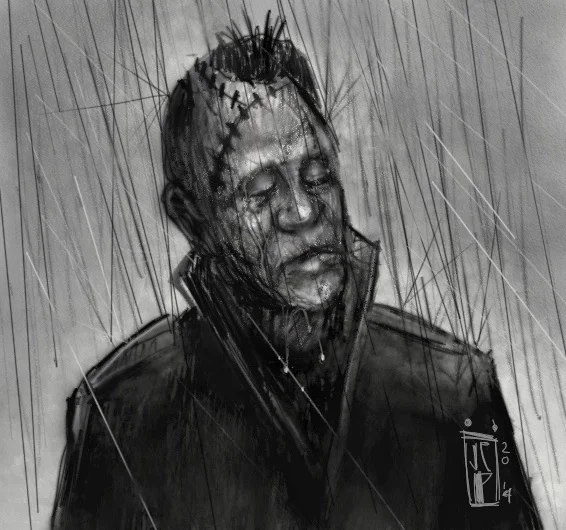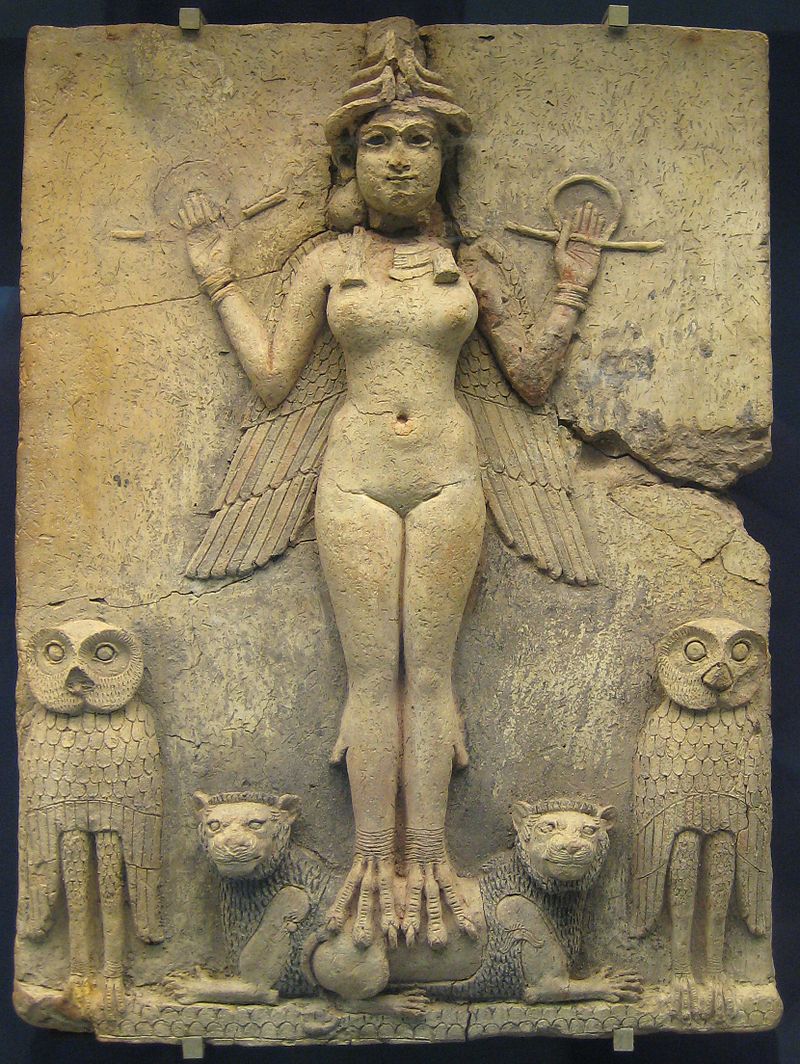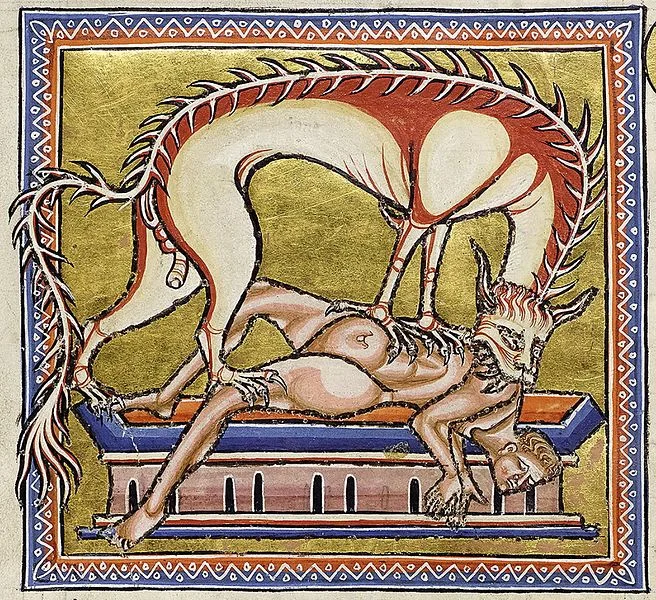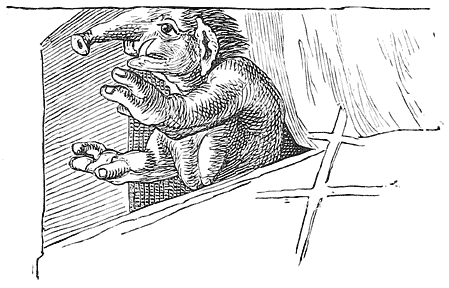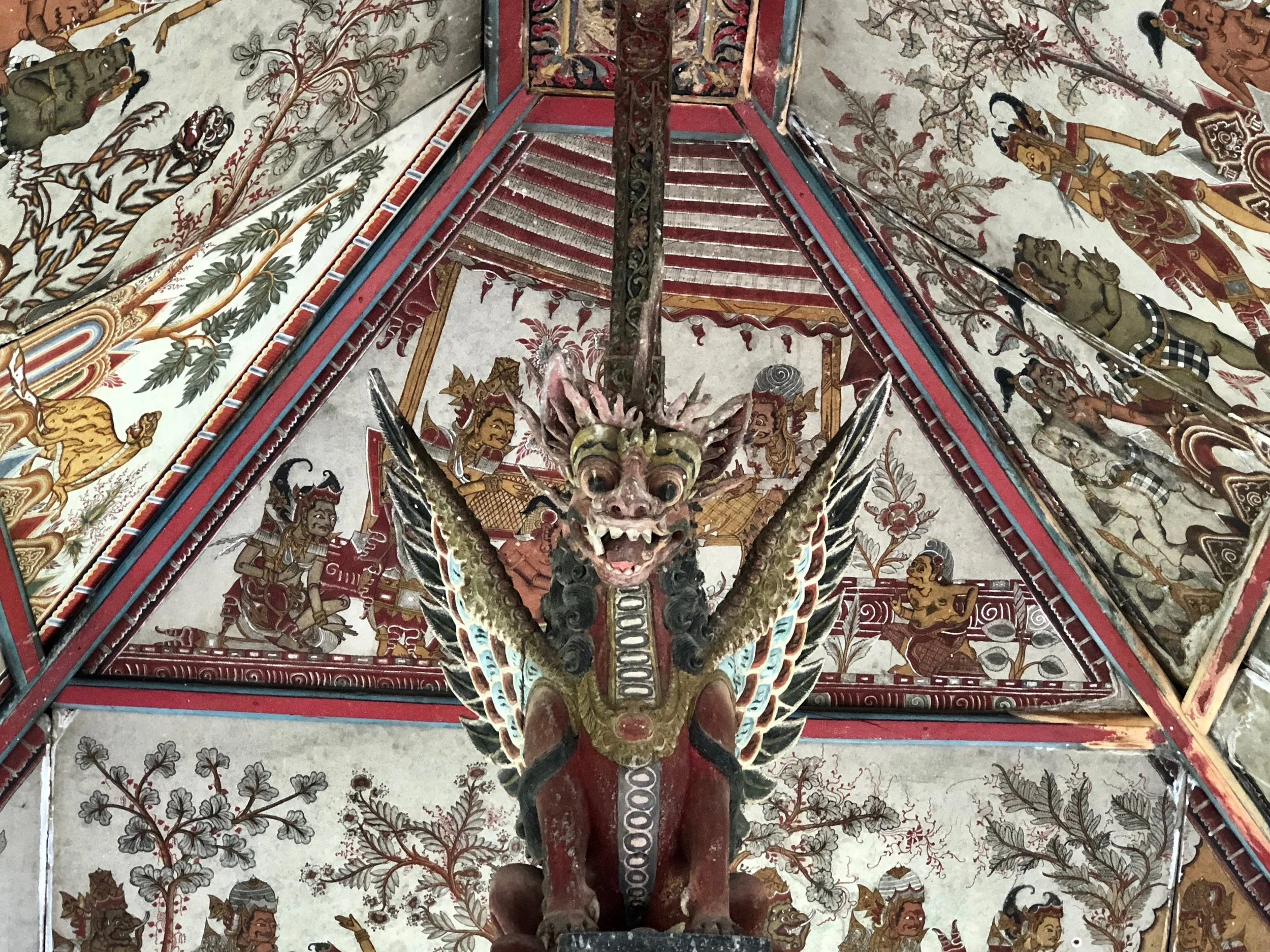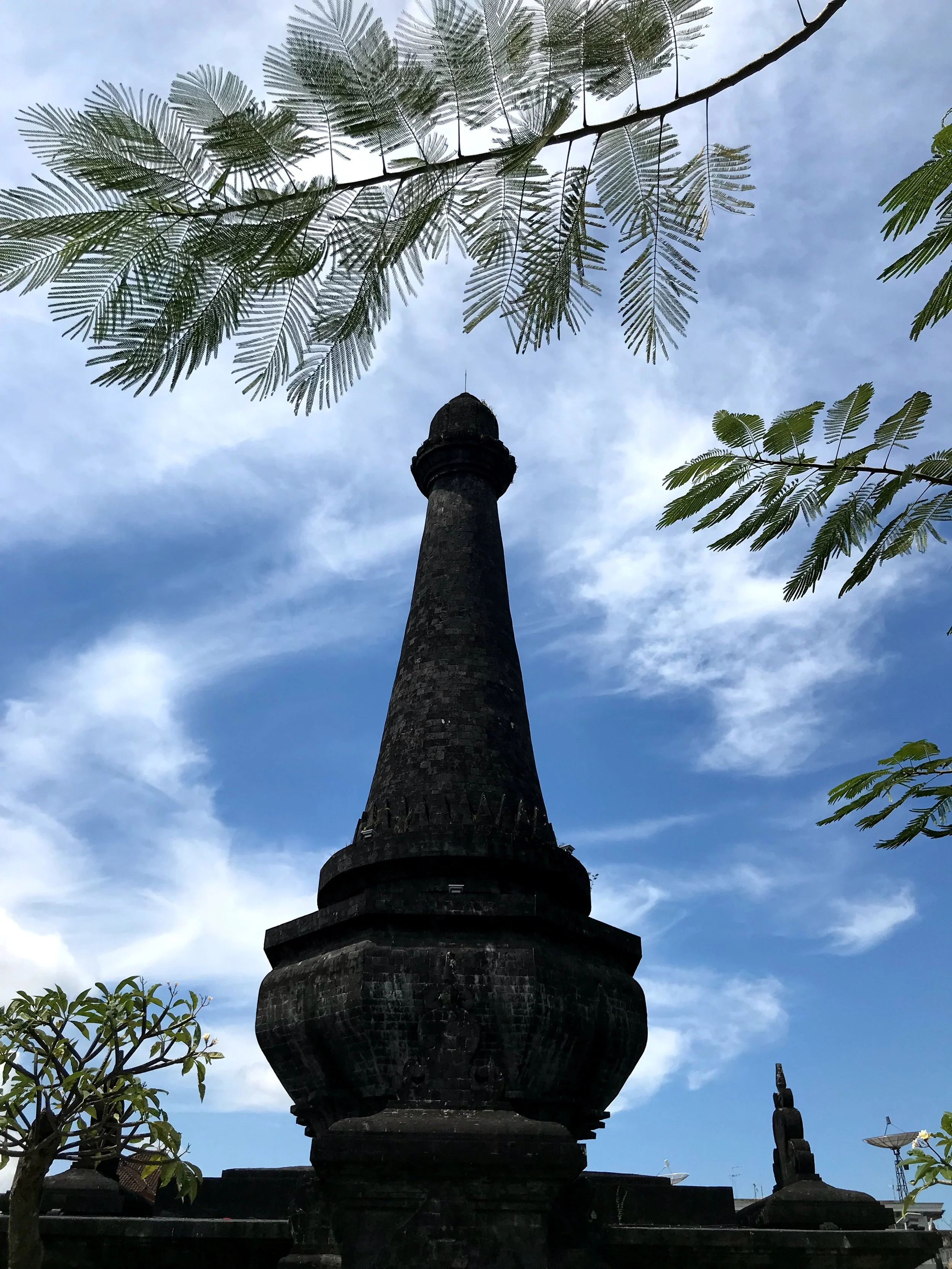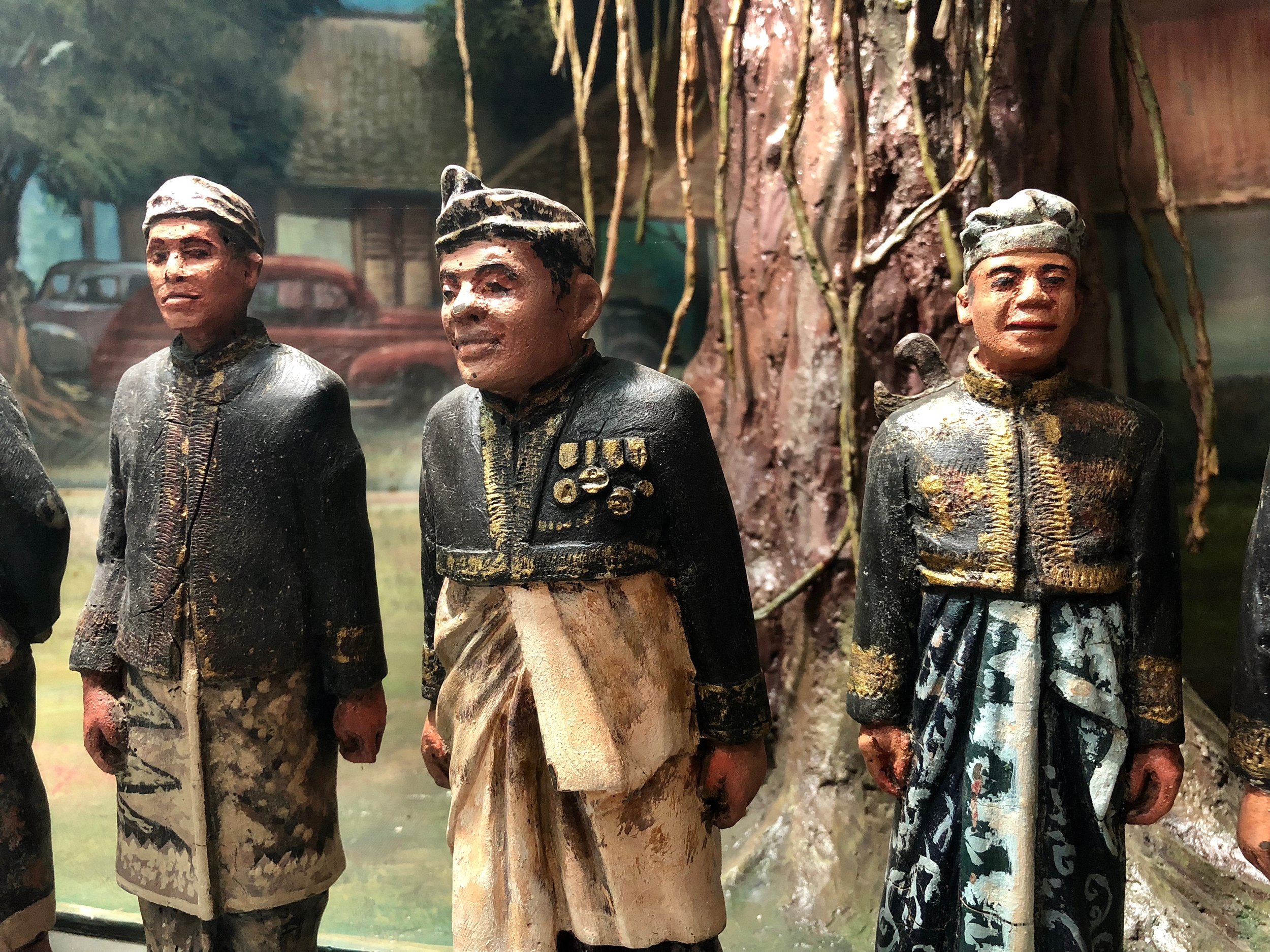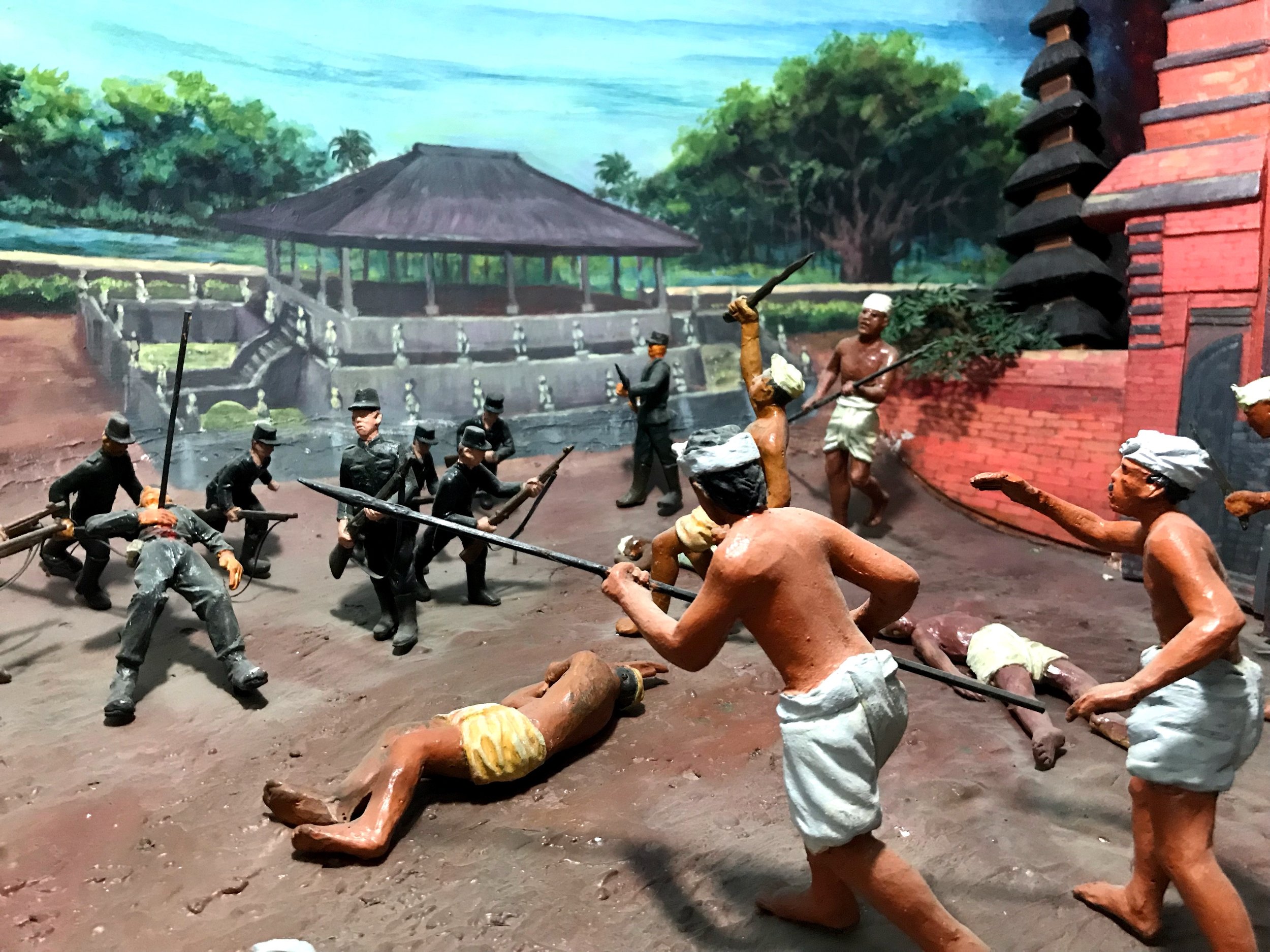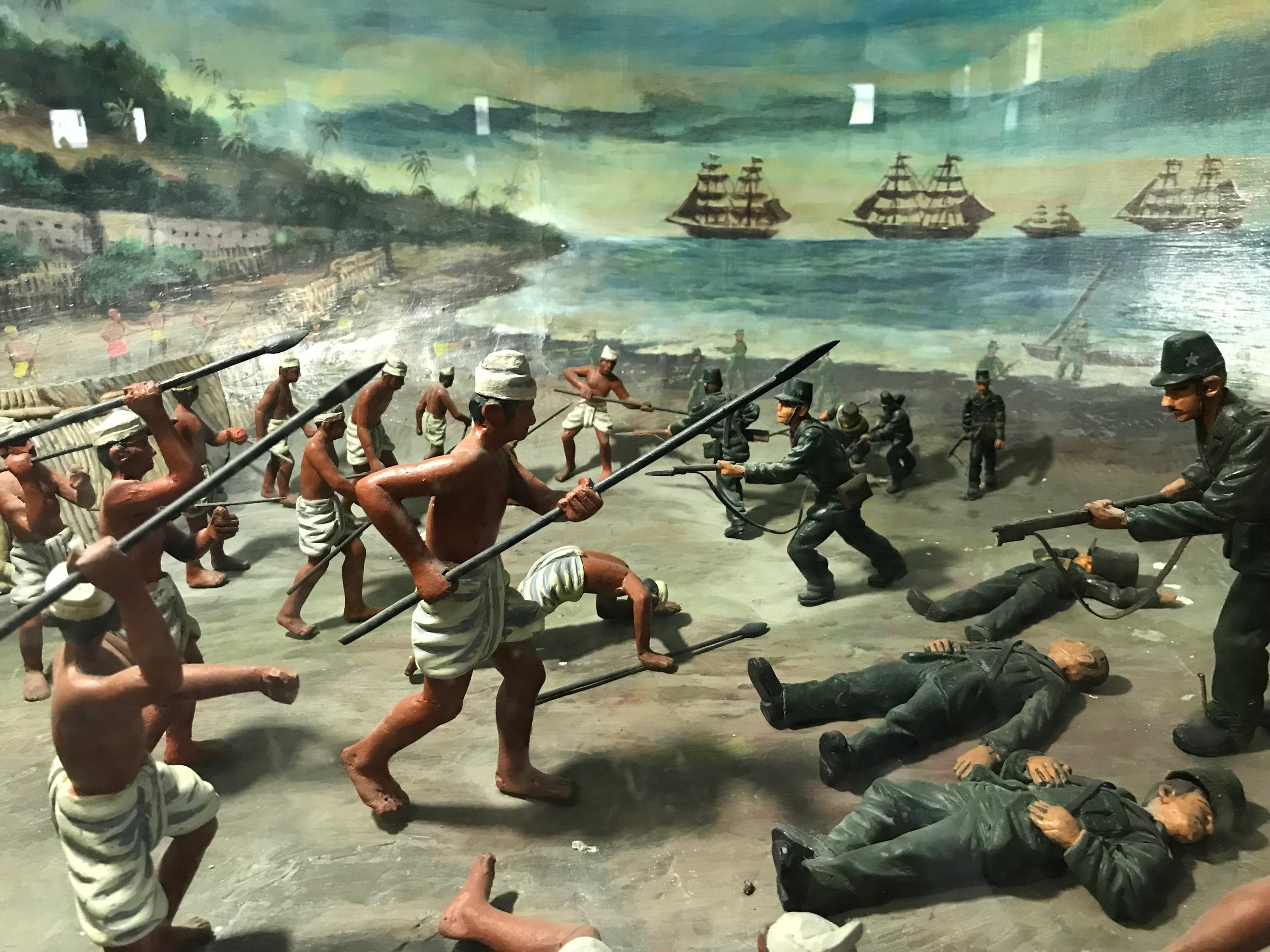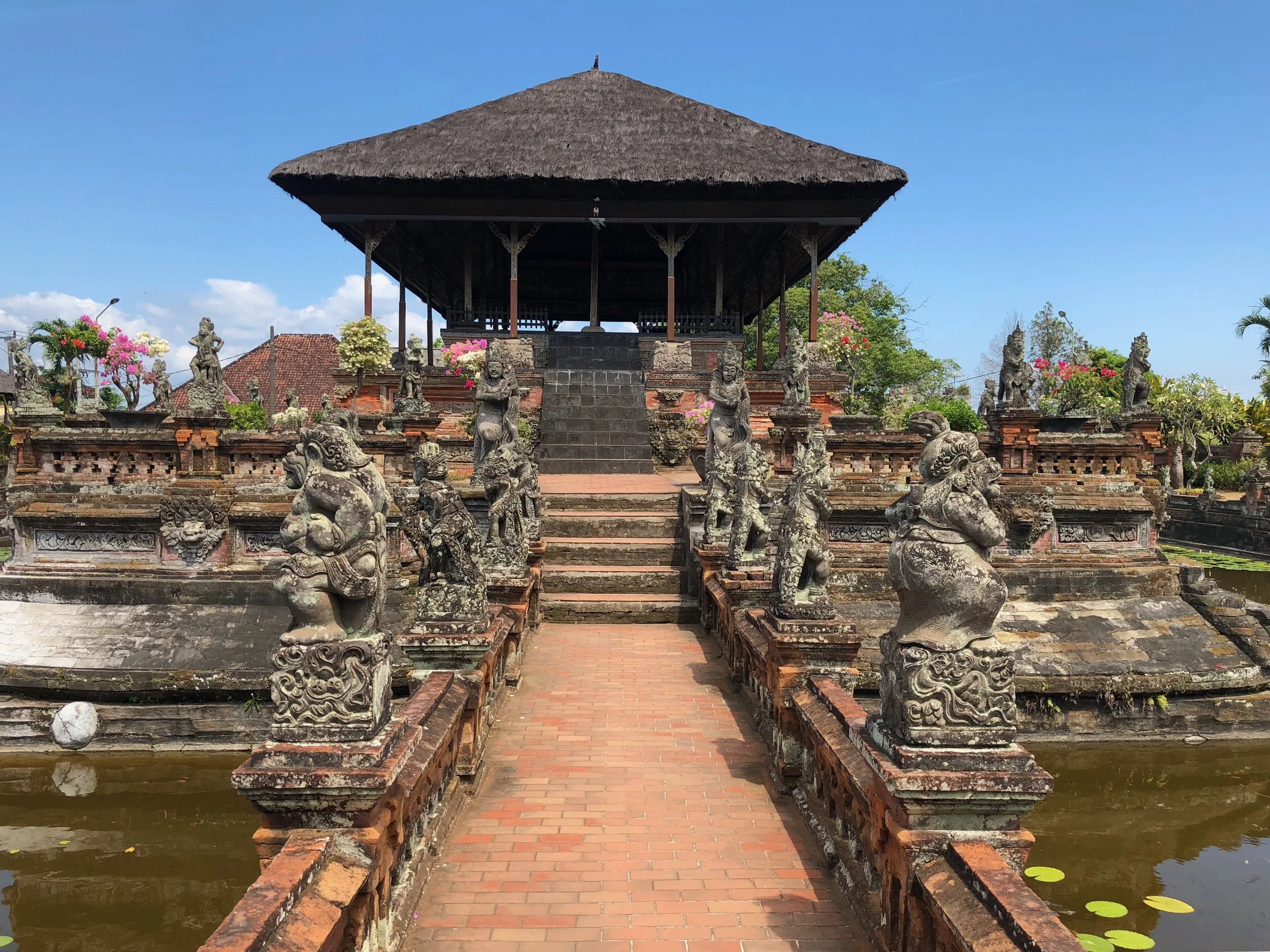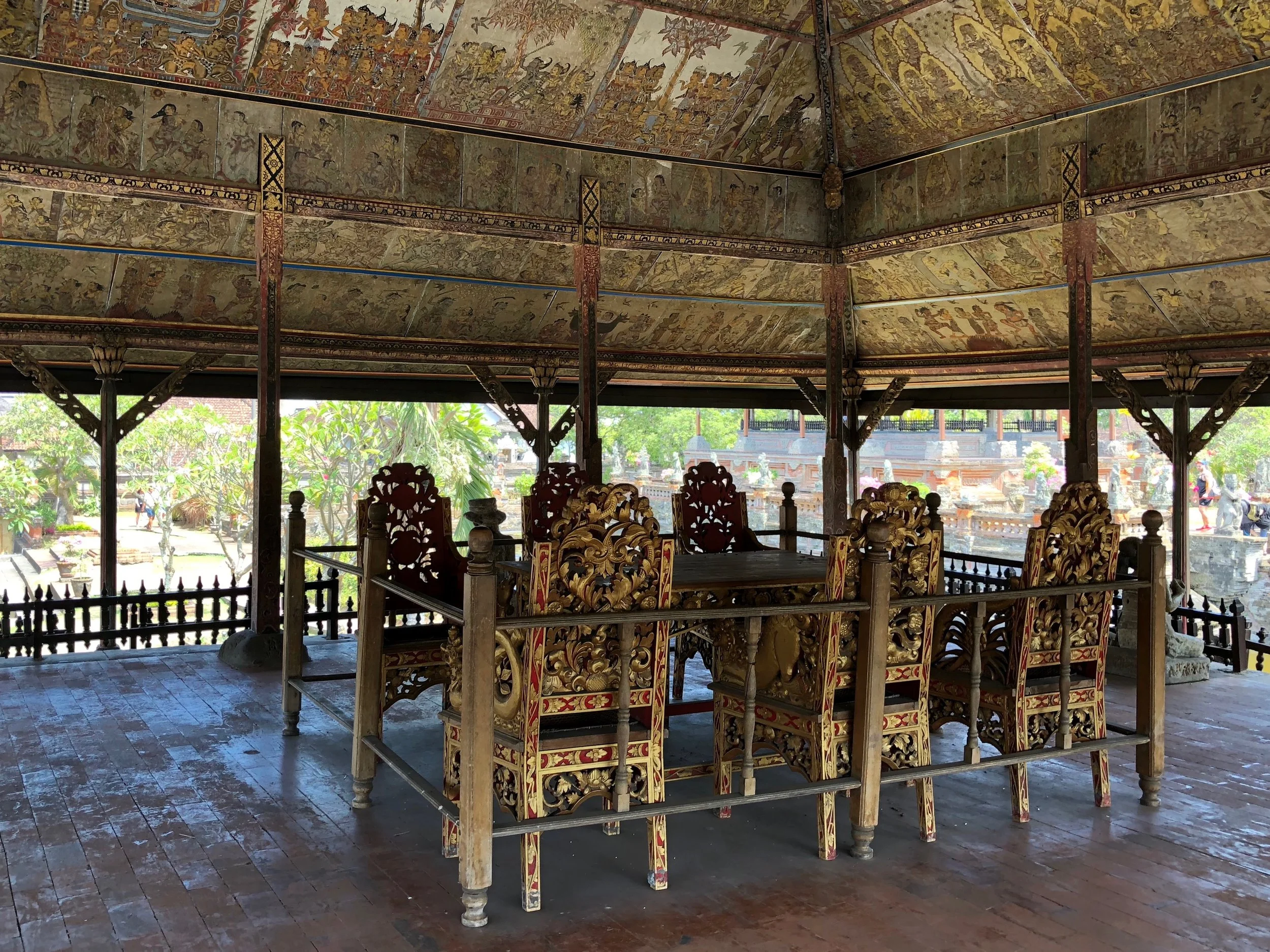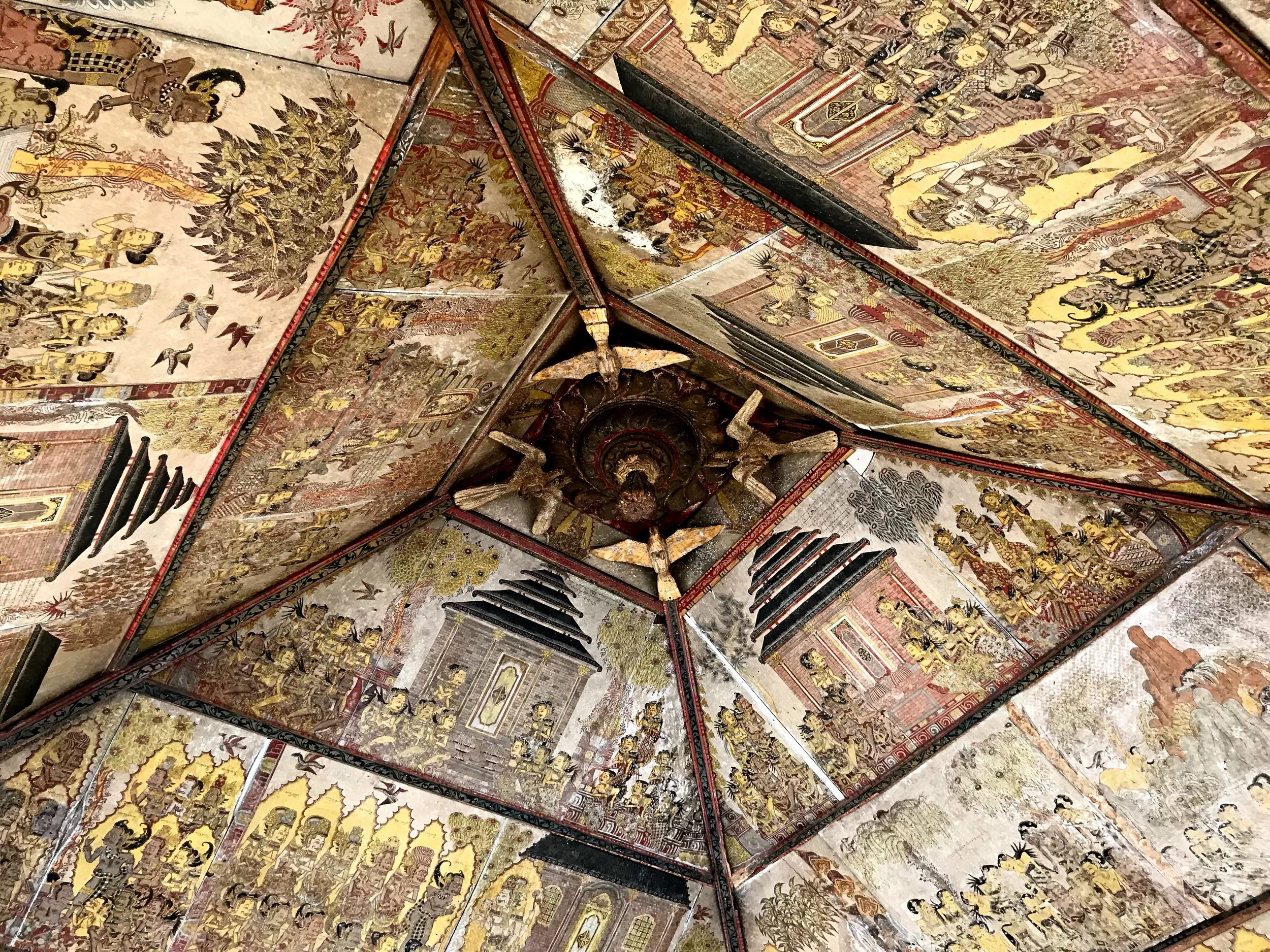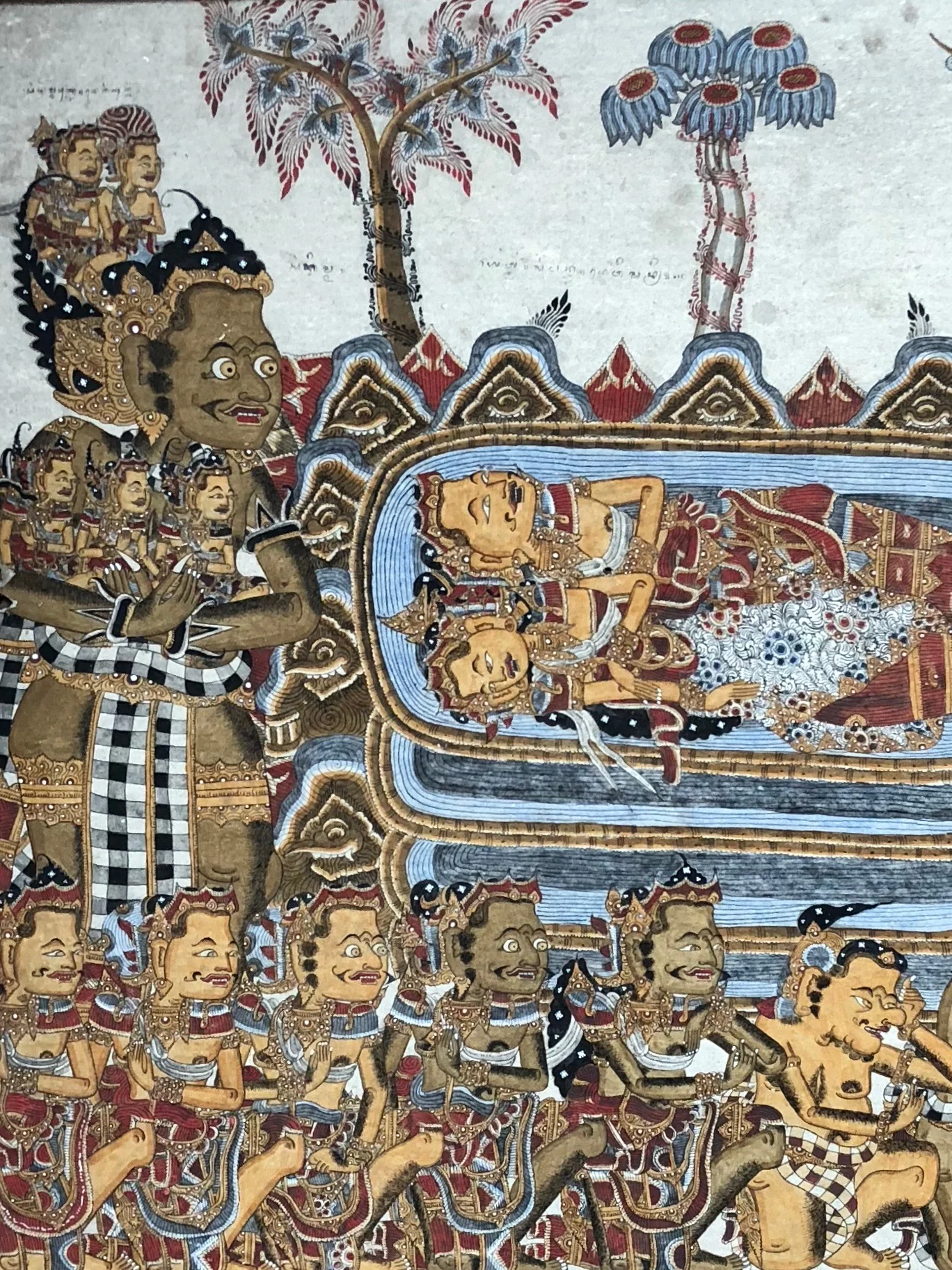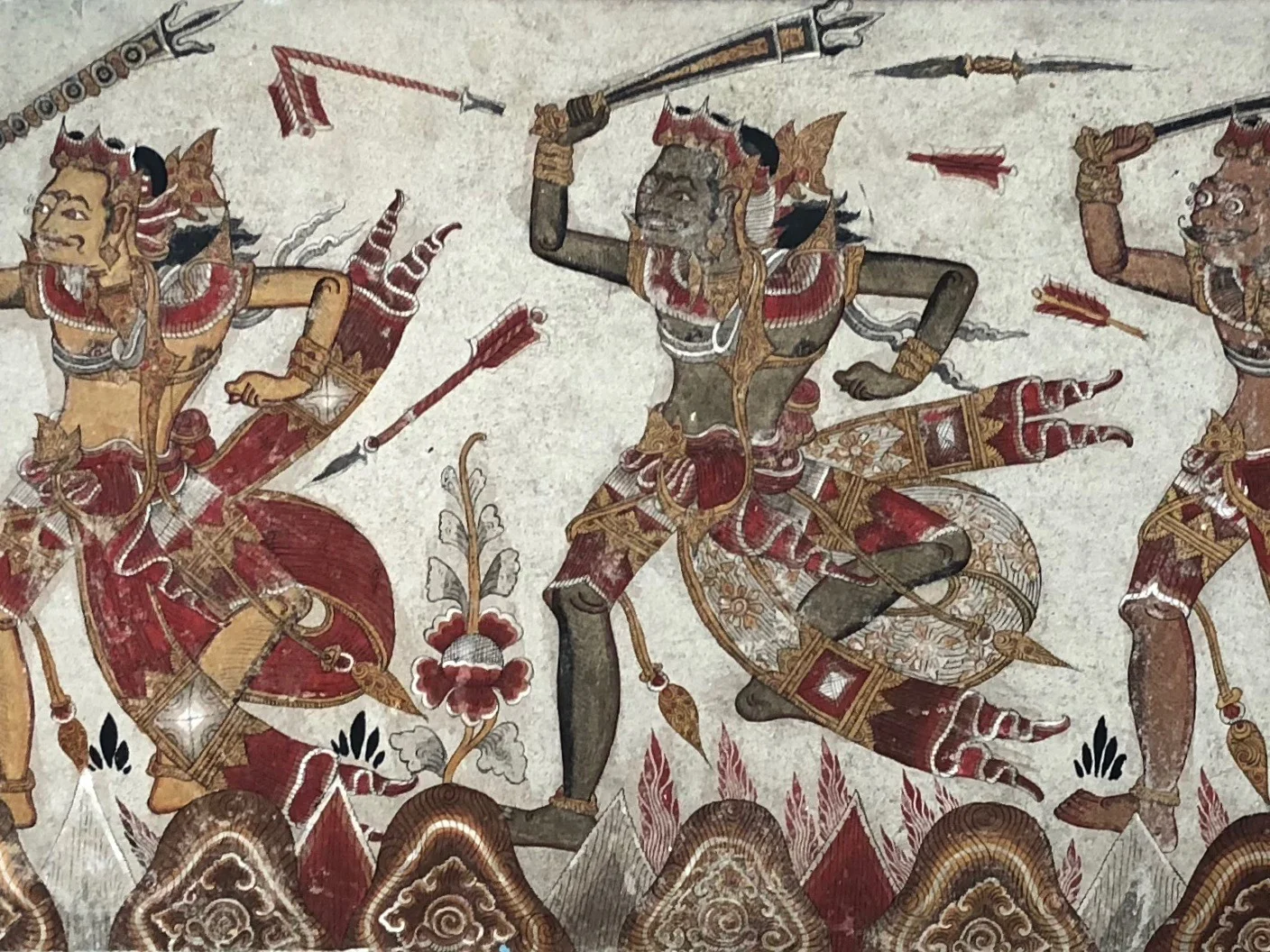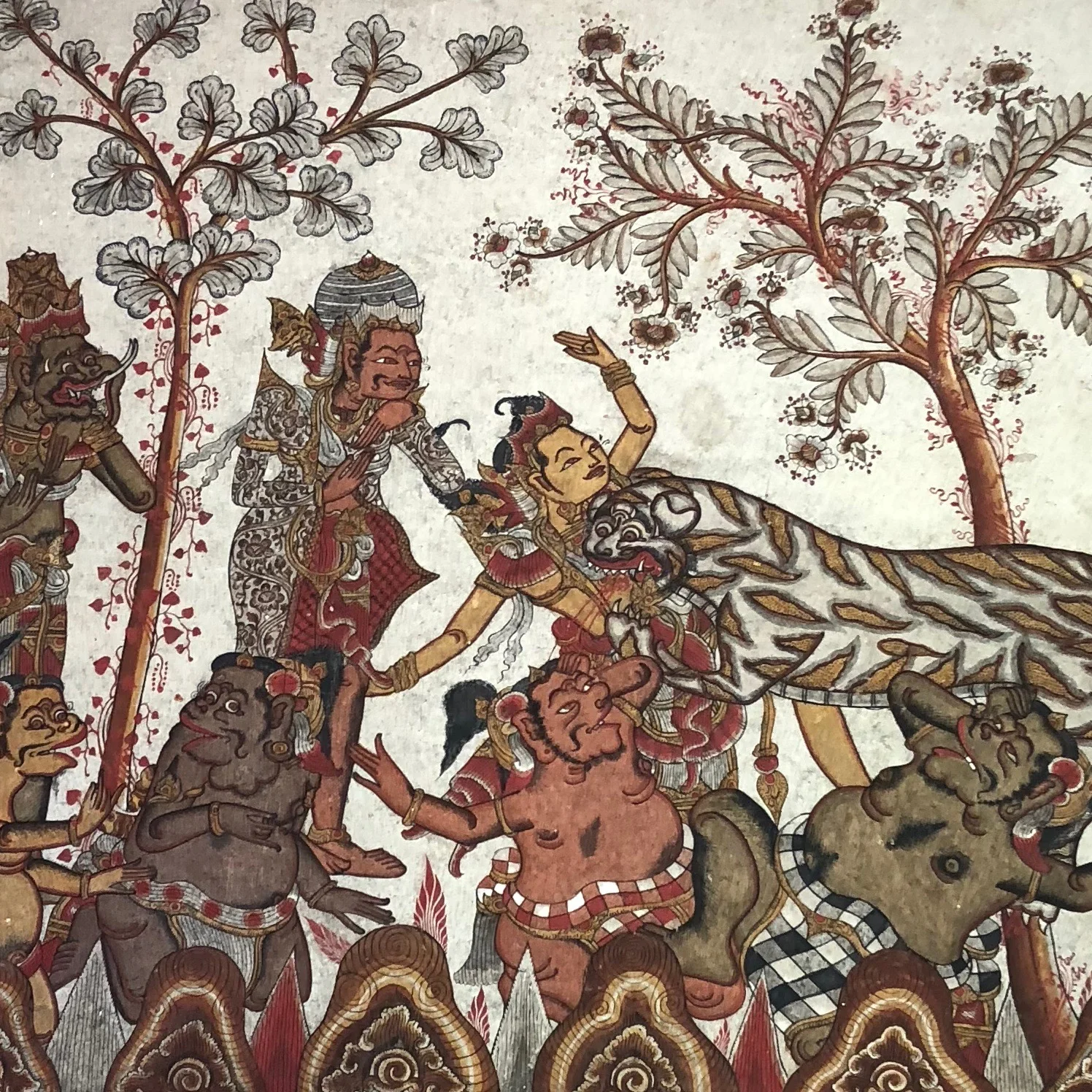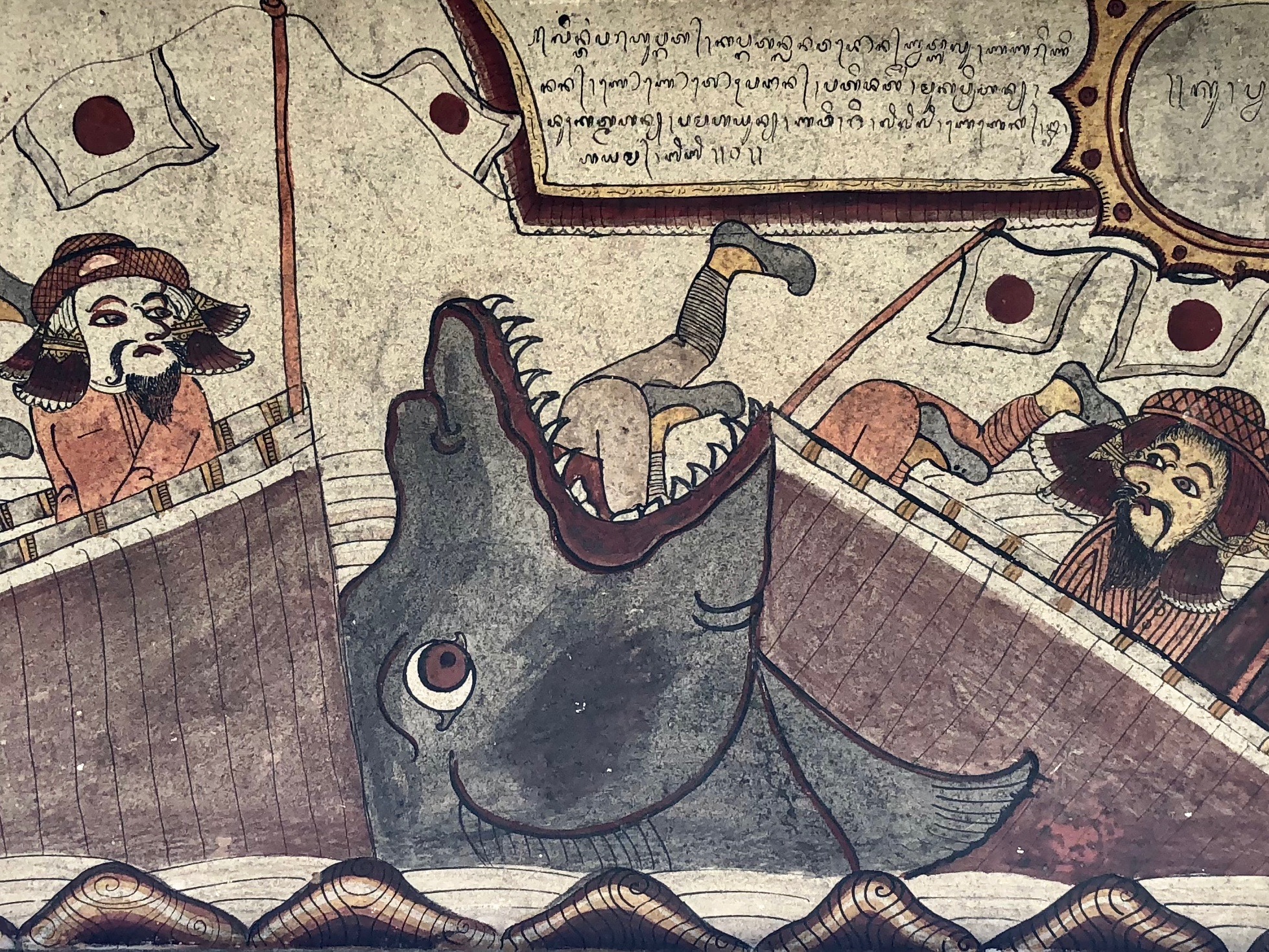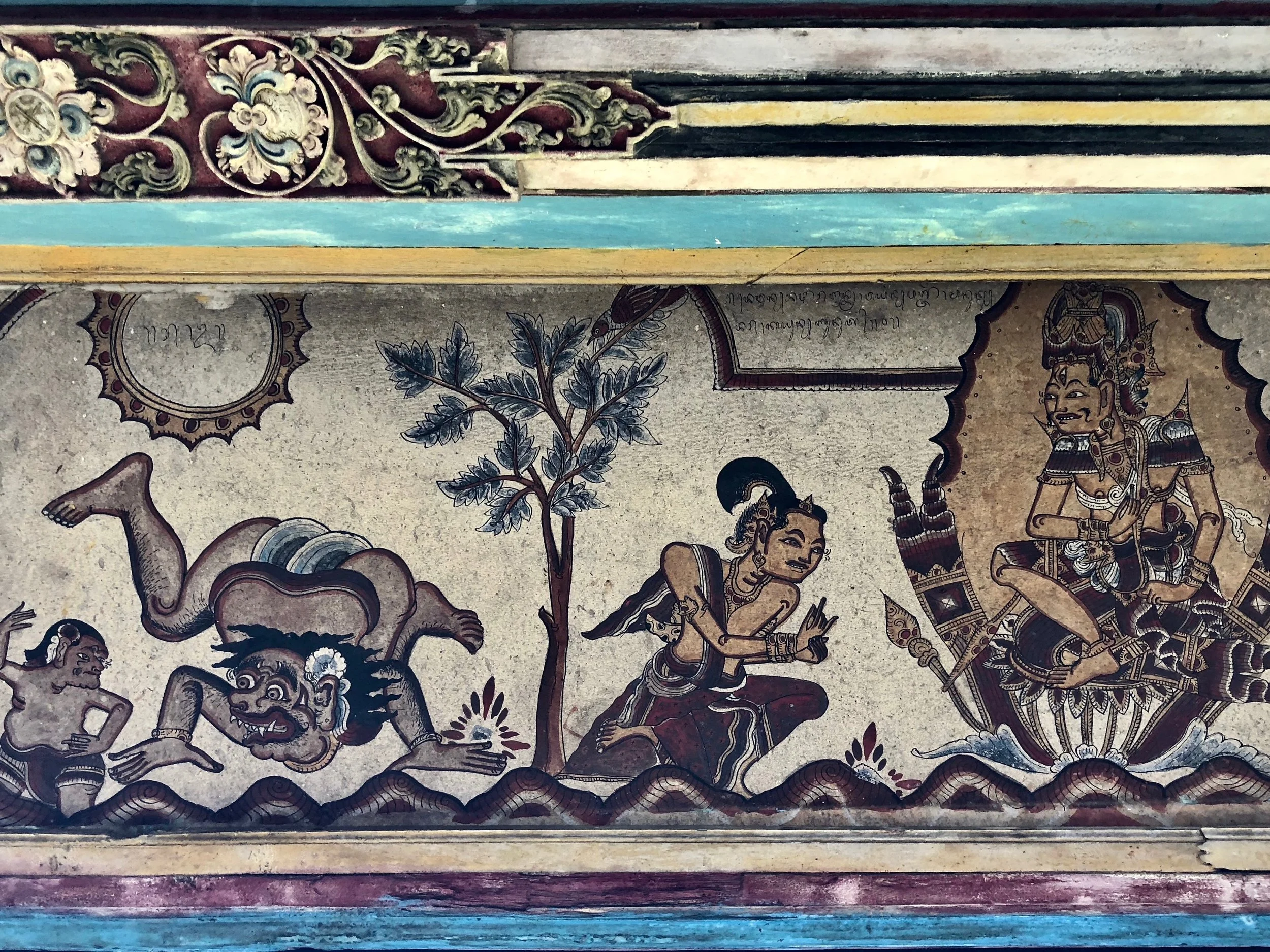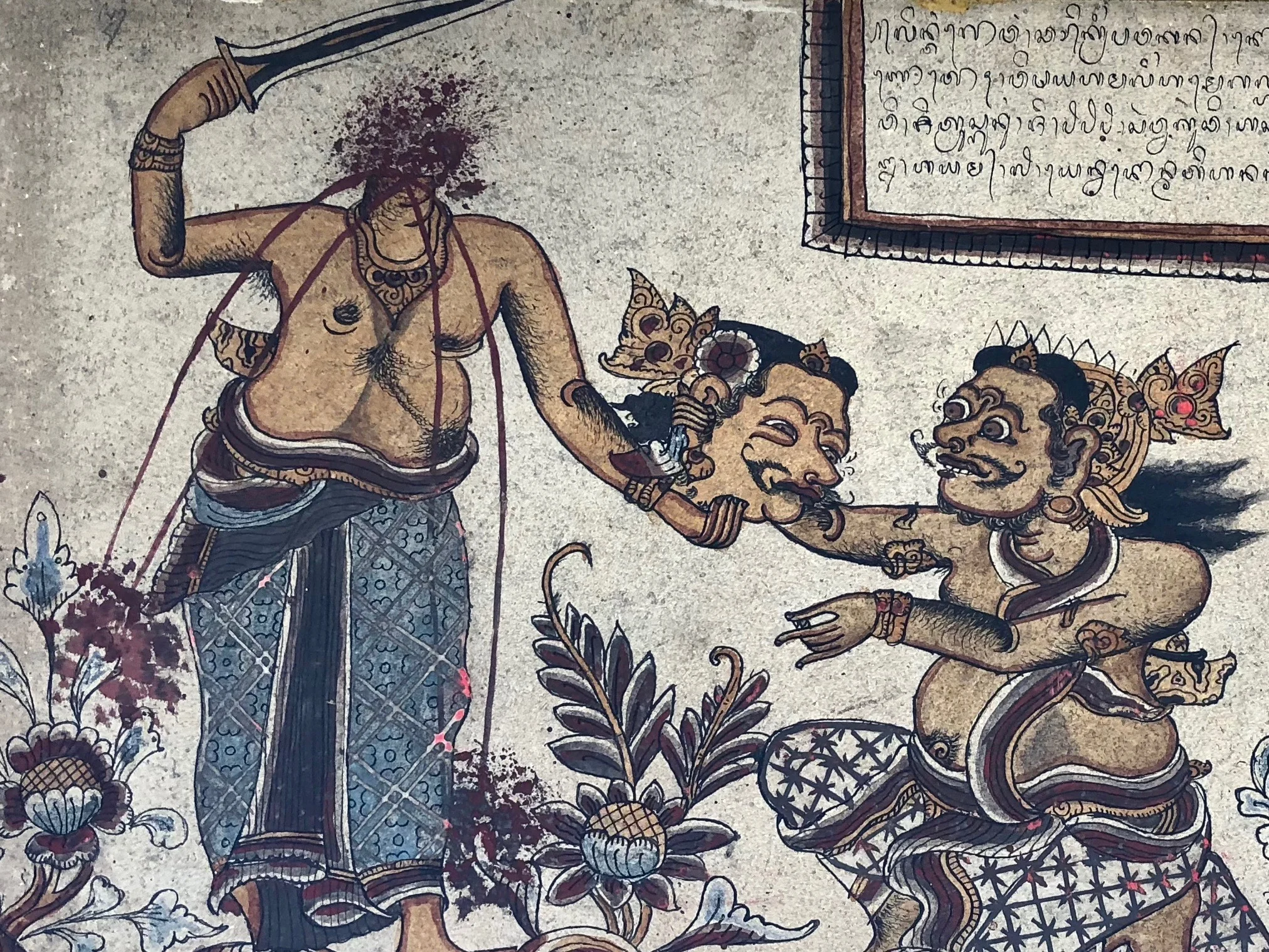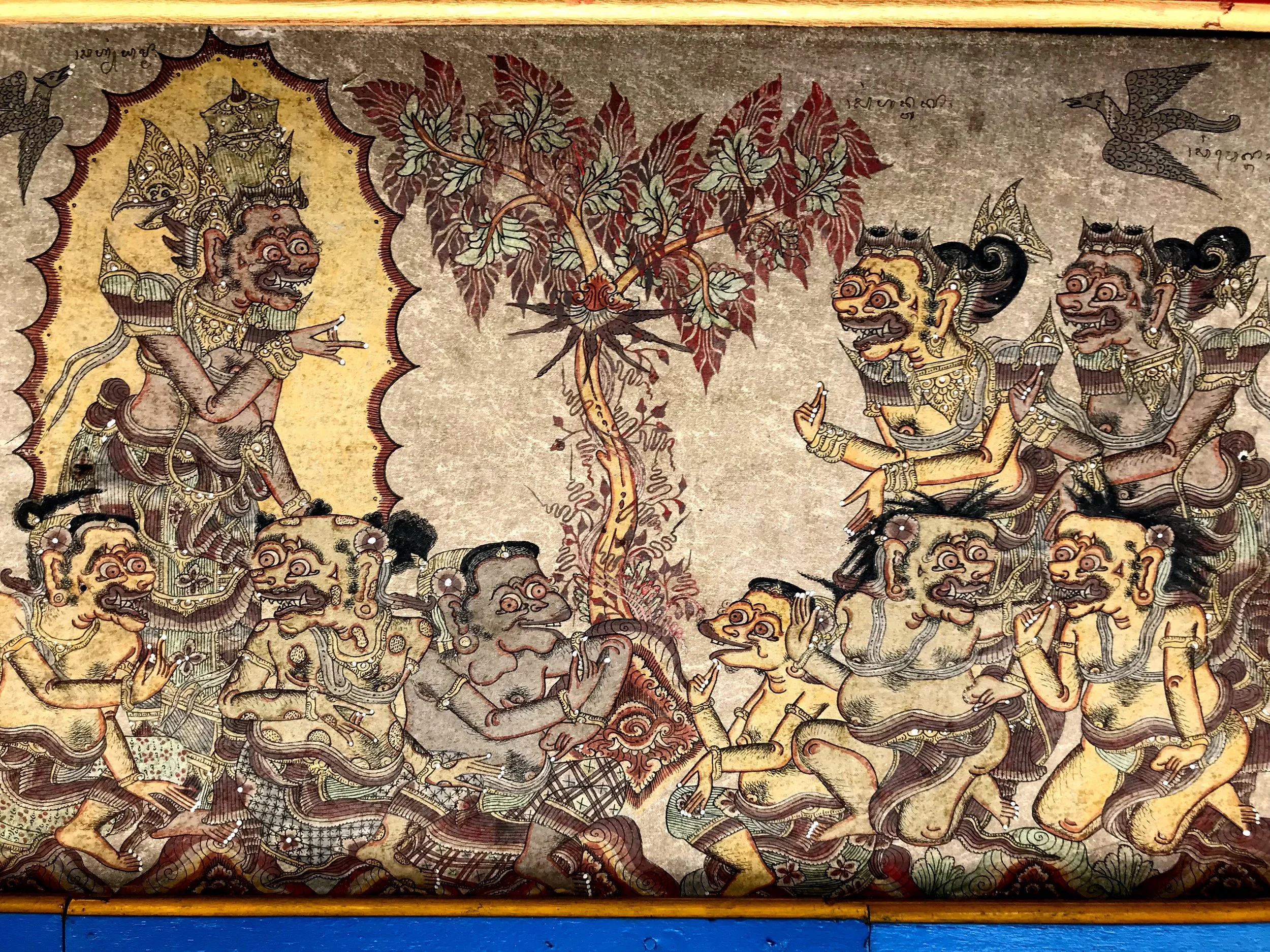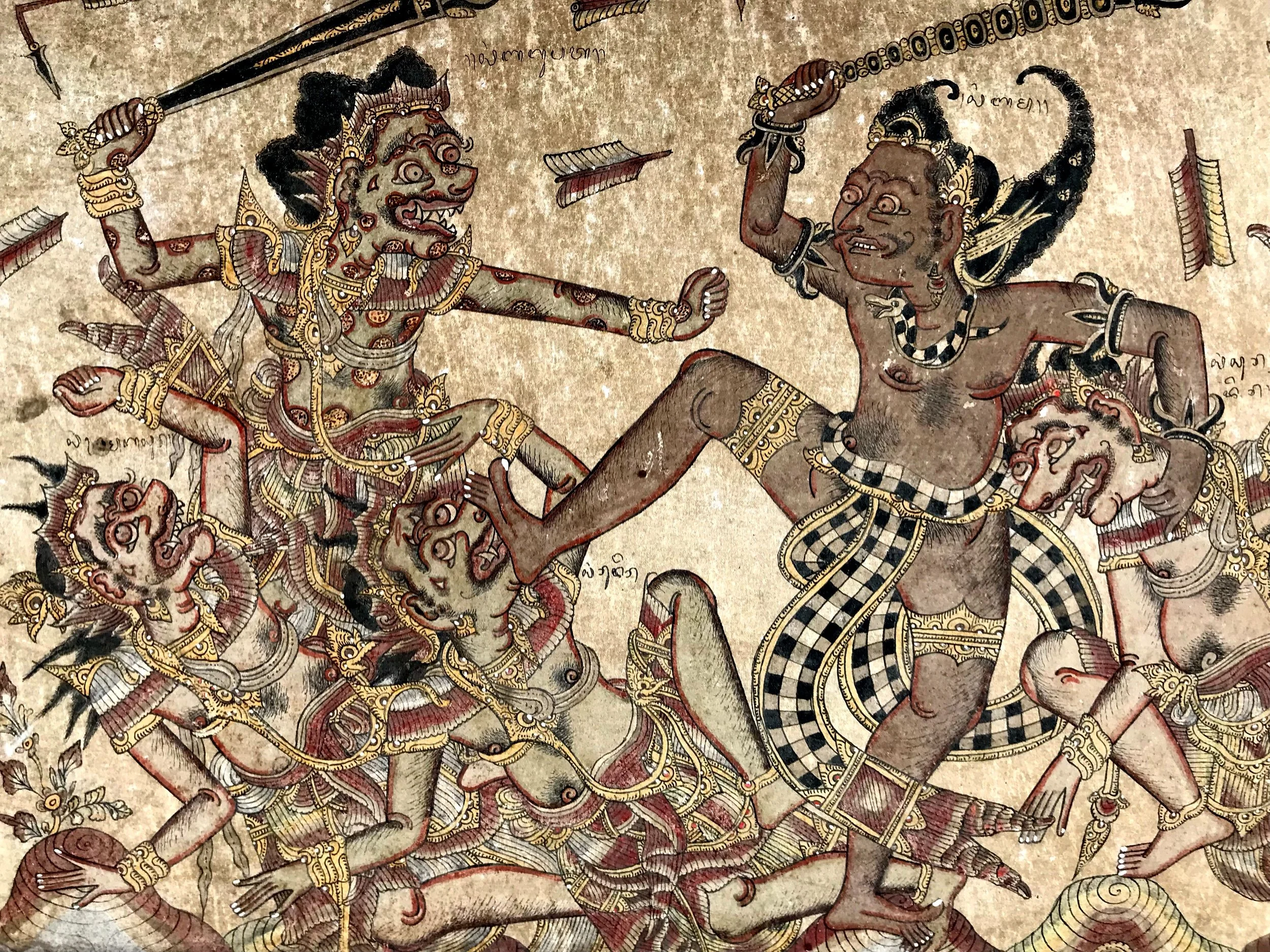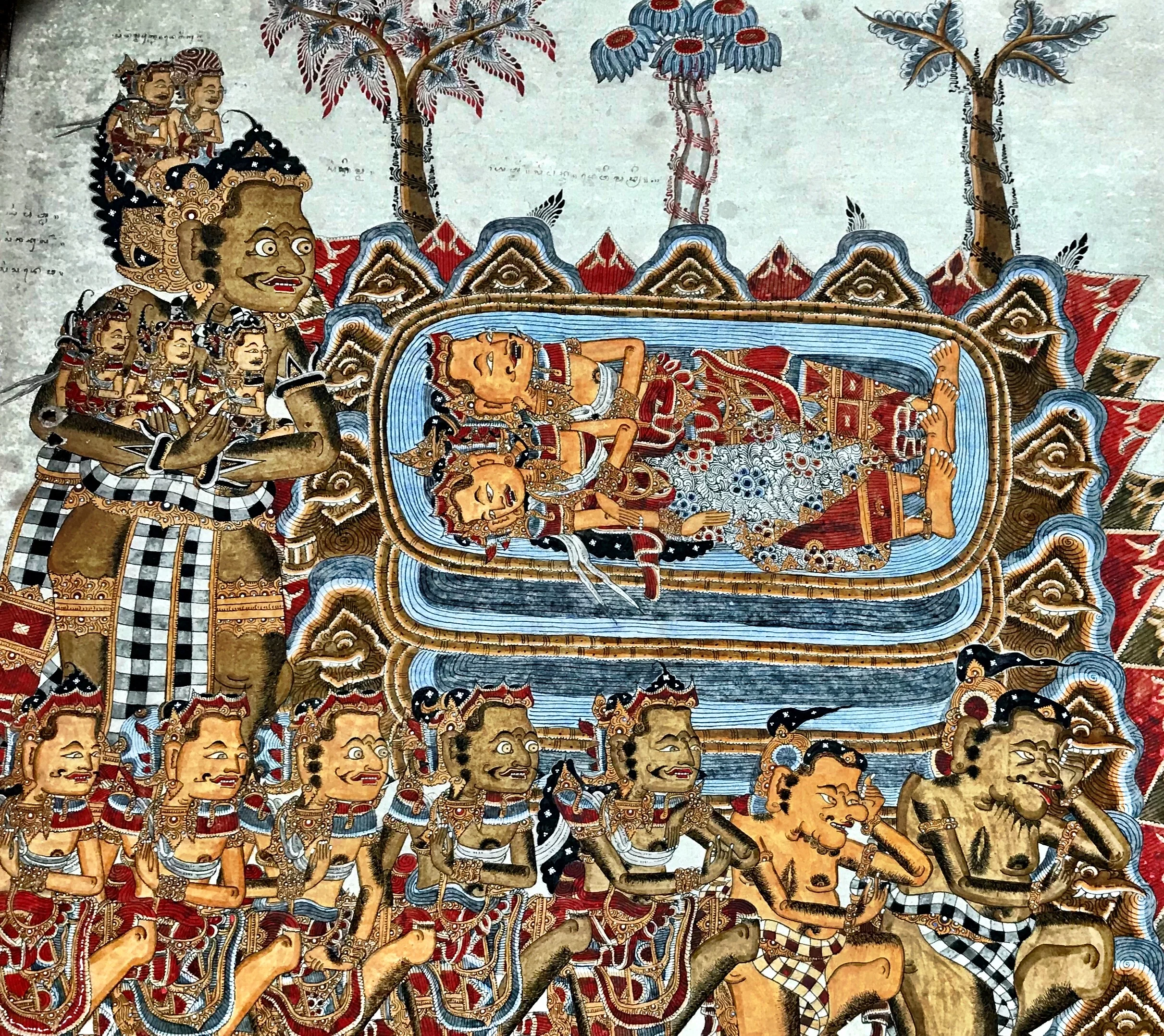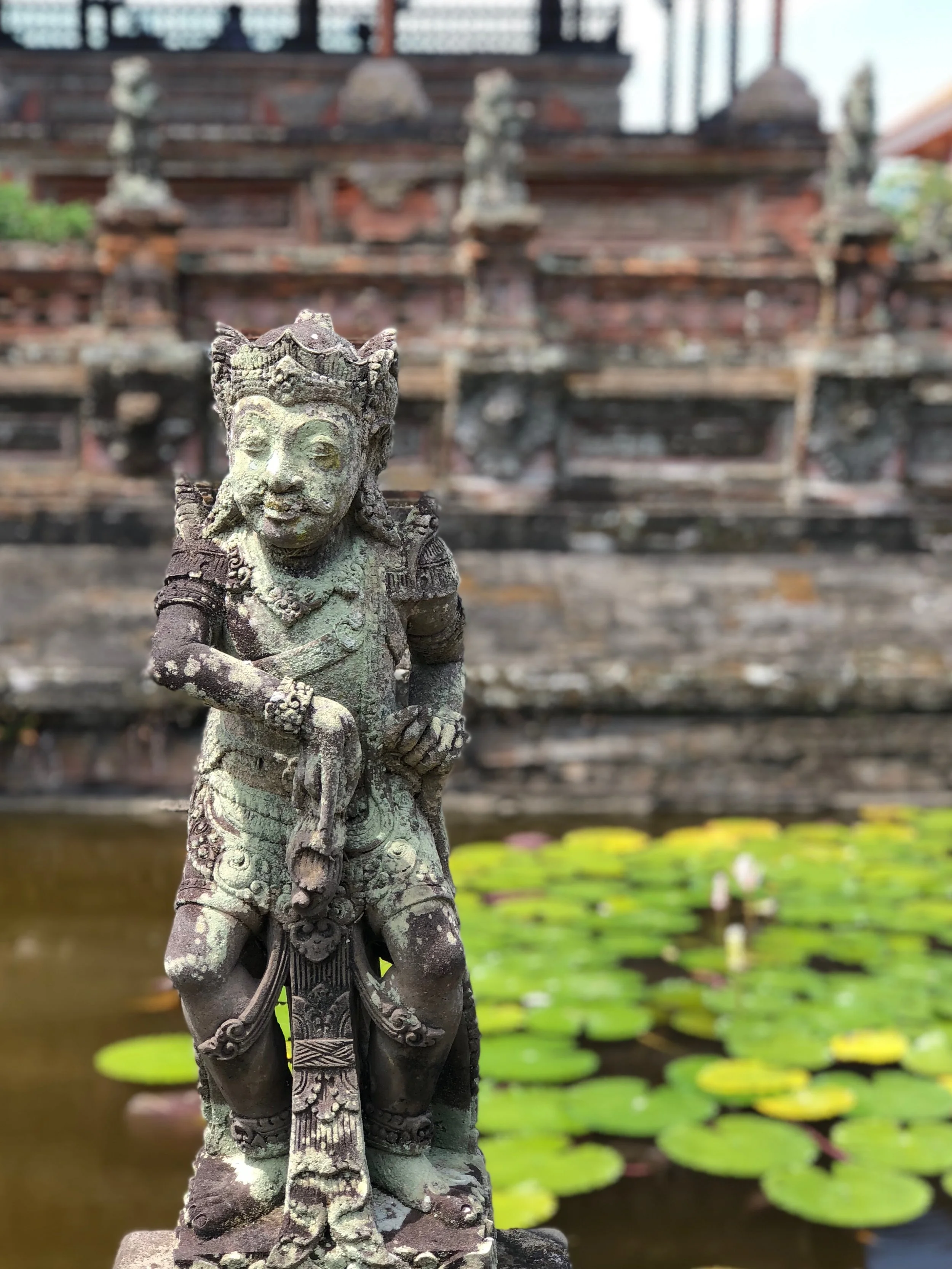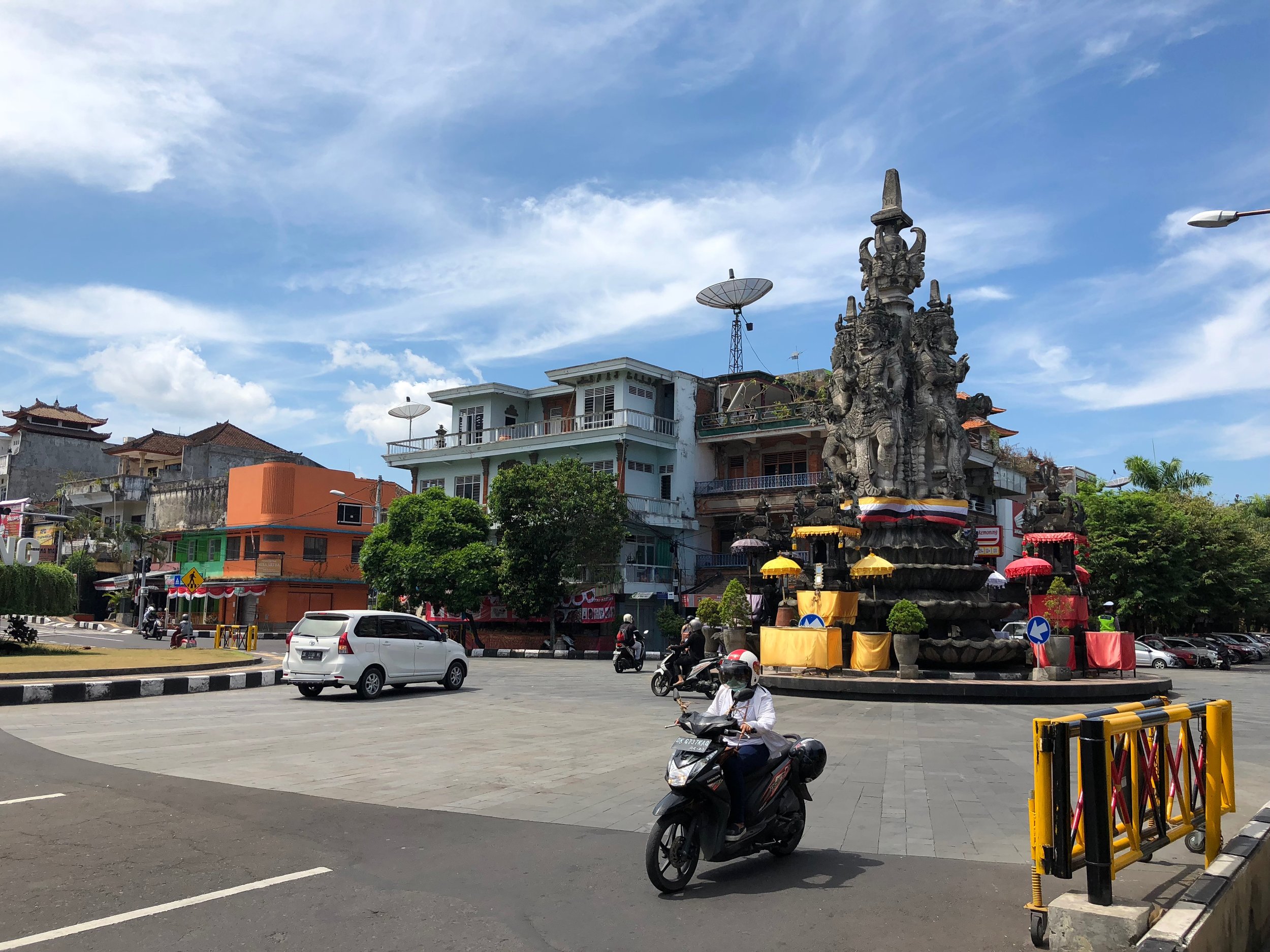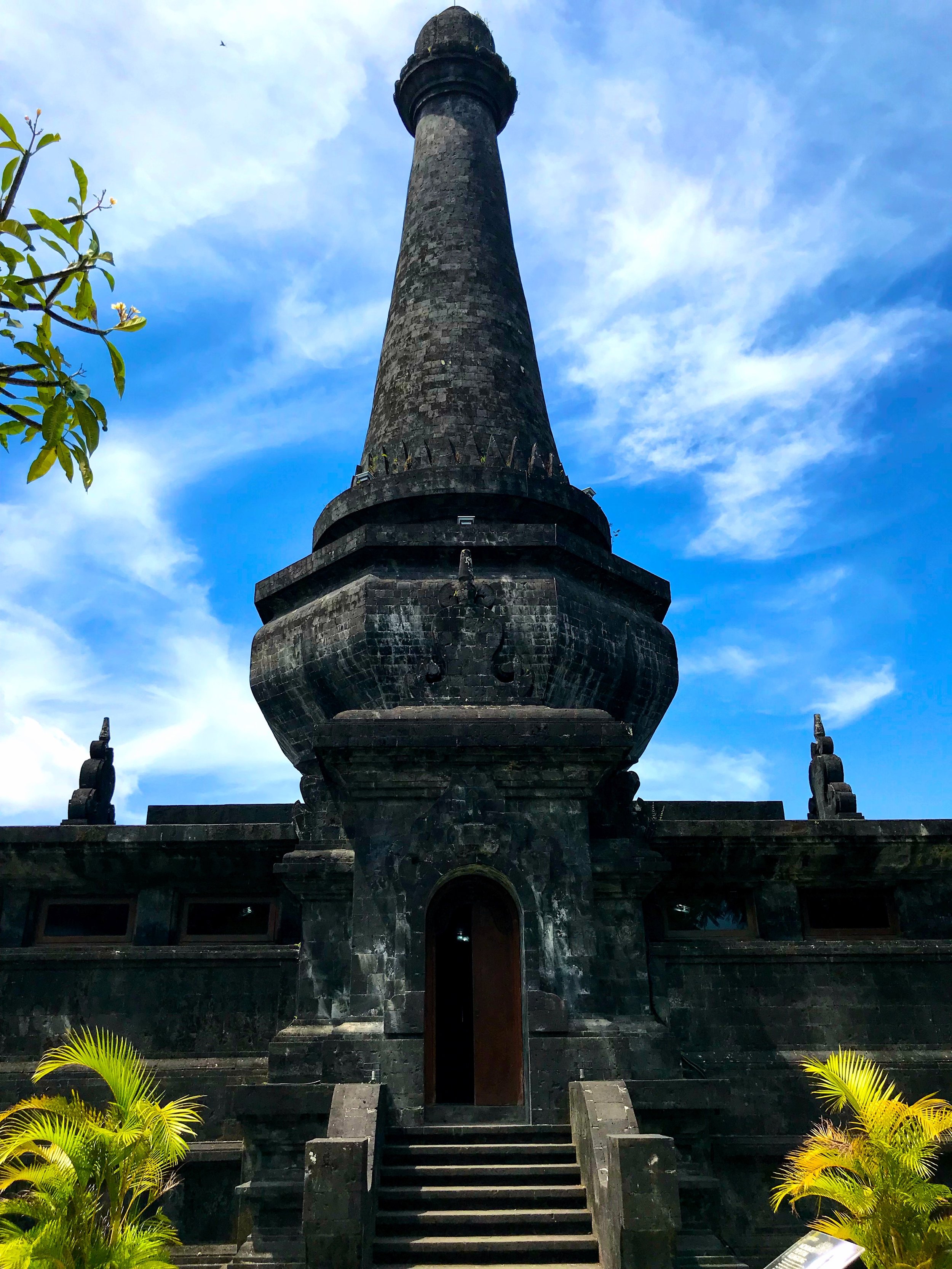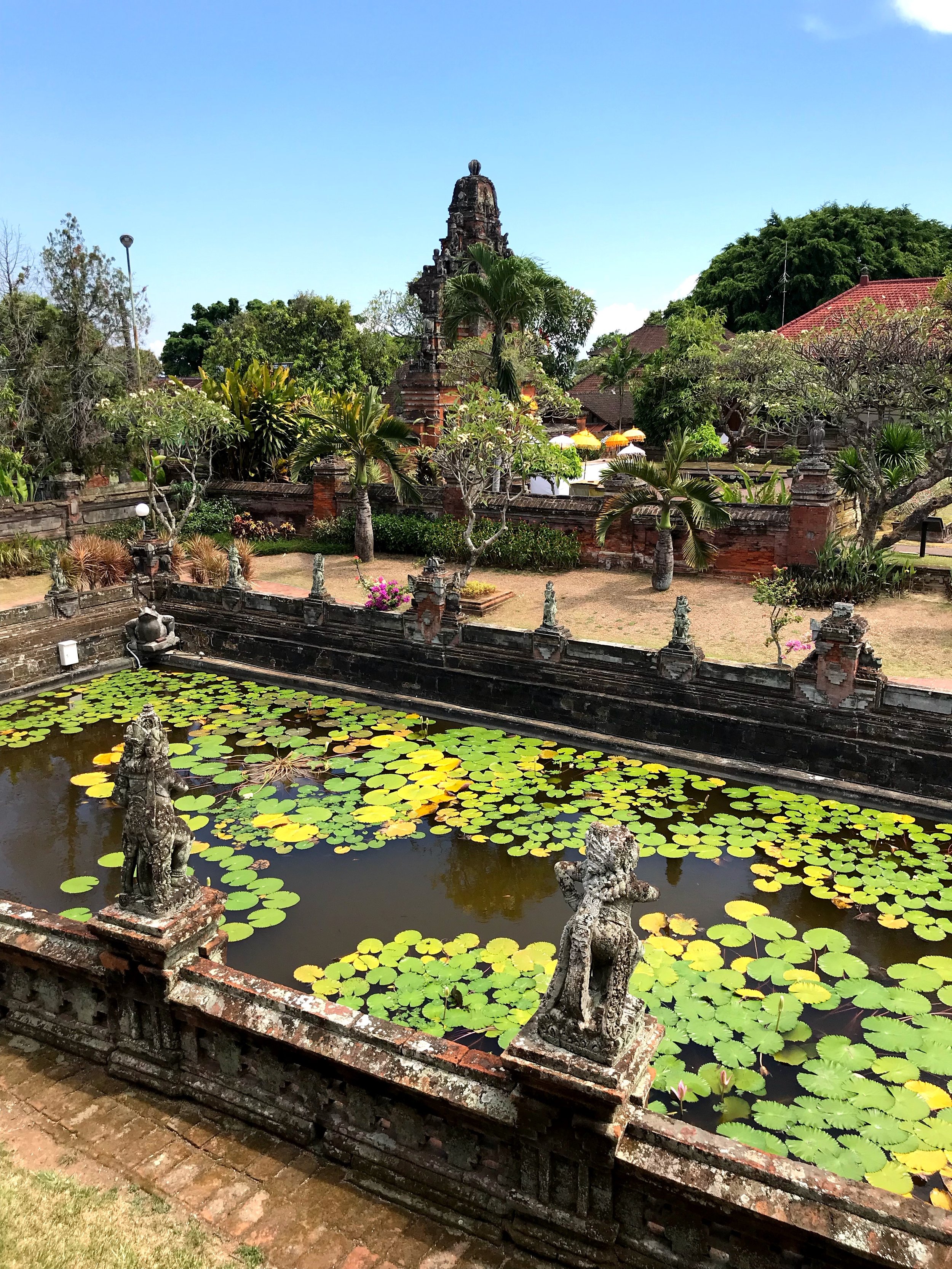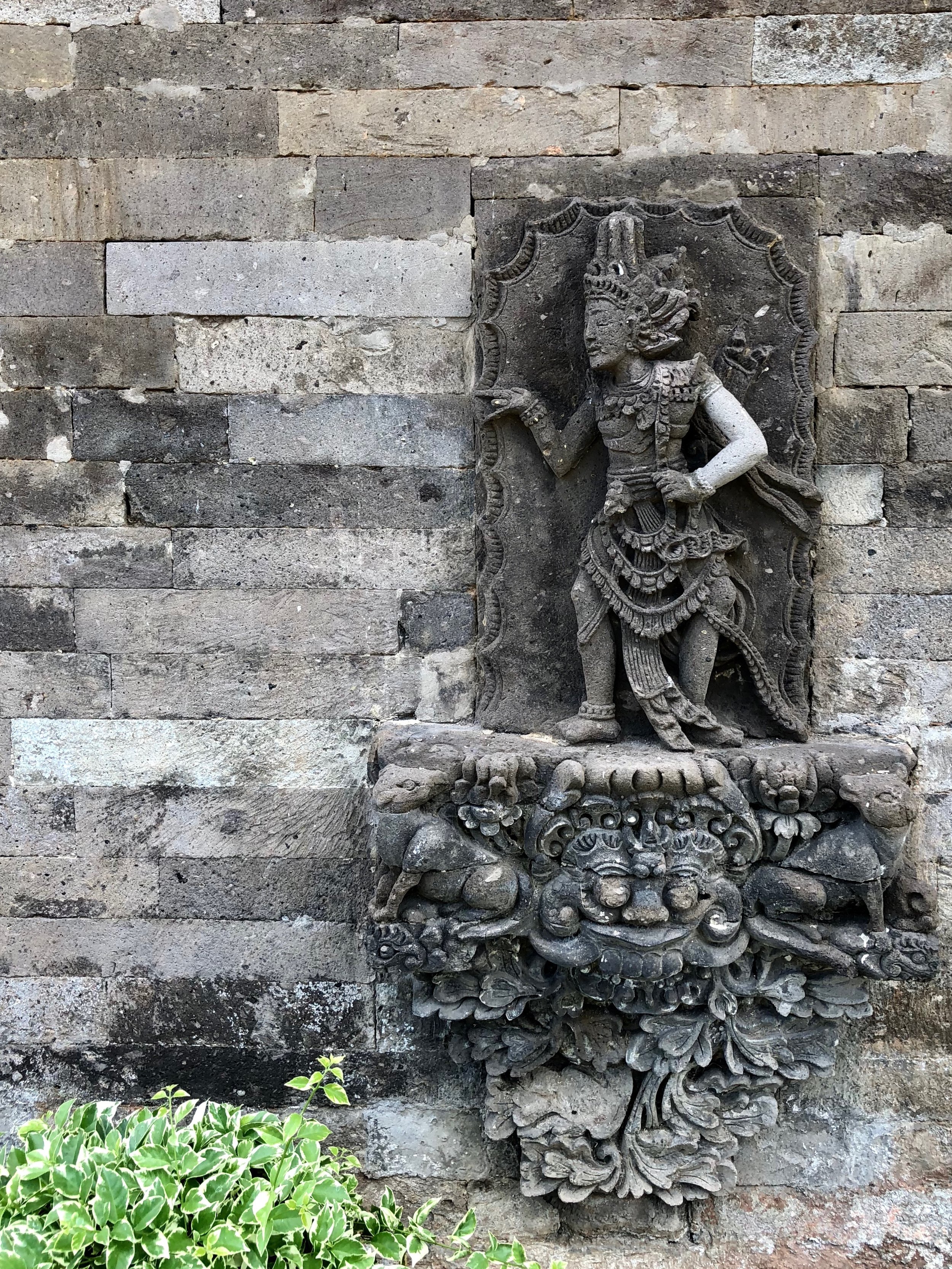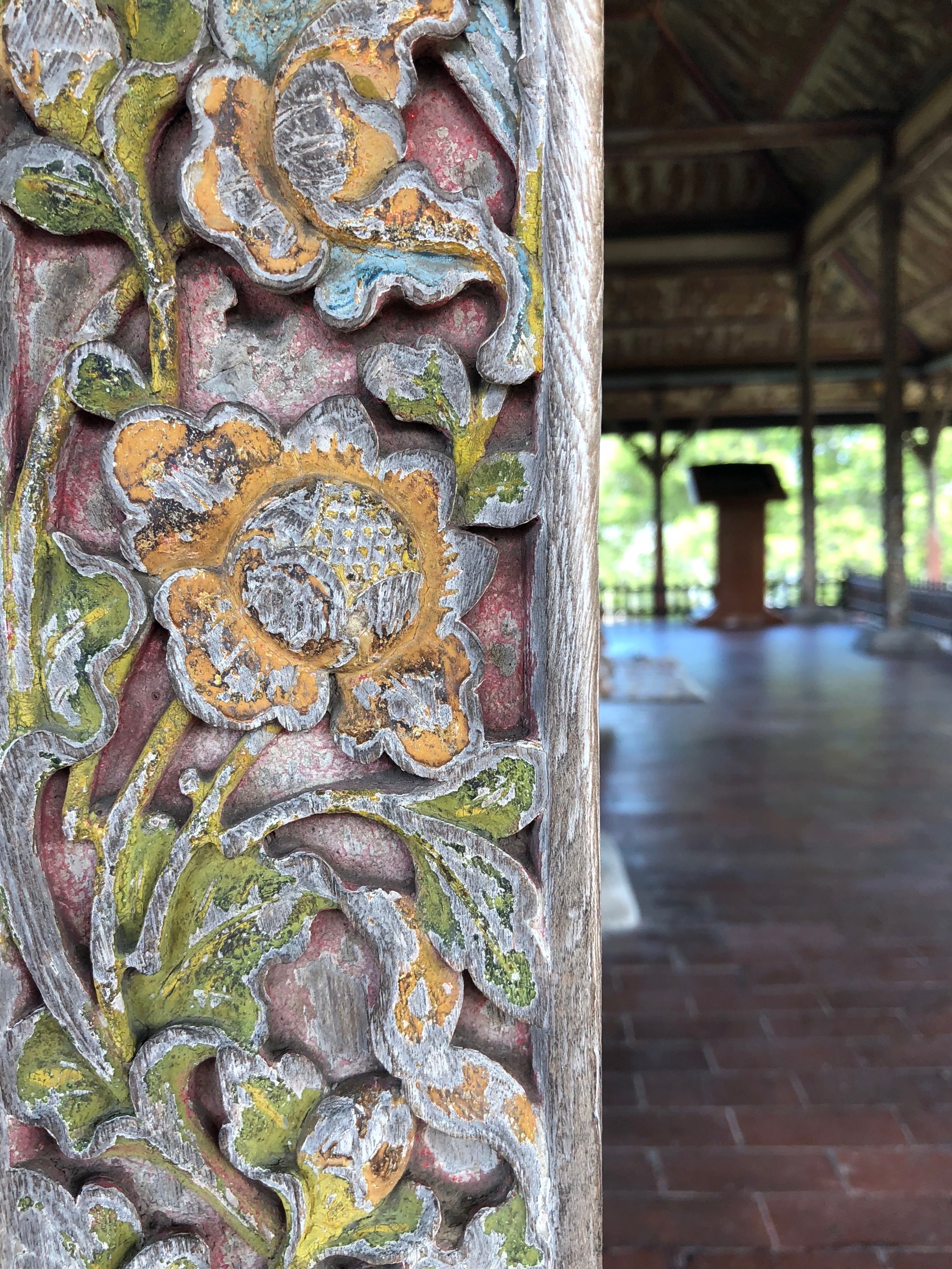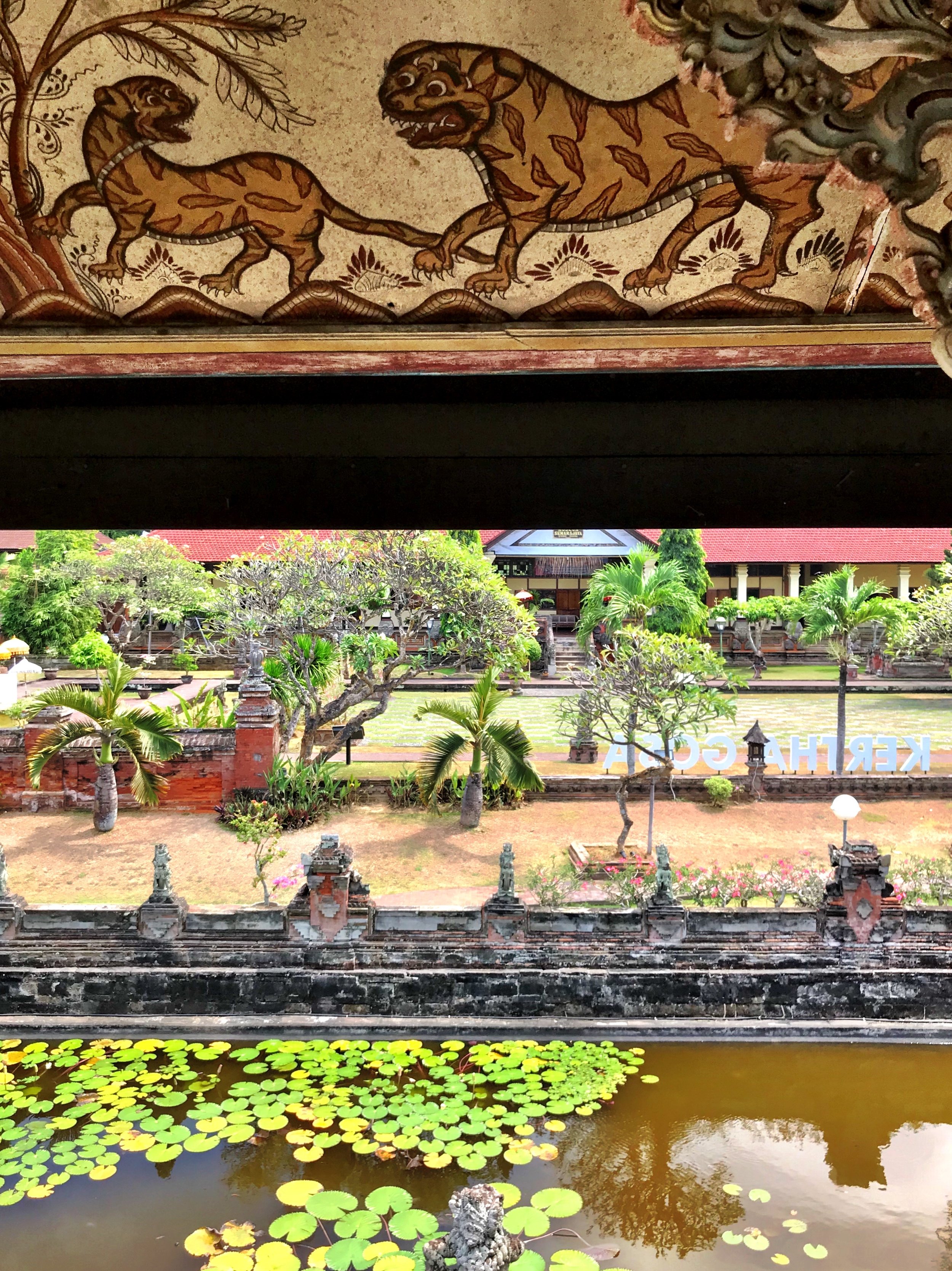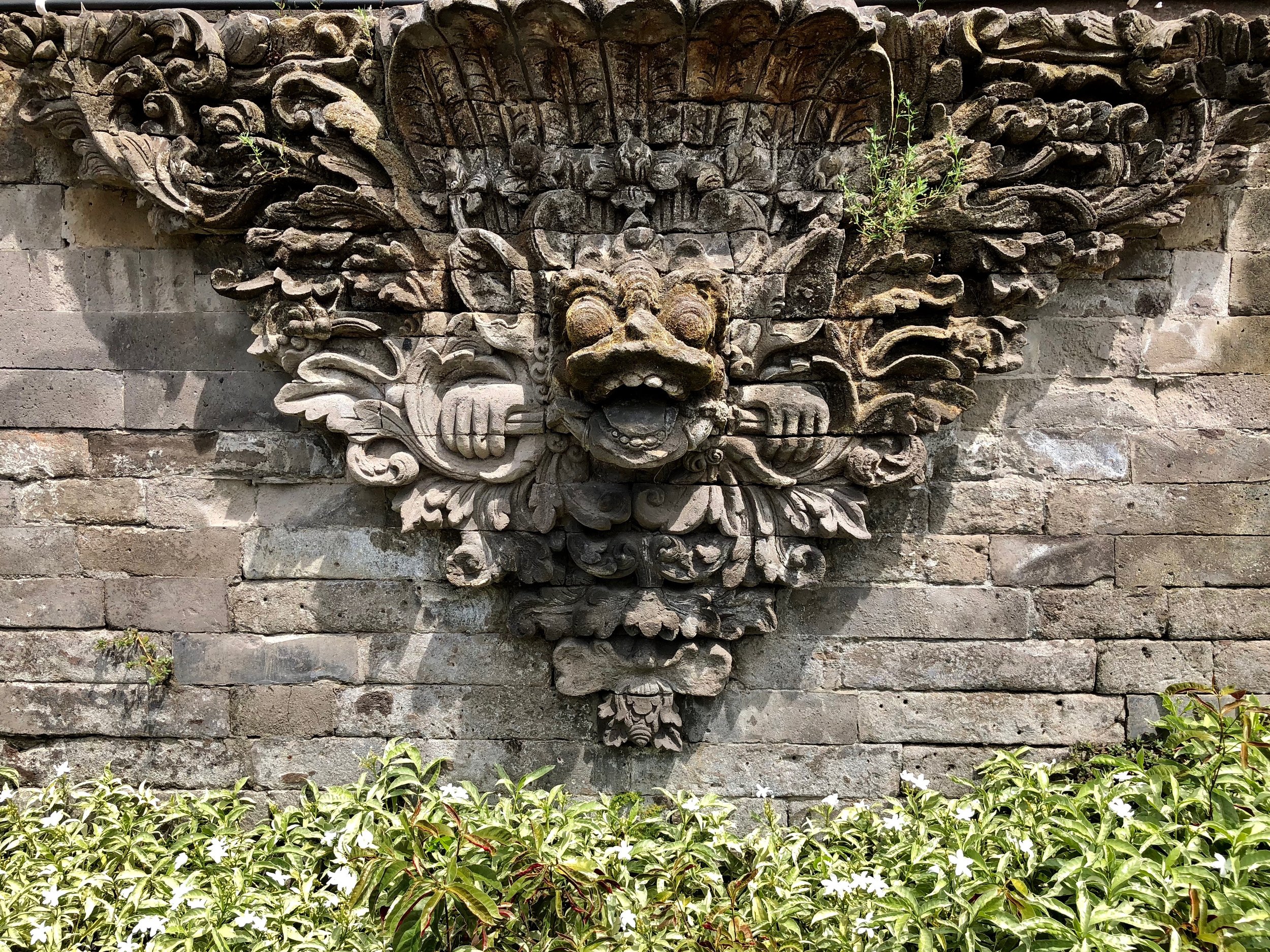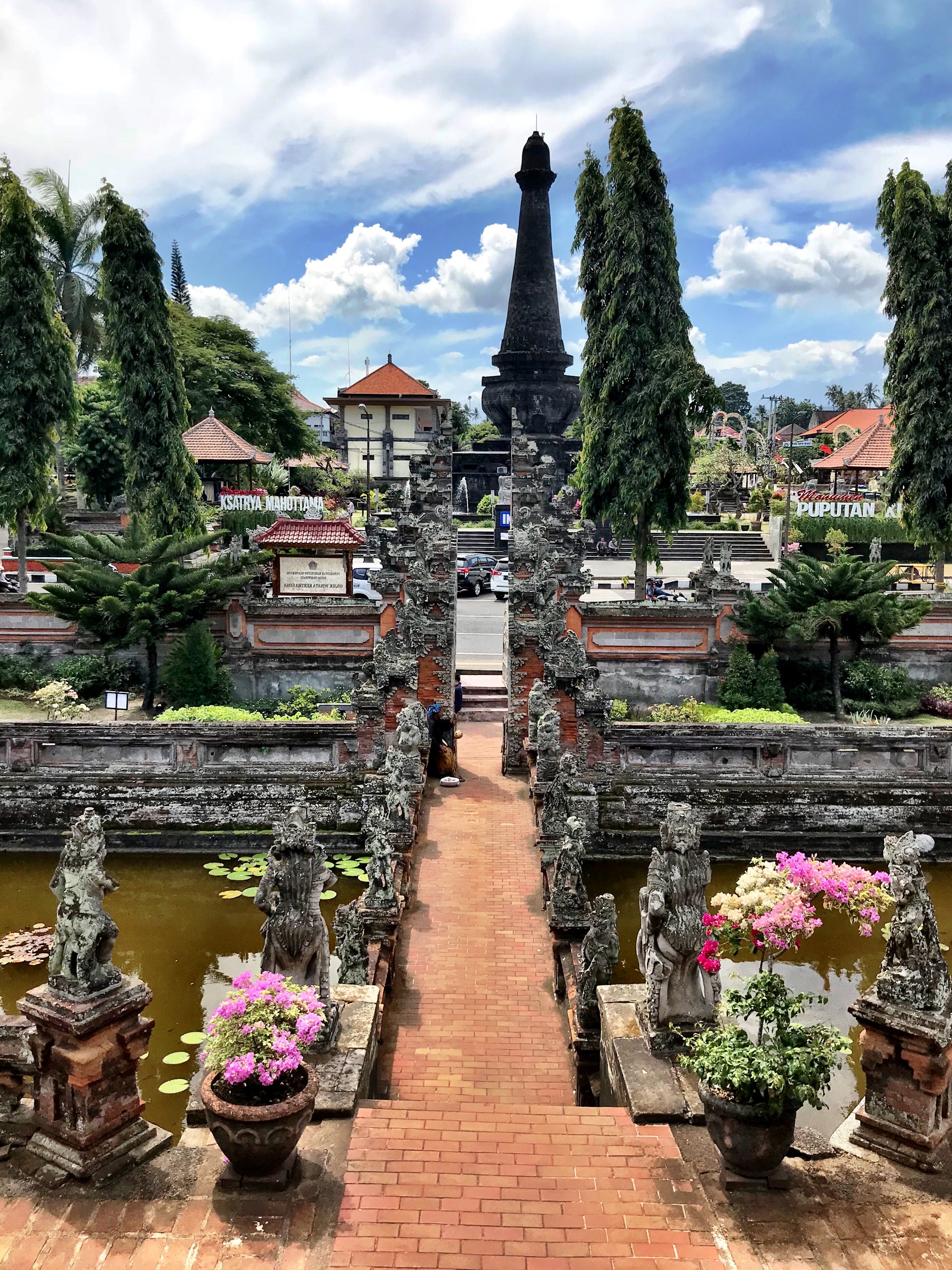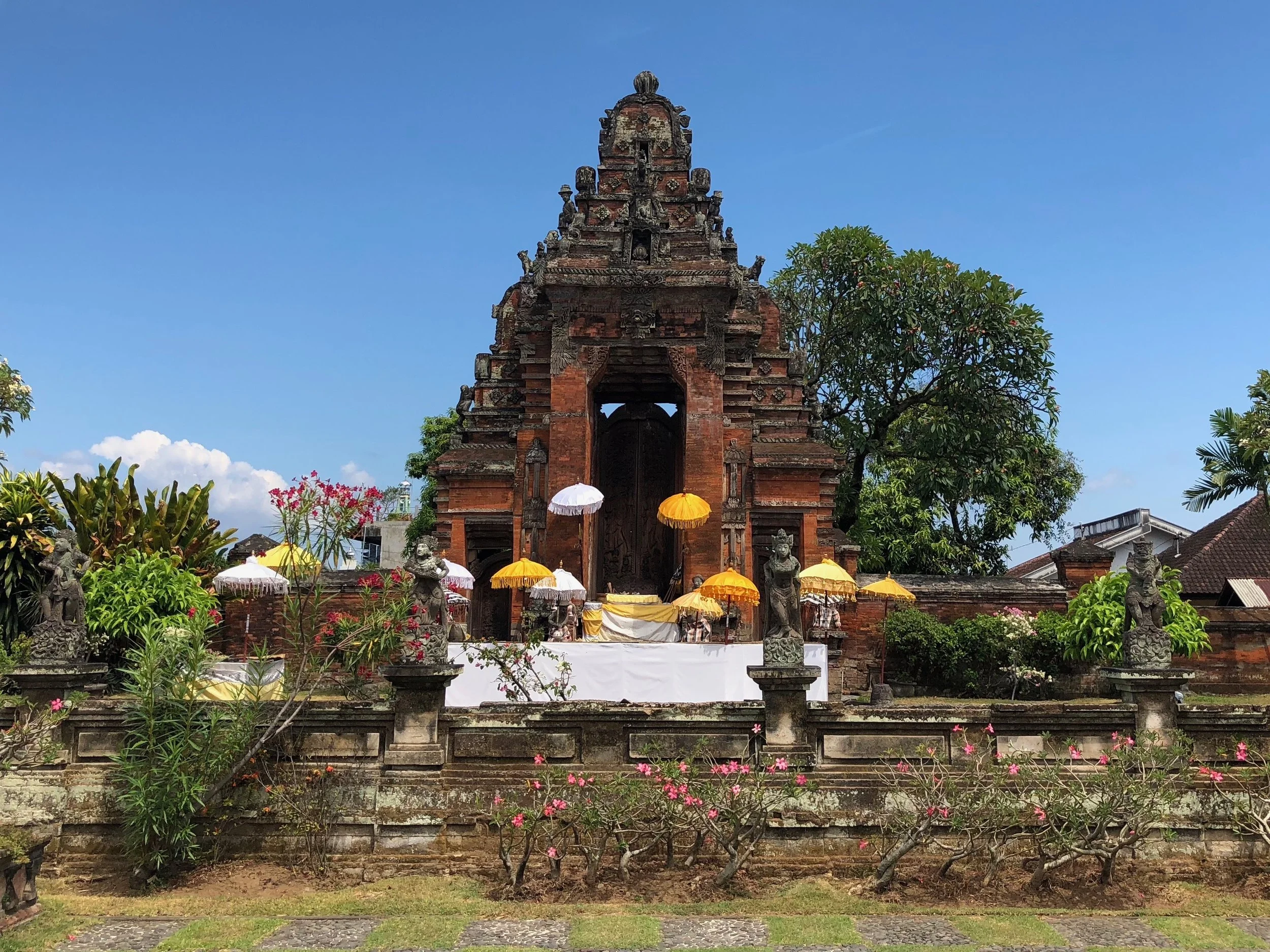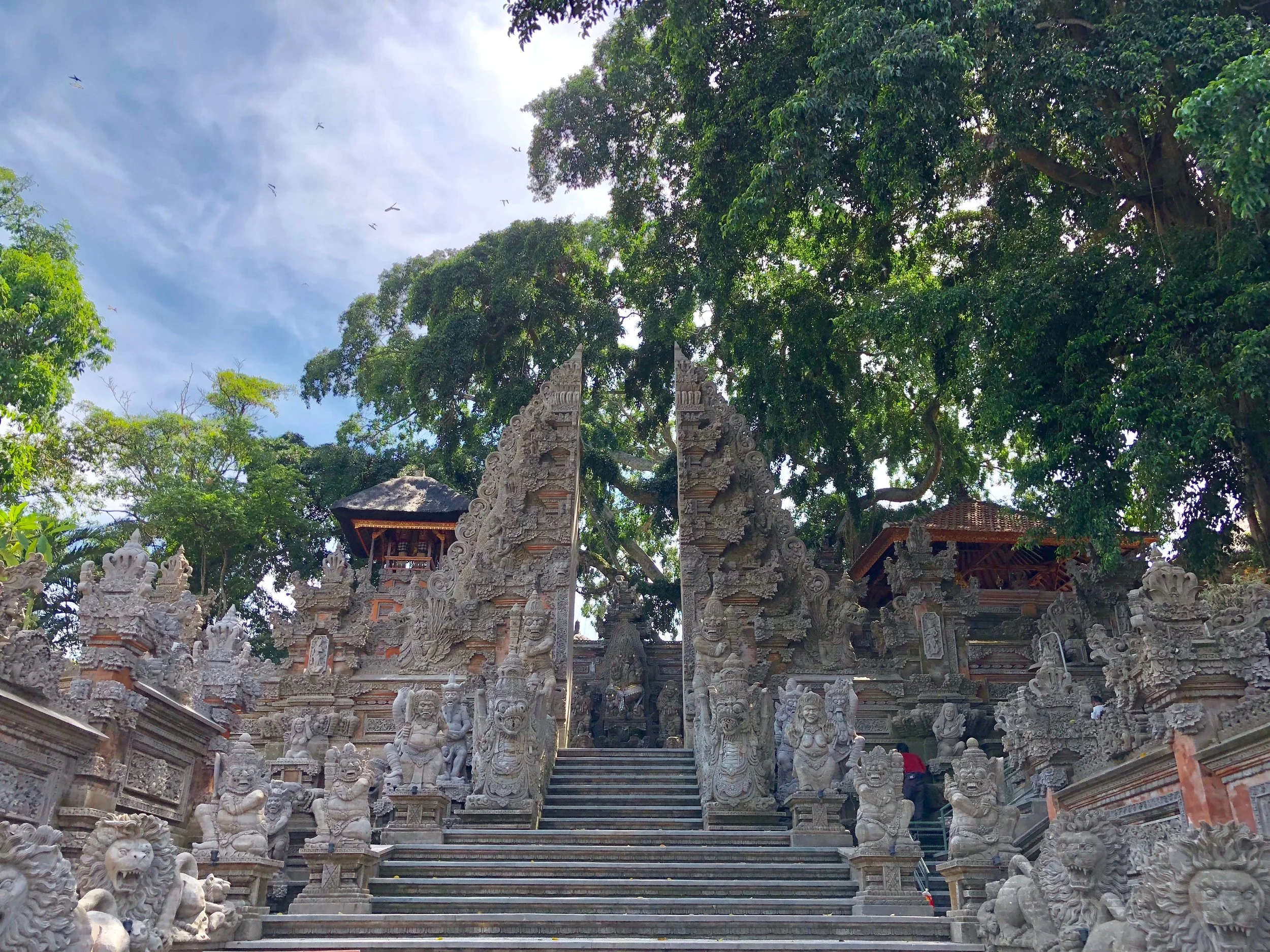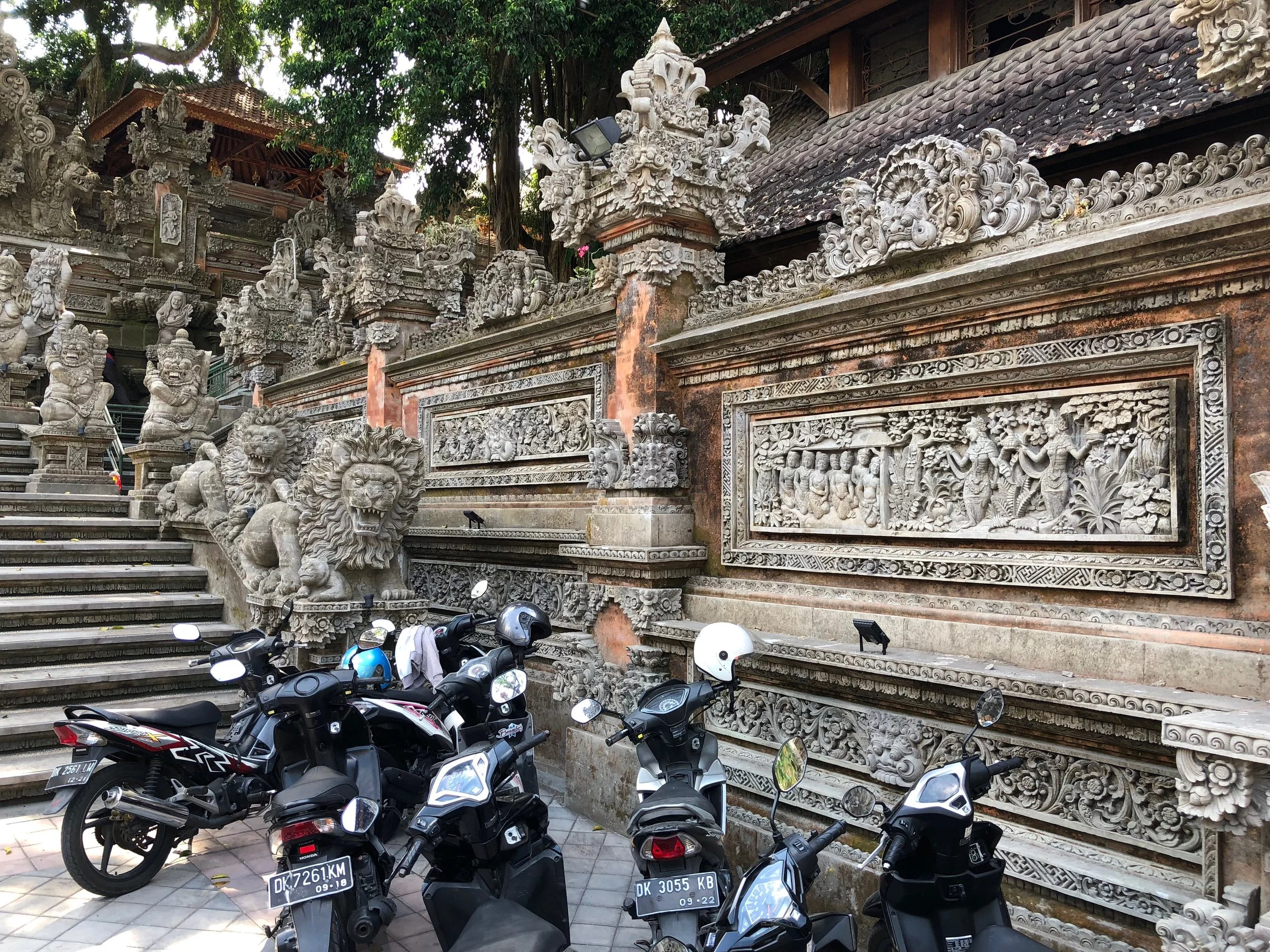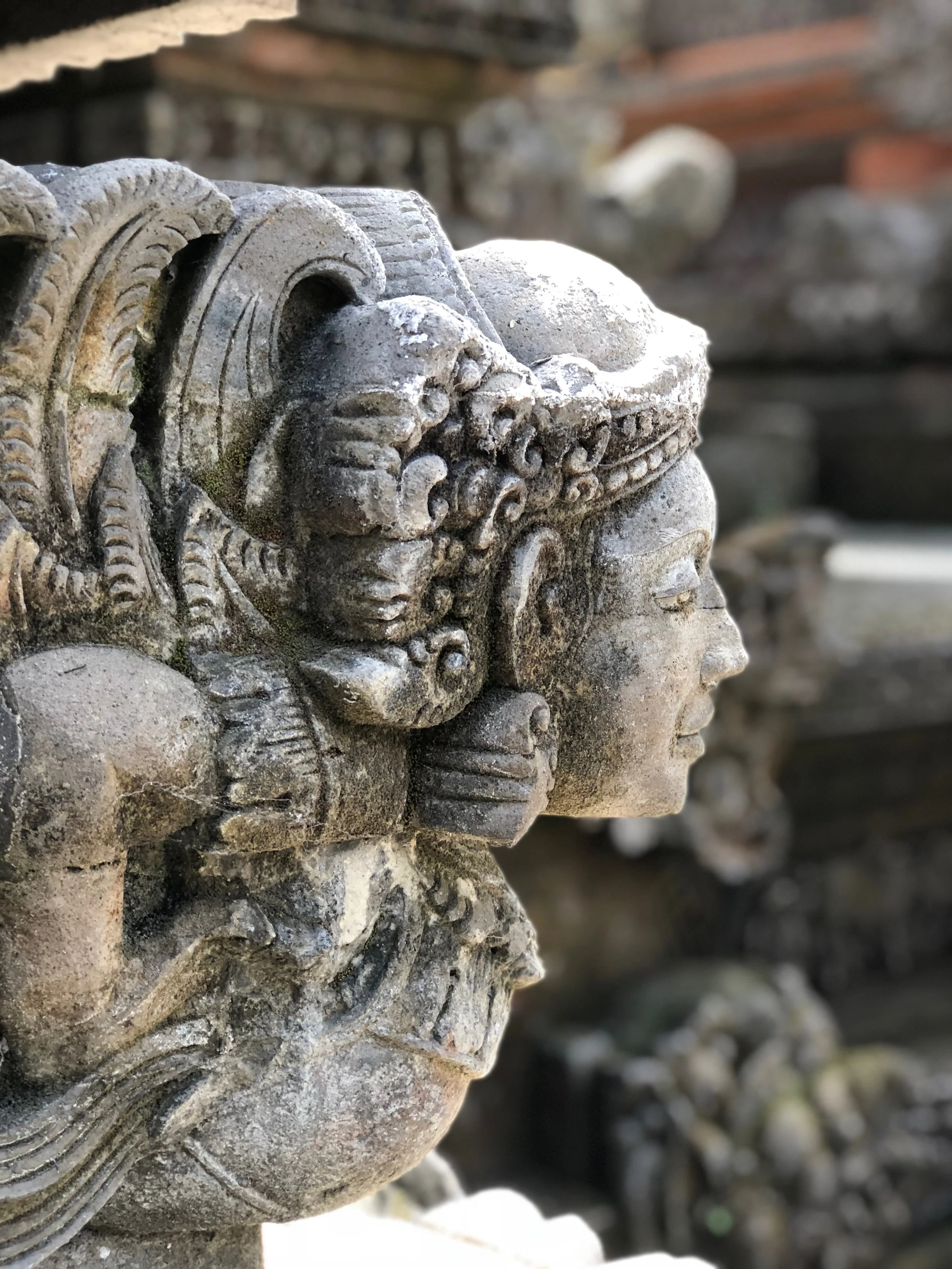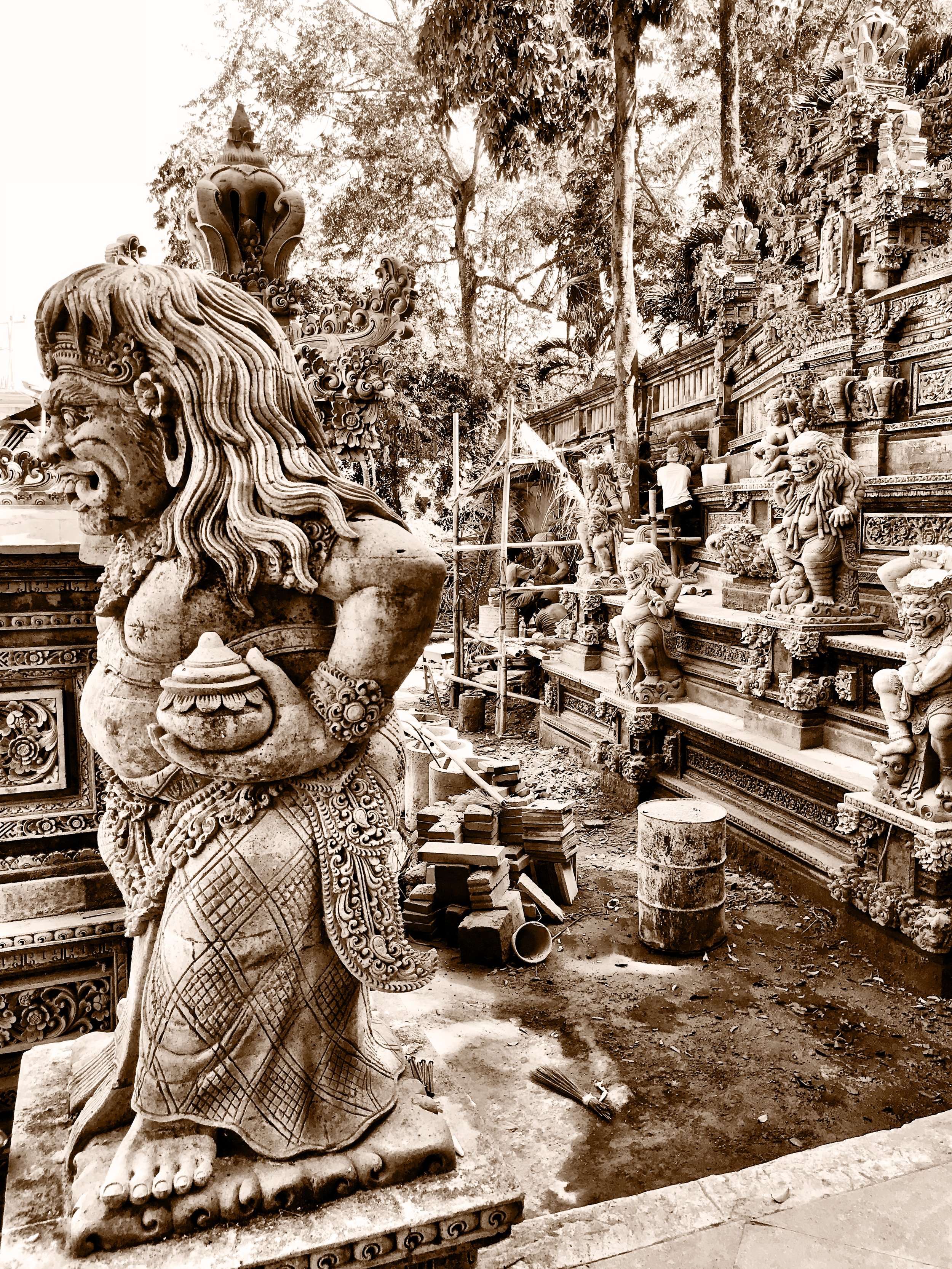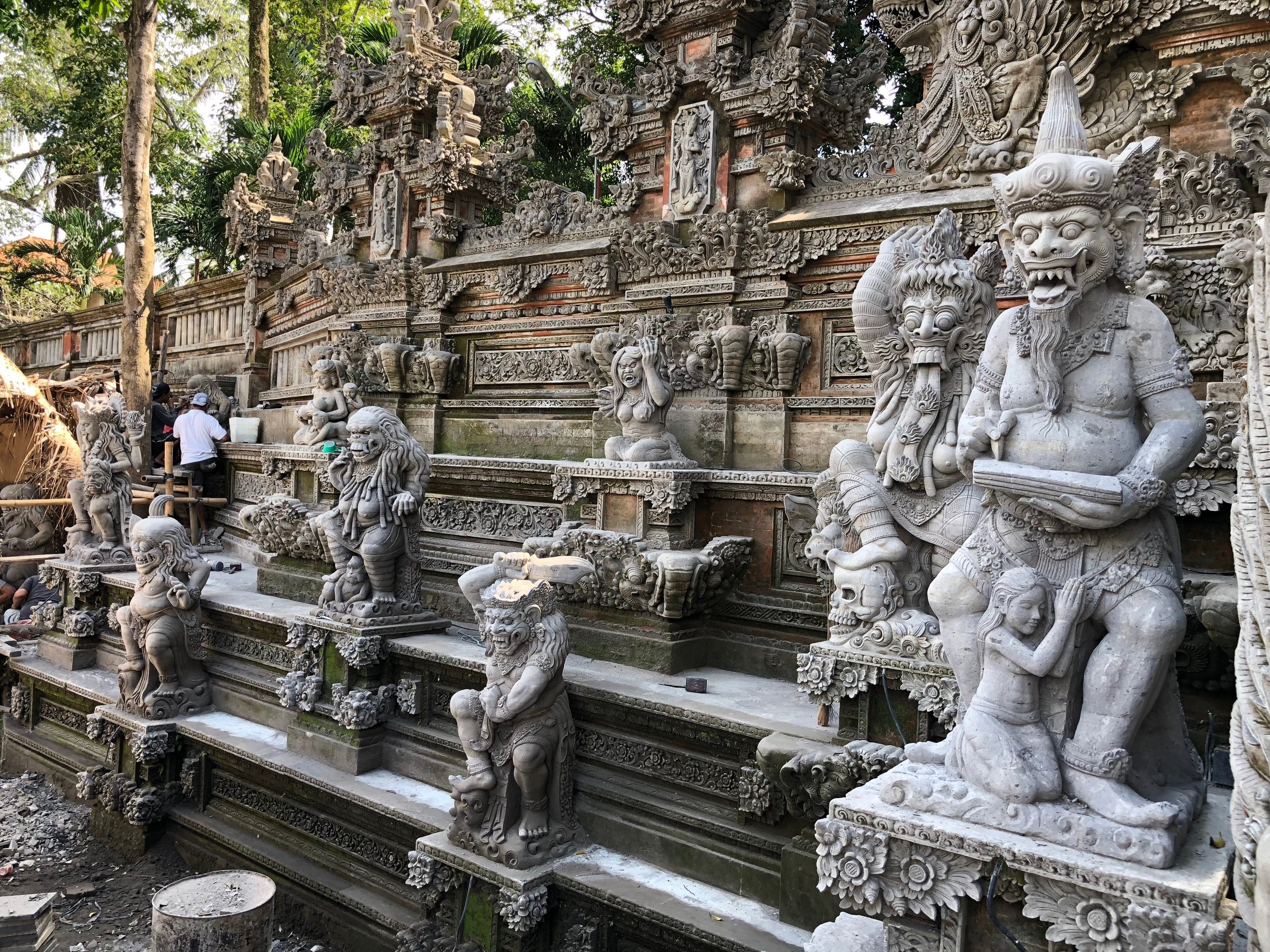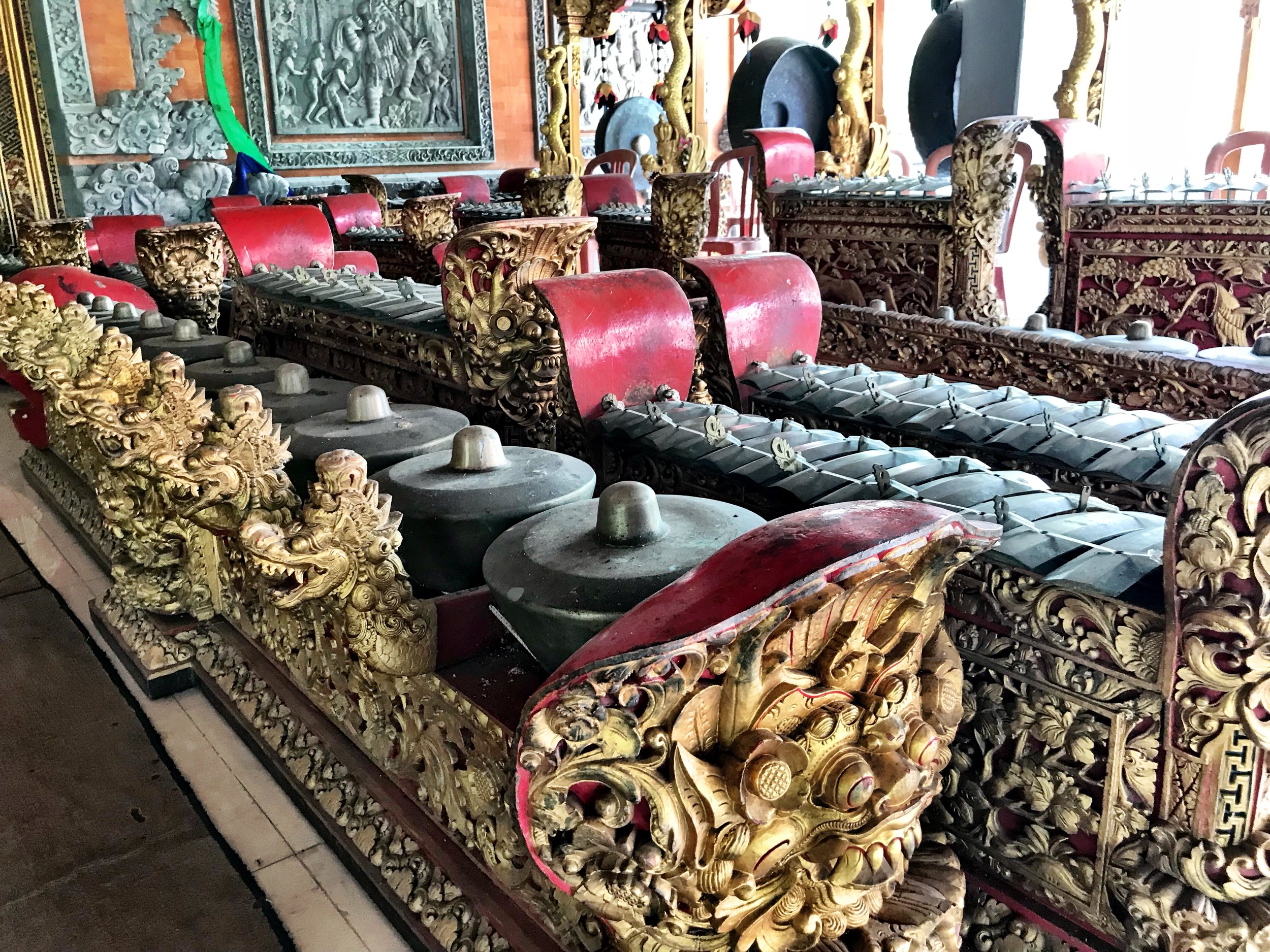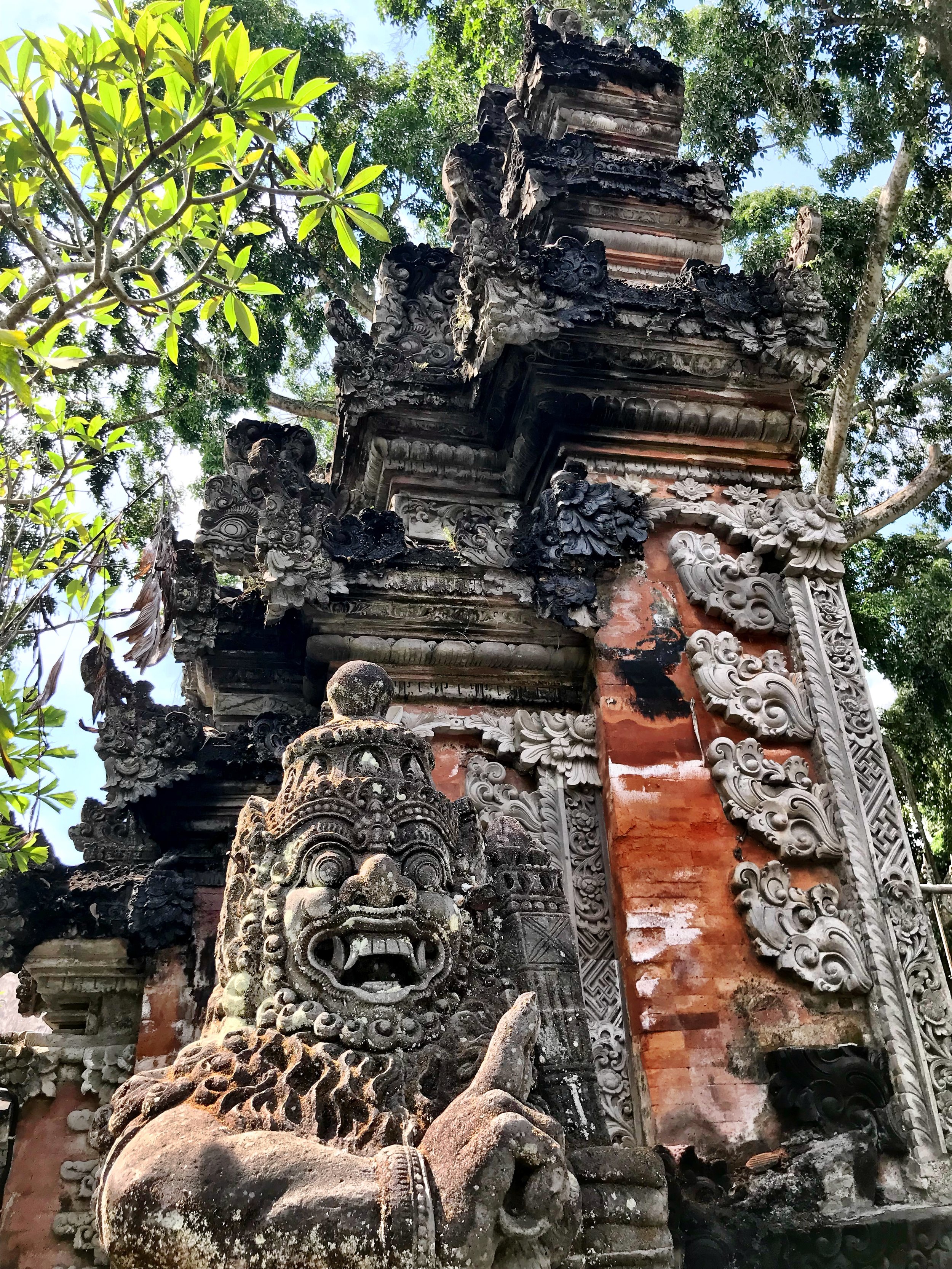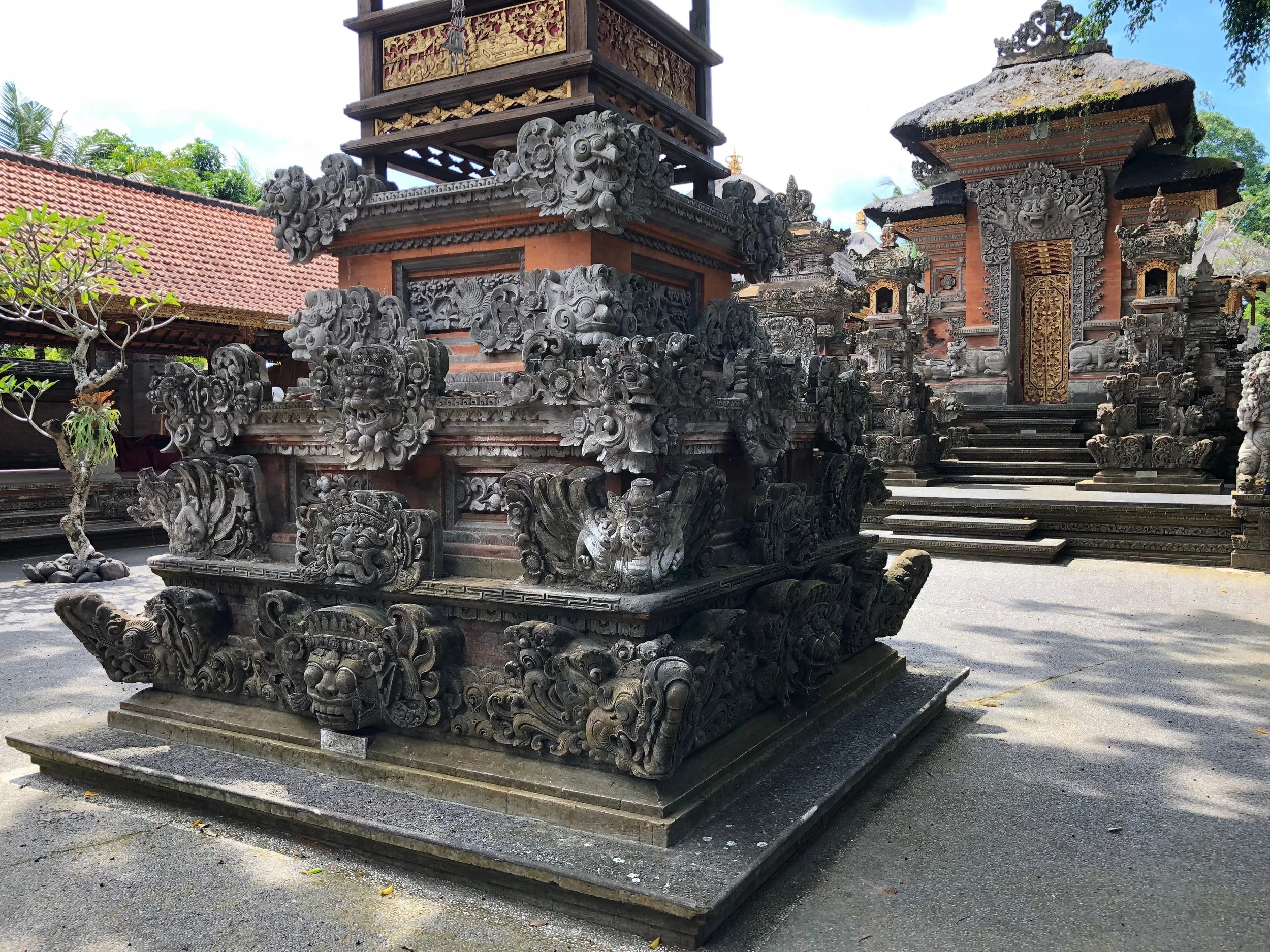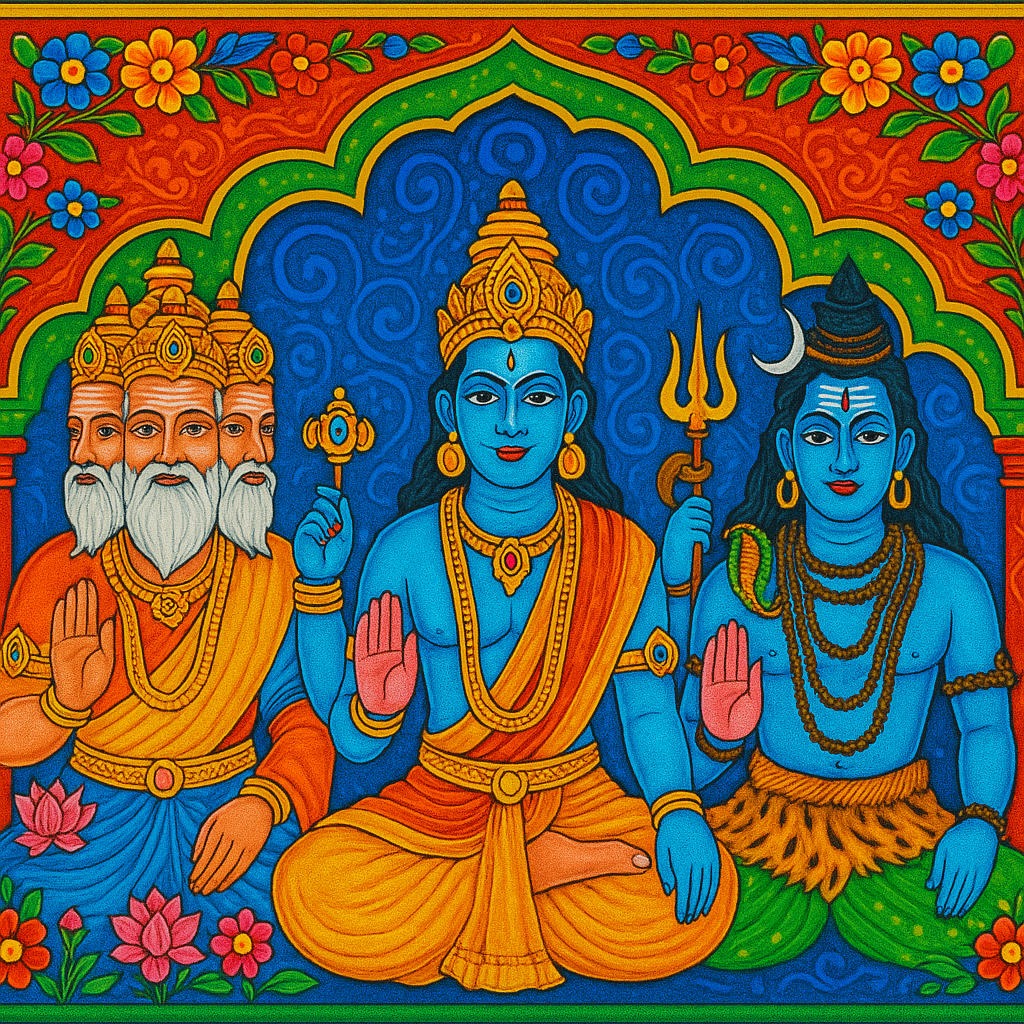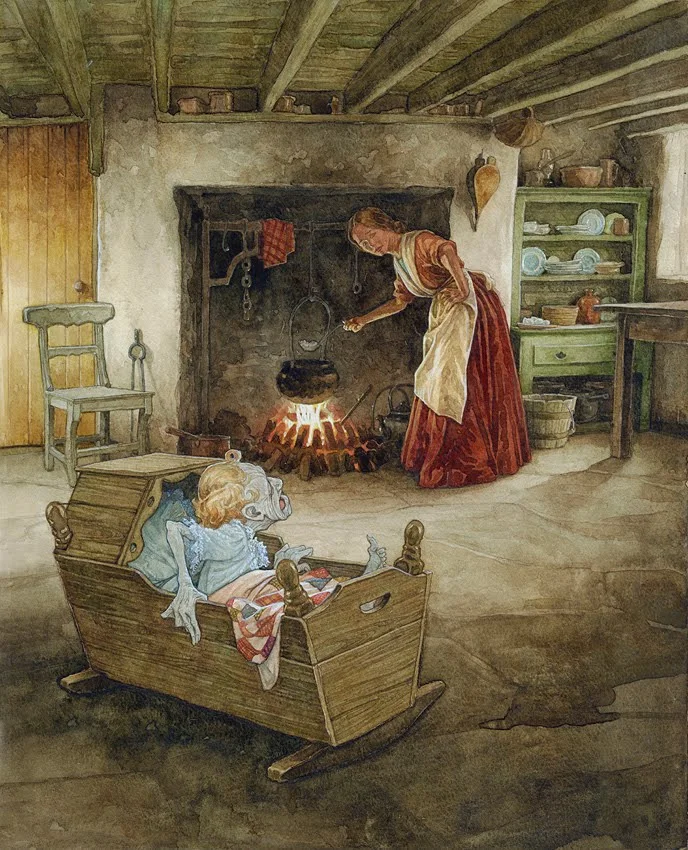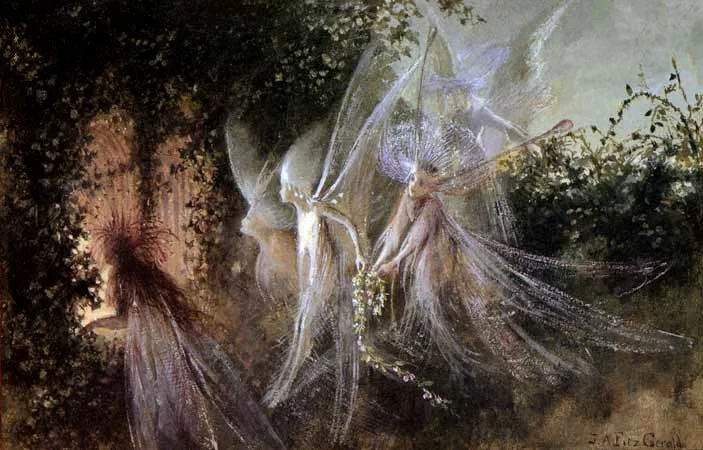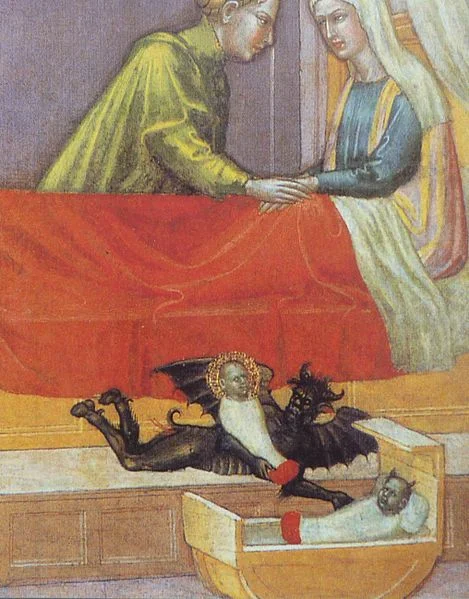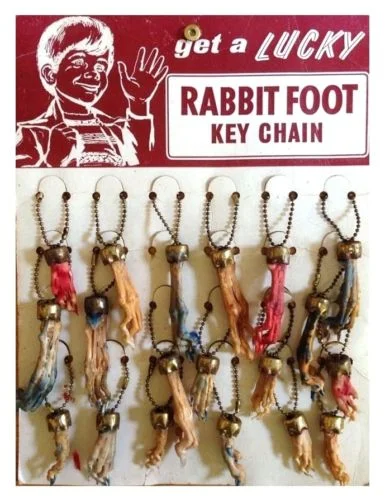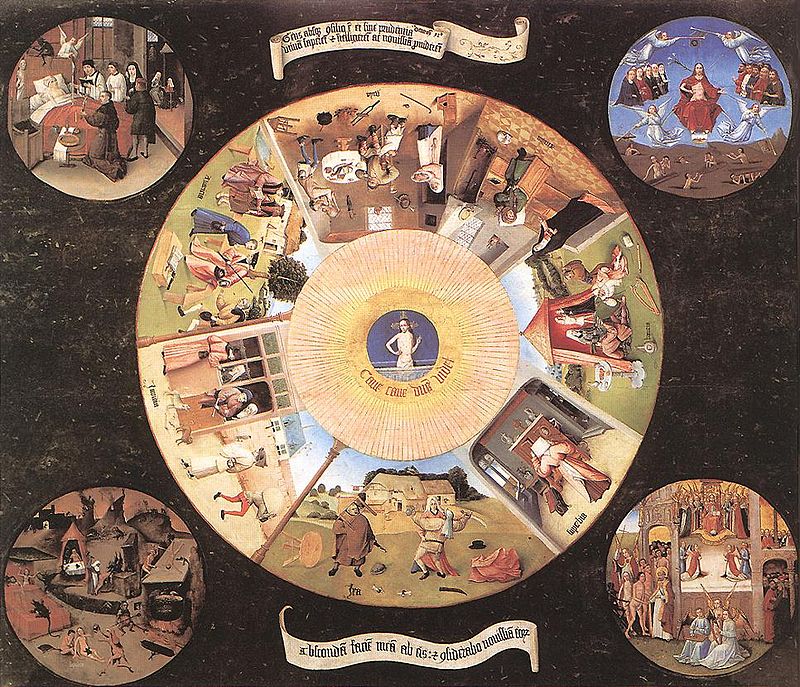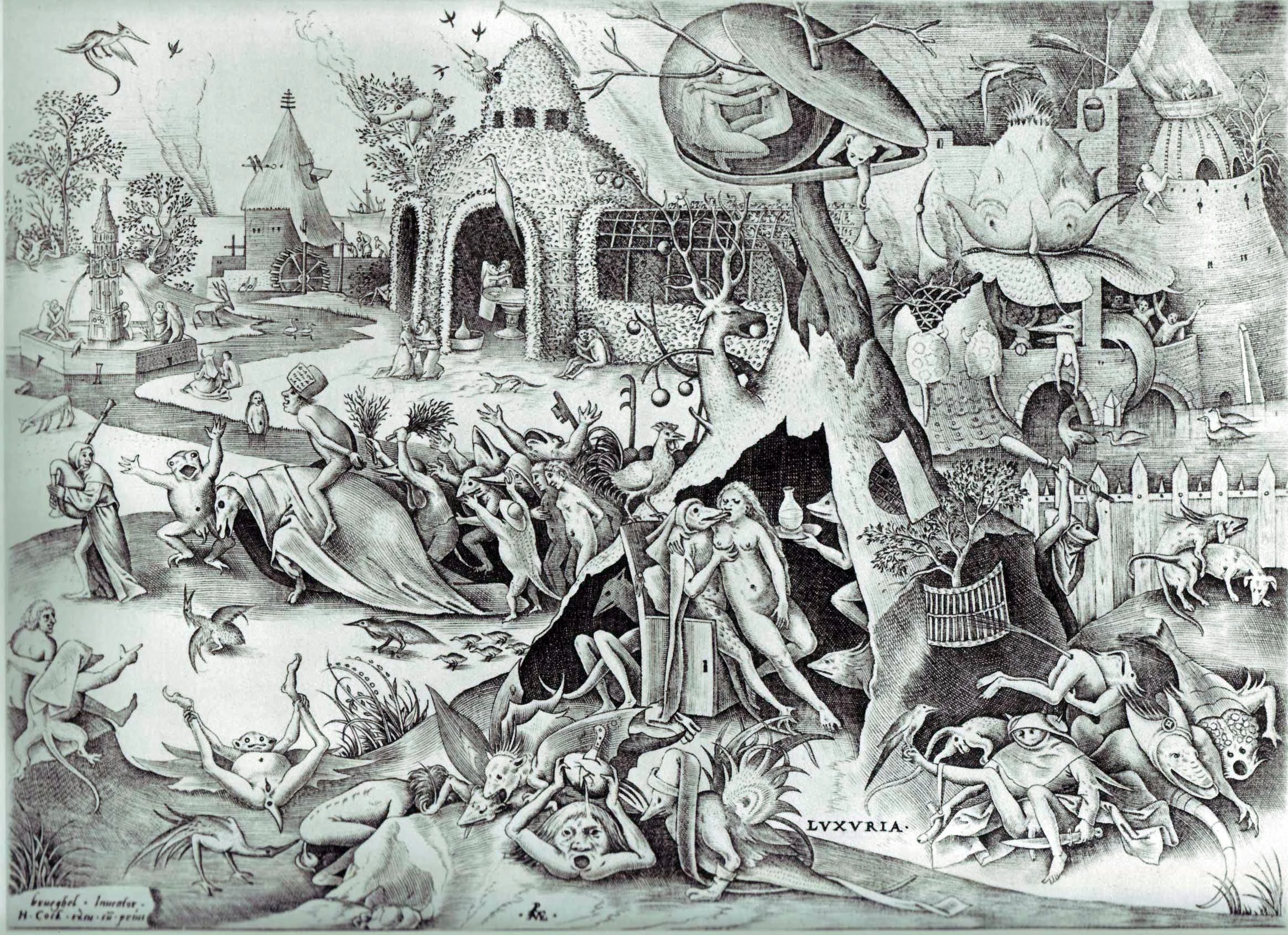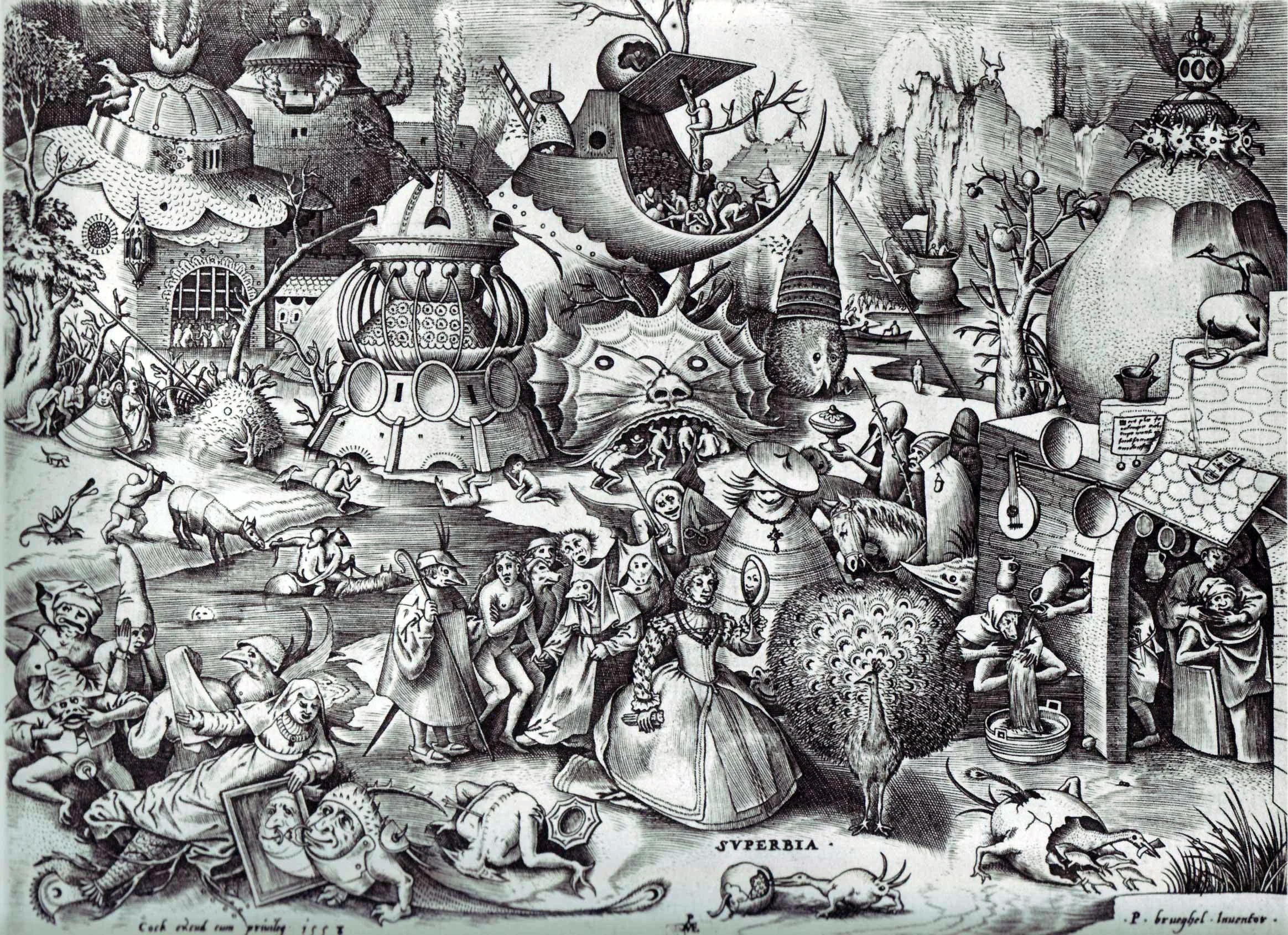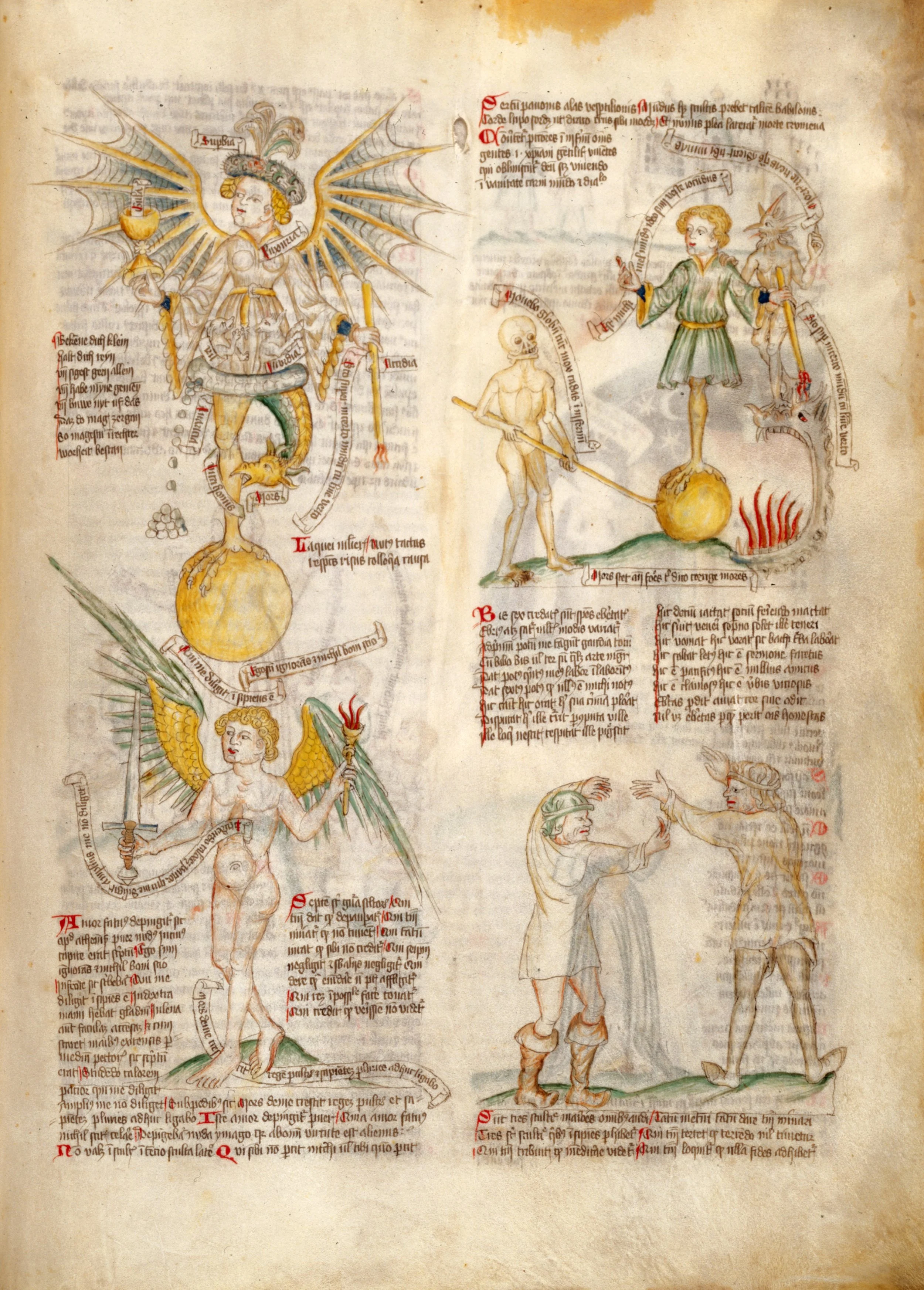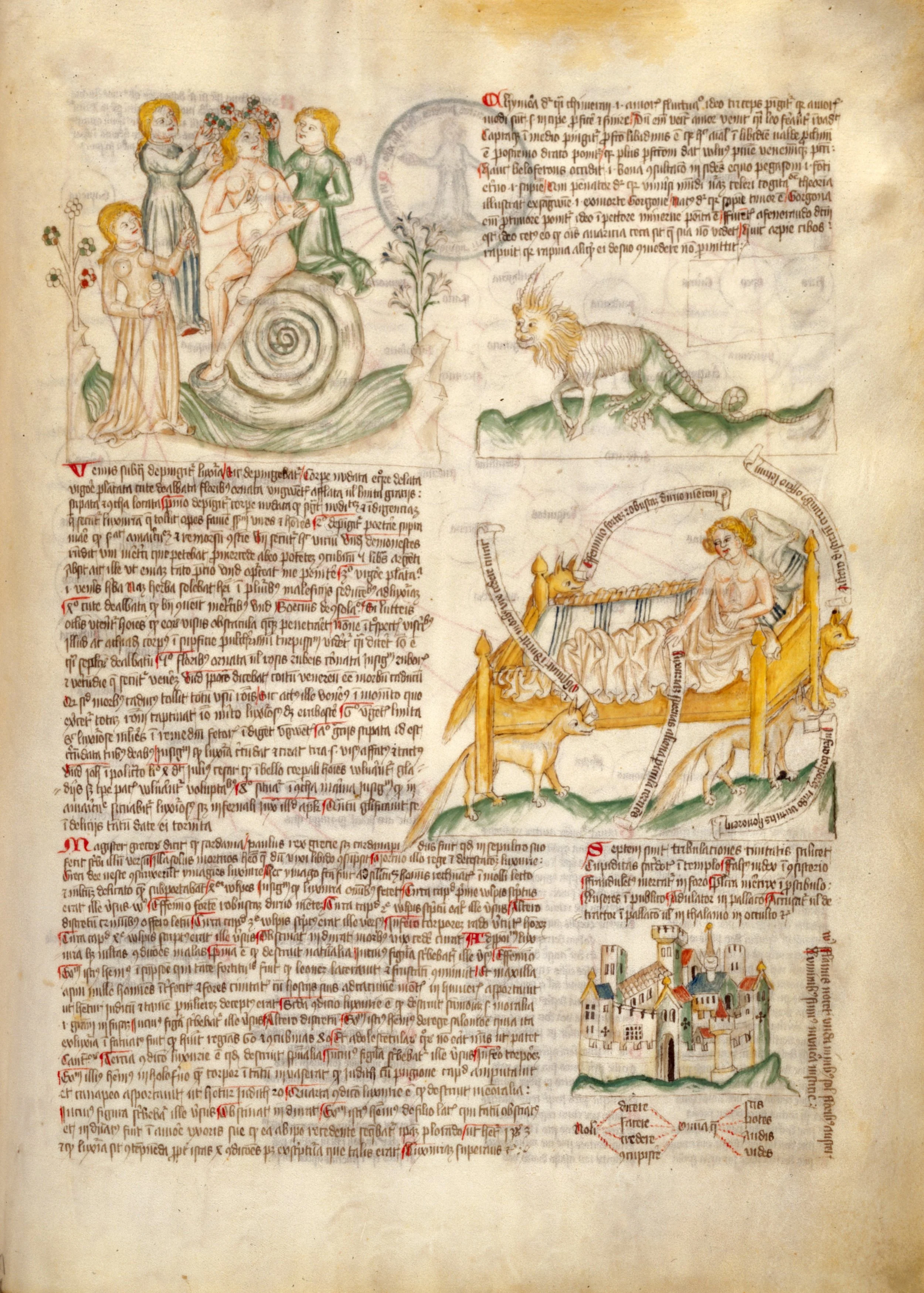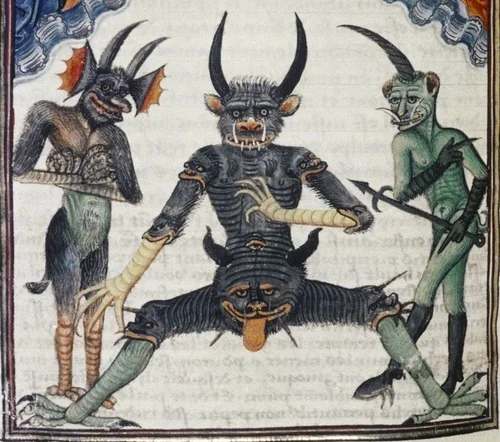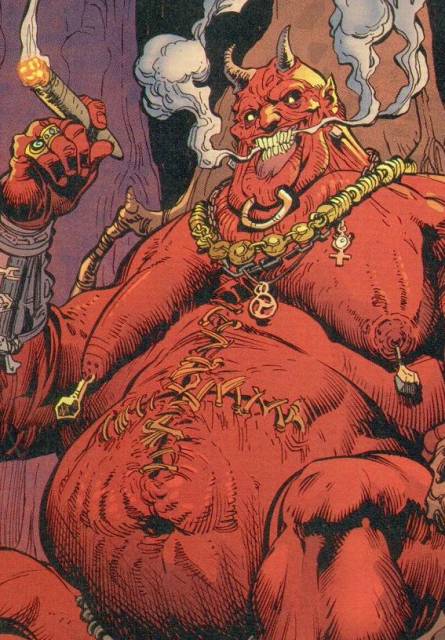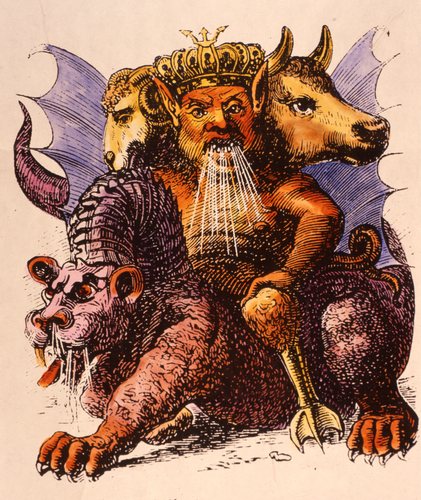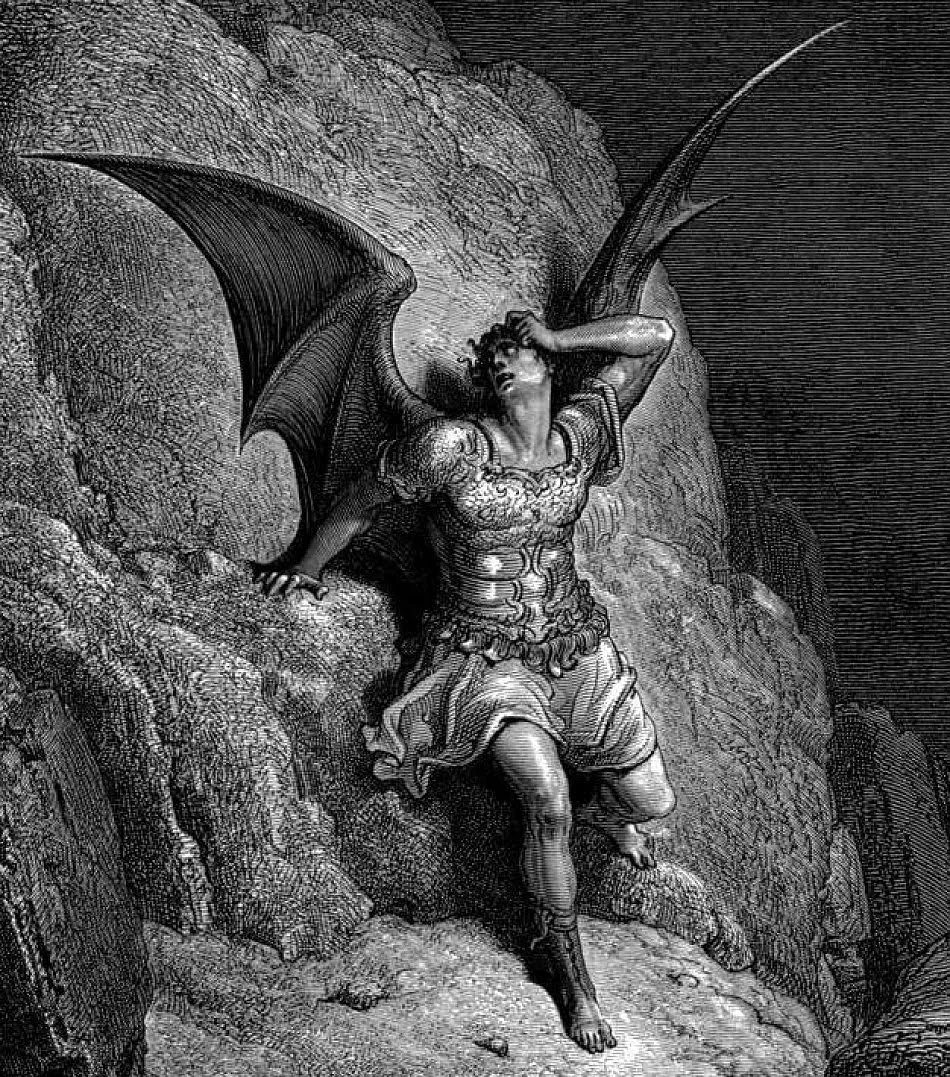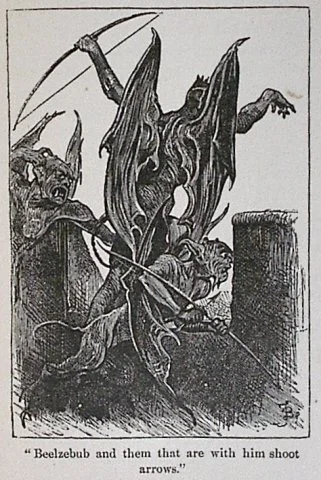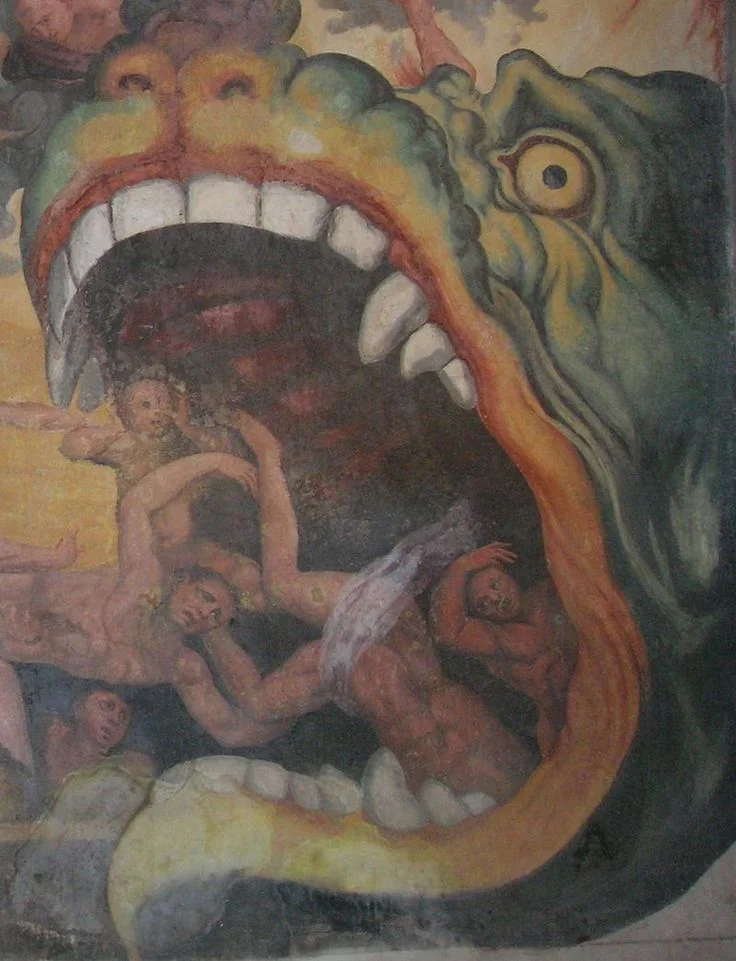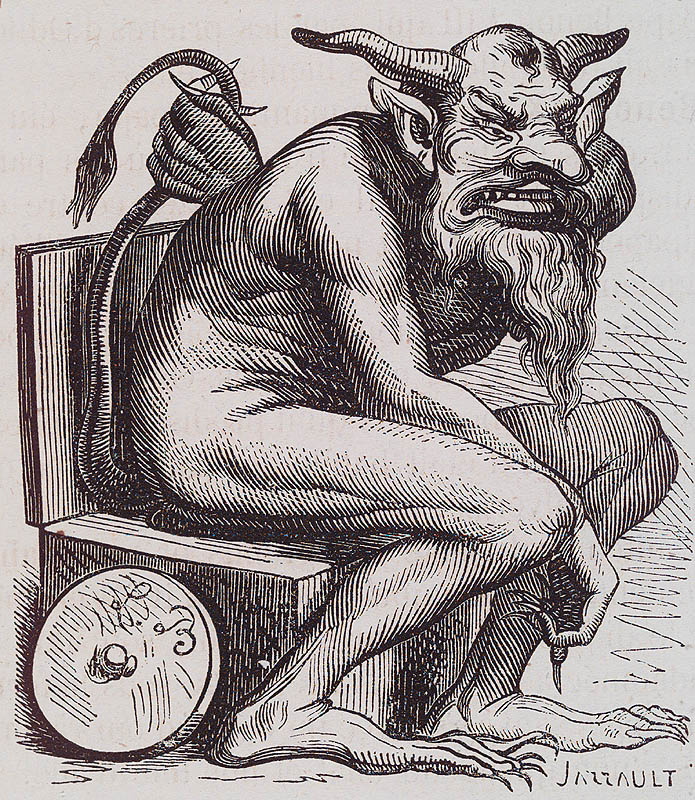Our glossary of New and Old Testament creatures from God’s Monsters by Esther Hamori reveals some shocking surprises. Did angels actually have wings? How are cherubs described? You won’t believe the answers!
Those who take the Bible literally must believe in monsters — the Old Testament especially is filled with them. And in almost every case, they’re working for God.
“The biblical world is full of monsters,” writes Esther J. Hamori in her 2023 book, God’s Monsters: Vengeful Spirits, Deadly Angels, Hybrid Creatures and Divine Hitmen of the Bible. “Uncanny creatures lurk in every direction, from the hybrid monsters surrounding God in heaven to the stunning array of peculiar beings touching down on earth, and from giants in the land of milk and honey to Leviathan swimming beneath the seas. Most have been tamed by time and tradition.”
When you dig into the stories of the Old Testament, a horrifying revelation takes place. This God isn’t a loving god; in fact, he’s a major dick. Time after time, God unleashes his monsters to slaughter humans — and even his Chosen People aren’t safe from his wrath.
“Nowhere in the Bible are angels said to have wings.”
“God is surrounded by bizarre, monstrous creatures, and they commit remarkably violent acts on his command,” Hamori says.
Disclaimer: The findings put forth in this post are those of Hamori, not me. Please don’t kill the messenger.
New and Old Testament Monsters Guide
Abaddon
What its name means: A word for the abyss or place of destruction (essentially Hell)
What it looks like: He’s not described, though he’s called the Angel of the Abyss.
What it does: He’s the one who brings forth horrific monsters with iron-like locust bodies, human faces, women’s hair, lion’s teeth and scorpion tails during the Apocalypse (Revelation 9:1-11).
angel
“Among the many monstrous creatures in the biblical heavens, angels are the most like us,” Hamori writes. “They’re the most human of monsters, not just in their sometimes-anthropomorphic appearance, but in their characters. They’re the best of it all and the worst, the most benevolent and the most brutal.”
What its name means: From the Greek word for messenger.
What it looks like: Most of the time, angels are described as looking like humans. And keep in mind, Hamori says, that they’re not White; they’d look like the people of the region — that is, Middle Eastern.
One aspect that’s never mentioned? Nowhere in the Bible are angels said to have wings.
They’re shapeshifters, taking other forms now and then. In Daniel 10:5-8, an angel is described as having a body like a gemstone, arms and legs like burnished bronze, a face like lightning and eyes like flaming torches. And the angel who led the Israelites through the desert appeared as a pillar of smoke during the day and a pillar of fire at night.
What it does: Most of the time, angels scare people, even when they come in peace. They tell Mary she’s going to give birth to God’s son, save Hagar and her son, Ishmael, and guard the Israelites during the Exodus.
But they’re not always so benign. They’re also God’s warriors. One angel slaughters 185,000 Assyrians while they sleep. When Herod Agrippa is greeted like a god by the people, an angel strikes him down. He’s eaten by worms and then dies. “Not the other way around,” Hamori points out (Acts 12: 21-23).
And then there are the angels from the book of Revelation. At the end of the world, they’ll be throwing people into the fires of Hell for eternal punishment, and they’ll unleash hail and fire mixed with blood, throw a fiery mountain into the sea, poison the Earth’s freshwater, darken the sun, moon and stars, and unleash hybrid locust monsters.
See also: The Destroying Angel, the Destroyer
Azazel
What its name means: His name basically means The Goat That Departs.
What it looks like: Not sure
What it does: A goat (i.e., scapegoat) is designated “for Azazel” and carries off the burden of the people’s sins (Leviticus 16:8-10). (Sounds a bit like Jesus, doesn’t it?)
cherub / cherubim (plural)
“Like so many biblical monsters, the cherubim have been tamed over the centuries,” Hamori writes. “Their case is especially severe: They’ve been literally infantilized. Cherubim are imagined now as happy, fat angel babies. To the writers of the Bible, this image would be unrecognizable. They knew cherubim as something far more beastly, and far less friendly.”
What its name means: The Hebrew word is related to an Akkadian term for a type of hybrid monster.
What it looks like: This is where it gets confusing. They’re never clearly described in the Bible, though it’s thought they could be related to other guardian hybrids, like the lamassu of Assyria: winged lions or bulls with human heads.
But then there are the cherubim the prophet Ezekiel saw in a vision: “Their bodies appear humanoid, but they have four wings, straight legs with the hooves of a calf, and under their wings, human hands. Each cherub has four faces: those of a human being, a lion, an ox and an eagle,” Hamori writes. “But when he sees them again later, the four faces are those of a cherub, a human being, a lion and an eagle.”
So what exactly is the face of a cherub? Something indescribable? Or the four faces originally seen? If that sounds too bizarre to even consider, things get even more psychedelic: Their bodies sparkle like bronze, entirely covered with eyes and morphing to become a living chariot to carry God.
And then they show up in the book of Revelations, which is one batshit crazy hallucination after another. The cherubim here still have four faces (though this time they’re of a lion, calf, human and eagle), and they’re still covered with eyes. But now they have six wings as well as hands, which they use to hold harps and golden bowls “full of the wrath of God” (Revelation 5:8-9; 15:7).
What it does: They’re God’s bouncers, bodyguards and getaway drivers, Hamori tells us. God stationed cherubim at the gates of Eden to prevent Adam and Eve from reentering paradise. Statues of cherubim are also put to work guarding the Ark of the Covenant, where God resides on earth. (They seem a bit superfluous, since the ark, stolen by the Philistines, destroyed a statue of Dagon, one of the gods of the Old Testament, all by itself.)
As a chariot in Ezekiel’s vision, the cherubim flap their wings, which make a deafening noise. They’re fond of singing hymns and praising God. They also hand over the coals God uses to burn down Jerusalem.
demon
In the Old Testament, demons are called upon to do some of God’s dirty work — though they’re not nearly as bloodthirsty as angels. “By the New Testament period, demons are definitively associated with Satan and are fully excised from the divine entourage,” Hamori writes. “God has banished his demons.”
What its name means: From Greek, describing an evil or unclean spirit
What it looks like: As vivid as later depictions of demons as hybrid horrors are, they’re glossed over in the Bible.
What it does: “If angels are the most like us, demons are the least,” Hamori writes. “They exist to cause harm. In the Hebrew Bible, they often take the form of plague, pestilence and disease. In the Gospels, an embarrassment of demons causes all manner of illness and disability.”
The Destroyer
What its name means: From a Hebrew word meaning “the Destroyer”
What it looks like: No description in the Bible
What it does: The Destroyer is the angel that murders all of the unprotected firstborn children in Egypt on God’s behalf during the 10th plague.
The Destroying Angel
What its name means: Pretty self-evident
What it looks like: A giant filling the sky, with a massive sword drawn
What it does: Don’t confuse this guy with the Destroyer, though they’re both capable of mass murder.
giant
What its name means: Giant has an obvious translation, but the ancient Israelites used the name of one group of rivals, the Rephaim, as a generic term for giants.
What it looks like: The bed of King Og, ruler of the Rephaim, gives us a clue as to their size: It’s 13.5 feet long and 6 feet wide. And the infamous Philistine warrior Goliath came in at over 9.5 feet tall.
What it does: They live in Canaan, a place where the people have been monsterized, turned into supersized cannibals. And so, in turn, they’re described as dehumanized foreigners (never mind that they were actually the indigenous inhabitants) that are “giants to be slain, food to be eaten, and animals to be killed,” Hamori writes.
Leviathan
What its name means: Coming from a Hebrew word, the name means something like the Twisted or Coiled One.
What it looks like: The primordial sea monster’s form is somewhat left to the imagination, though we get this description in Job:
His sneezes flash forth light; his eyes are like the eyelids of the dawn.
Out of his mouth go flaming torches; sparks of fire escape!
Out of his nostrils comes smoke, like a basket with bulrushes ablaze.
His breath could kindle coals; flames come out of his mouth.
In his neck lodges strength; terror dances before him.
The folds of his flesh cleave together, hard-cast and immovable.
His chest is hard as a rock, hard as the bottom grinding stone.
When he rises up, gods fear! at the crashing, they are beside themselves. (Job 41:18-25)
The beast evolves dramatically in the book of Revelation, becoming a giant red dragon with seven heads.
What it does: “The sea monster is God’s forever foe, fought and slain in days already ancient to the biblical writers but promising to resurface for another round, destined to be slain again in the most distant future,” Hamori writes.
Psalm 104:26 has a different take: It mentions Leviathan, declaring: “whom you formed in order to play with him.” Is this eternal battle with Leviathan just a game to God?
Job once more has the most poetic descriptions of Leviathan:
A sword reaching him will not endure, nor spear, dart or javelin.
He thinks of iron as straw, and bronze as rotten wood.
The arrow cannot make him flee; sling-stones become chaff to him.
Clubs are reckoned as chaff; he laughs at the shaking of javelins.His underparts are like the sharpest of potsherds; he crawls like a threshing sledge in the mud.
He makes the deep boil like a cauldron; he makes the sea like a pot of ointment.
Behind him, he leaves a shining wake; one would think the deep to be white-haired.
He has no equal upon the earth, a created thing without fear.
He looks upon everything lofty, he is king over all the proud. (Job 41:12-34)
Mavet (aka Death)
What its name means: Death
What it looks like: He has an enormous mouth to feed his rapacious appetite.
What it does: “Mavet has come up through our windows, he has come into our palaces, to exterminate the children from the streets, the young men from the town squares” (Jeremiah 9:21).
But you know him better as the Fourth Horseman of the Apocalypse: He’s the last to come, riding a pale horse. His mission? Kill one-quarter of the Earth’s population.
nephilim
What its name means: The word may mean something like “monstrous births.” It has to do with falling and is used to describe fetuses that are “fallen” — that is, miscarried.
What it looks like: Hybrids who are the offspring of the daughters of men raped by the sons of God (lower-level divine beings, and not angels, Hamori points out). In one mention in Genesis, the nephilim are also described as giants.
What it does: The name is used to describe an ethnic group of “mighty men” from the land of Canaan.
See also: giant
Qetev
What its name means: Scholars aren’t sure and have translated it in a variety of ways, including Destruction or the Sting.
What it looks like: No description provided
What it does: In one story, he’s a destructive force of nature: “a whirlwind of Qetev, like a storm of mighty overflowing water he hurls down to the earth with his hand” (Isaiah 28:2).
Resheph (aka Plague)
What its name means: We’re not sure, though it’s most often translated as Plague.
What it looks like: Outside of the Bible, he’s a god who shoots poisonous flaming arrows.
What it does: He liked to use fire and lightning to kill people at God’s behest.
Satan (aka the Adversary)
What its name means: Satan is the Hebrew word for adversary.
What it looks like: Forget the red skin, horns, cloven hooves and tail. There’s no real description of the adversary in the Bible.
Adversaries can make themselves invisible, though (just not to donkeys, apparently).
What it does: The prophet Balaam was doing what God asked him to do — and yet he got a sword-wielding angel called a satan sent to murder him.
Tip: Ride a donkey. Somehow the donkey, not known as the fastest or most agile of beasts, evades the satan’s attack not once but three times.
It’s in the story of Job that things take a much darker turn. God and the Adversary (now capital A, in his official role as prosecutor in the heavenly court) decide to punish another innocent man, this time to see if he wavers in his faith to God. It’s some sort of sadistic experiment.
So, the Adversary summarily kills all of Job’s livestock and most of his servants. As if that’s not enough, he then sends a windstorm to blow down a house, which collapses, crushing all 10 of Job’s kids to death. Oh, and then they throw in some torture for good measure. Job’s body is covered with painful boils from head to foot.
seraph / seraphim (plural)
Much more impressive than their snakelike cousins, seraphim are mentioned in a vision the prophet Isaiah has, where he sees the giant form of God sitting on a throne in the Jerusalem Temple. He’s surrounded by seraphim calling out, “Holy, holy, holy is the Lord of Armies!” (Isaiah 6:3).
What its name means: The Hebrew word suggests burning; essentially these are “burners.”
Keep in mind that “all translation is interpretation,” Hamori writes. “In this case, translators decide that Isaiah’s heavenly seraphim are unrelated to the deadly seraphim-serpents in other texts — and so they leave the Hebrew word seraphim untranslated only in Isaiah 6. Readers then have the impression that these creatures are unconnected.”
What it looks like: They have six wings. In Isaiah’s vision, two cover their faces; two cover their feet (a euphemism for genitals in the Bible); and two are used to fly. They’ve also got humanoid hands and feet, as well the body of a snake.
What it does: Isaiah stupidly mentions that his lips are “unclean” — so a seraph takes a burning coal and shoves it on his mouth. After performing this horrifying act, “the seraph explains the logic of this assault,” Hamori writes. “It’s to get rid of Isaiah’s sin.”
seraph-serpent / seraphim-serpents (plural)
During the Exodus, the wandering Jews couldn’t catch a break. After they had suffered from dehydration and disease, God sicced a swarm of poisonous snakes called seraphim-serpents on them (Numbers 21:4-9).
What its name means: Again, the Hebrew word roughly translates to “burners.”
What it looks like: This is a much less intense version of the heavenly seraphim. It’s a deadly snake with a bite of burning poison.
What it does: Kill numerous people with its lethal venom. Tip: To cure those who haven’t yet succumbed to the agonizing pain, create a seraph (Moses made his out of bronze), put it on a pole — and, in a bit of sympathetic magic, when the inflicted look upon it, they’ll be miraculously cured.
spirit
What its name means: The Hebrew word for spirit is ruah, which also means wind or breath.
What it looks like: In 1 Kings, a “spirit — which you’d think by definition, should be disembodied — comes forward from the group and stands before God,” Hamori writes. “It’s only when the spirit crosses into the human realm that it shapeshifts, as if disintegrating into myriad invisible particles that can enter the mouths of four hundred prophets.”
What it does: In 1 Samuel, we learn why Saul gets rejected by God. He’s told to slaughter every last Amalekite — but Saul has the gaul to spare one single life: that of the king. For this, he’s abandoned by God, who chooses David instead. The merciful Saul is punished, “tormented by an evil spirit that ravages his mind, sending him into fits of frenzied violence,” Hamori writes.
When they’re not driving people insane, God’s evil spirits also sow discord, as one does with Sennacherib: “I will put a spirit in him and he will hear a rumor, and he will return to his land and I will make him fall by the sword of his own hand,” God says in 2 Kings 19:6-7. (Sure enough, the king heads home — and is promptly murdered by his sons.)
Is God the Real Monster?
Esther J. Hamori’s book God's Monsters challenges the sanitized interpretations of biblical creatures and forces us to confront a more terrifying and complex vision of God.
“We’ve seen this God do bad, bad things,” Hamori writes. “He rarely does his own dirty work, instead deploying an array of monstrous creatures to get the job done, and always just the right monster for the moment: seraphim to threaten and intimidate people into submission, cherubim to guard the gateways and periodically to burn down portions of the earth and usher in divine destroyers, the Adversary to condemn and torture the innocent, spirits to gaslight, demons to destroy, and for a good old-fashioned slaying, perhaps an angel (if the angels aren’t too busy dragging people to hell or murdering masses of the earth’s population.”
The God of the Old Testament has long been understood to be a more angry, vengeful and even petty deity, especially when contrasted with the more compassionate figure of the New Testament. But the harsher aspects of God’s character have been whitewashed over time, likely because they make people uncomfortable. Hamori presents God not as a benevolent figure but one who commands a terrifying and violent entourage to enforce his will. In many ways, that makes him the biggest monster of all. –Wally






